
One of the world’s leading publishers of printed classical and educational music.

William Walton Catalogue
- Text
- Walton
Division at this point,
Division at this point, after he had completed his work on the project. In the National Archives (PREM4/99/5, dated March 1942), a minute of 16 March says that the PM had told P. J. Grigg (Secretary of State for War) that he did not think Next of Kin ought to be shown publicly at present. There is also a letter of 28 March to say that Mr Churchill would leave the matter to Grigg’s judgement. First public showing: London, Carlton Cinema and the London Pavilion, 15 May 1942 First USA showing: New York, Rialto Cinema, 5 May 1943 Bibliography: Ruth Artmonsky, Jack Beddington: The Footnote Man (London: Artmonsky, 2006), 73–84 • Anthony Aldgate and Jeffrey Richards, Britain Can Take It: The British Cinema in the Second World War (London: Tauris, 2007), chapter 5: ‘Careless Talk Costs Lives: The Next of Kin’, pp. 96–114 • James Chapman, The British at War: Cinema, State and Propaganda, 1939–1945 (London: Tauris, 1998), 156, 190–91, 226, 285 • J. V. Morris, ‘Battle for Music: Music and British Wartime Propaganda, 1935–45’ (PhD diss., University of Exeter, 2011) • Jeffrey Richards, Thorold Dickinson: The Man and his Films (London: Croom Helm, 1986), 84–108 • MFB 9 (June 1942), 69; NYT, 6 May 1943, p. 25 (B. Crowther); Ob, 17 May 1942, p. 7 (C. A. Lejeune); Times, 14 May 1942, p. 6; ST, 17 May 1942, p. 2 (D. Powell) Recordings: film available on DVD DD 20093 Other versions C42a The Next of Kin adapted for radio and produced for broadcasting by Cecil McGivern Cast included: Nora Pilbeam, Stephen Murray, and members of the BBC Drama Repertory Companies. First performance: Broadcast on the Home Service on 6 July 1942. It was repeated on 1 August 1942. Part of the music (overall timing 12' 25") was taken from the soundtrack and dubbed on to discs for use by the BBC. C46b A Wartime Sketchbook for orchestra Arranged by Christopher Palmer and based on the music for the following films: C42 The Next of Kin 61 A. The Foreman went to France (C44); B. The Next of Kin (C42); C. Went the Day Well? (C47); D. Battle of Britain (C81) 1. Prologue (from B and C); 2. Bicycle Chase (from A); 3. Refugees (from A); 4. Scherzo (Gay Berlin) (from D); 5. Foxtrot (‘All Over the Place’ by Noel Gay and Frank Eyton) (from B); 6. Lovers (from B); 7. Striptease (from B); 8. Epilogue (from A) Instrumentation: 3.2.3.2/4.3.3.1/timp/perc (4: tri, cym, sus cym, tamt, cast, 2wb, glock, xyl, bells, church bell, bongos, sd, td, field drum, bd, drum kit, tamb, rattle, whip)/pno/hp/Spanish gtr (opt)/strings Duration: 20 minutes First performance: London, St Jude’s Church, Central Square, 2–3 March 1990 (recording sessions for the Chandos disc, see below) Publication: score and parts on hire: OUP, 1990 Recordings: CD Academy of St-Martin-in-the-Fields / Neville Marriner. Chandos CHAN 8870 (1990); CHAN 9426 (1995); CHAN 24112 (2003) C42c Prologue (No.1) from A Wartime Sketchbook arranged for organ by Christopher Palmer and Robert Gower Duration: 5 minutes Publication: Robert Gower, ed., A Walton Organ Book, OUP, 1996 Recording: CD Robert Gower (organ, Hereford Cathedral). Priory PRCD 591 (1996) C42d A Wartime Sketchbook arranged for concert band by Kimura Publication: available on hire from Music Supply Tokyo C42e No. 6 ‘Romance’ from A Wartime Sketchbook arranged for brass band by Paul Hindmarch Duration: 3 minutes First performance: Theale, Theale Green School, 8 May 1993 (Newberry Spring Festival); Besses O’Th’Barn Band, conducted by Paul Hindmarch Publication: available on hire: OUP, 1993 Recordings: CD Black Dyke Mills Band / James Watson. ASV CD WHL 2093 (1995) For perusal purposes only
62 C43 Macbeth C43 Ma c b e t h incidental music for William Shakespeare’s play Date of composition: 1941 (Christmas Day) to 1942 (New Year’s Day) Holograph: Beinecke Rare Book and Manuscript Library, Yale University: GEN MSS 601 (FRKF 581) Music composed for the following: A detailed musical plot was worked out by John Gielgud and Walton for the production: Act I: Prelude (Allegro furioso); Slow march—Transition between Scenes i and ii; Transition between Scenes ii and iii; iii and iv; iv and v; v and vi; vi and vii; Banquet Music; Transition to Scene viii. Act II: Prelude to Act II (Grave); Fanfare (Scene ii); Murder Music; Transition between scenes iia and iii; iii and iv; Banquo’s Ghost. Act III: Prelude to Act III; Fanfare; Witches’ Music; 3 apparitions; March of the Eight Kings; Transition between Scenes iii and iv; v and vi; vi and vii, vii and viii; viii and ix; Fanfare; Transition between Scenes ix and x; x and xi; Fanfares; Final lines. Instrumentation: 2(II + picc).2.ca.3.bcl.2/3.2.2.0/timp/ perc (2: cym, gong, cast, xyl, bell, sd, bd, tamb, flexatone, wind machine)/strings First performance: Manchester, Opera House, 16 January 1942; music (prerecorded by HMV for H. M. Tennant) played by the London Philharmonic Orchestra (which included Malcolm Arnold on first trumpet), conducted by Ernest Irving. Cast included John Gielgud (Macbeth), Leon Quartermaine (Banquo), Gwen FfrangÇon-Davies (Lady Macbeth), Jean Cadell (Weird Sister), and Alan Badel (Servant to Macbeth). Scenery: Michael Ayrton (some of his original designs in watercolour were with the score when discovered by the present author at OUP) and John Minton; costumes: Michael Ayrton. First London performance: Piccadilly Theatre, 8 July 1942, with the same cast Recordings: The first 78 rpm private recordings for use in this stage production were recorded on 6 January 1942. I am indebted to Philip Stuart, author of The London Philharmonic Discography (Westport (USA): Greenwood, 1997), for the following information: According to EMI archives, the matrix numbers of the fourteen sides were: CTPX11950–60 (recorded 6 January 1942) CTPX120092–3 (recorded 13 February 1942) CTPX12094 (recorded 16 February 1942) As the last three postdate the opening of the production, additional music or revisions may have been needed from Walton. All the masters were destroyed in November 1964 but copies survive; there is one set in the William Walton Archive, Ischia (presented by John Russell Thompson, an extra in the original production, in 1987) and a further, incomplete (CTPX11950–59 and CTPX12092–3) set given to the present author by the late Pembroke Duttson, whose relative was in the original production. Bibliography: Ronald Hayman, John Gielgud (London: Heinemann, 1971), 134–8 • Richard Mangan, ed., Gielgud’s Letters (London: Weidenfeld & Nicolson, 2004), 62–5 • MG, 16 Jan 1942, p. 6; 10 July 1942, p. 4; Ob, 5 July 1942, p. 2 (I. Brown); The Stage, 16 July 1942, p. 5; Theatre World 37 (September 1942), 9–17; Times, 6 July 1942, p. 8 Note: John Gielgud planned this production in 1941 and approached Walton through H. M. Tennant Ltd, in May or June, to see if he would provide a score. In a letter to the present author, dated 20 December 1975, Sir John wrote: [Walton] came to one or two rehearsals, and immediately decided to compose background music for the scenes of the witches, in accordance with the rhythms of their verses and the rhythms I was trying to achieve with the actresses in those scenes. I gave him the timings for the interludes and some scene-changes, and was amazed to find he had observed them meticulously without having to consult me further. I did not hear the music until it was ready to be used. . . . I was simply delighted when I heard it. (Craggs archive) In a letter, dated 12 July 1942, Walton asked Dallas Bower to go and see Macbeth or part of it again fairly soon, and ‘let me know how the music is sounding. And would you go and see John G. and tell him if you have any suggestions to make. I’ve warned him that I am sending you.’ In his reply, dated 21 July 1942, Bower told Walton that ‘the music was better ... and that he wanted to discuss some production points with him and JG.’ (BBC WAC) Other early performances: (1) First broadcast performance of recordings of the music (as used in the play) featured in Music-Lover’s Calendar, written by Walter Legge and produced by Alec Robertson. Broadcast on 13 September 1942 on the BBC Home Service Programme. • (2) Recordings of the music (‘borrowed from the theatre’) featured in From the Theatre in Wartime with John Gielgud and Gwen Frangcon-Davies. Produced For perusal purposes only
- Page 2 and 3:
General Editor: DAVID LLOYD-JONES C
- Page 4 and 5:
CONTENTS Introduction - James Brook
- Page 6 and 7:
Anyone taking this volume down from
- Page 8 and 9:
ORGANIZATION OF THE CATALOGUE This
- Page 10 and 11:
WILLIAM WALTON EDITION General Edit
- Page 12 and 13:
ACKNOWLEDGEMENTS I am deeply indebt
- Page 14 and 15:
Bibliographical abbreviations Add.M
- Page 16 and 17:
SELECTIVE CHRONOLOGY 1866 11 Oct Lo
- Page 18 and 19:
SELECTIVE CHRONOLOGY xix 1943 Feb o
- Page 20 and 21:
SELECTIVE CHRONOLOGY xxi Nov Sympho
- Page 22 and 23:
facsimiles For perusal purposes onl
- Page 24 and 25:
facsimiles xxv For perusal purposes
- Page 26 and 27:
facsimiles xxvii For perusal purpos
- Page 28 and 29:
facsimiles xxix For perusal purpose
- Page 30 and 31:
facsimiles xxxi For perusal purpose
- Page 32 and 33:
facsimiles xxxiii For perusal purpo
- Page 34 and 35:
List OF MAIN TITLES xxxv Romeo and
- Page 36 and 37:
the catalogue For perusal purposes
- Page 38 and 39:
C1 A Li t a n y partsong in four pa
- Page 40 and 41:
Nos. 1-3 Date of composition: July
- Page 42 and 43:
C9 Th e Pa s s i o n a t e Sh e p h
- Page 44 and 45:
16. Valse (‘Daisy and Lily’) Th
- Page 46 and 47:
Passengers Only: A Social Tragedy i
- Page 48 and 49: Eskdale (tpt), Willem de Mont (vc),
- Page 50 and 51: Façade 2: A Further Entertainment
- Page 52 and 53: First performance: 24 January 1922
- Page 54 and 55: C12g Ballet in One Act (Based on th
- Page 56 and 57: 1. Tango-Pasodoblé 2. Swiss Jodell
- Page 58 and 59: C13 To c c a t a C14 Fantasia Conce
- Page 60 and 61: C17 PORTSMOUTH POINT 23 Date of com
- Page 62 and 63: C18 Ro m e o an d Ju l i e t Ballet
- Page 64 and 65: C21 Si n f o n i a Co n c e r t a n
- Page 66 and 67: C22 Concerto for Viola and Orchestr
- Page 68 and 69: First performance: London, Royal Fe
- Page 70 and 71: From 17 April to 23 August 1948, I
- Page 72 and 73: Other early performances: London, S
- Page 74 and 75: C28 Es c a p e Me Ne v e r music fo
- Page 76 and 77: Faber, 1996), 187-8 • David Vaugh
- Page 78 and 79: OCB 299-2 Cue 21-22 [David playing
- Page 80 and 81: C32 Dr e a m i n g Li p s music for
- Page 82 and 83: Duration: 7 minutes Instrumentation
- Page 84 and 85: First London performance: Queen’s
- Page 86 and 87: C37 Concerto for Violin and Orchest
- Page 88 and 89: C37 Concerto for Violin and Orchest
- Page 90 and 91: Publication: WWE vol. 3, pp. 1-99 (
- Page 92 and 93: (b) Incidental music for Uncle Harr
- Page 94 and 95: minute Galop (the right title under
- Page 96 and 97: of the shelter to meeting; Barbara
- Page 100 and 101: y John Burrell. Broadcast on 7 Octo
- Page 102 and 103: Houldsworth Hall, 24 May 1943 (spec
- Page 104 and 105: Other versions C46a Christopher Col
- Page 106 and 107: A copy is also in the National Soun
- Page 108 and 109: of added brass, percussion and pian
- Page 110 and 111: First USA showings: Boston, Esquire
- Page 112 and 113: C50 Henry V 75 C50g Passacaglia:
- Page 114 and 115: 1946, p .4; 26 April 1946, p. 16; T
- Page 116 and 117: duel; Entry of the court (with fanf
- Page 118 and 119: Dedication: To Diana and Griselda [
- Page 120 and 121: y the BBC on television and radio);
- Page 122 and 123: expressed a strong wish to dedicate
- Page 124 and 125: Principals: Calkas, High Priest of
- Page 126 and 127: (D. Drew); Opera 14 (June 1963), 41
- Page 128 and 129: Bibliography: Opera Canada 49 (Sept
- Page 130 and 131: C63b A Shakespeare Suite from Richa
- Page 132 and 133: C65 C65 Concerto for Violoncello an
- Page 134 and 135: C68 Symphony No. 2 97 Commissioned
- Page 136 and 137: Bibliography: David Lloyd-Jones, WW
- Page 138 and 139: Recordings: CD Bach Choir / David W
- Page 140 and 141: C76 Variations on a Theme by Hindem
- Page 142 and 143: Holograph: Beinecke: GEN MSS 601 (F
- Page 144 and 145: Dedication: To André Kostelanetz.
- Page 146 and 147: C82 Improvisations on an Impromptu
- Page 148 and 149:
C86 Five Bagatelles 111 This work w
- Page 150 and 151:
C89 Anniversary Fanfare 113 Recordi
- Page 152 and 153:
C93 Roaring Fanfare 115 with Ian Fo
- Page 154 and 155:
C99 A Birthday Fanfare 117 Publicat
- Page 156 and 157:
GENERAl bibliography Anson, H. ‘T
- Page 158 and 159:
Foss, H. J. ‘William Walton’, H
- Page 160 and 161:
Kennedy, M. ‘Walton’s Isle Full
- Page 162 and 163:
Riley, M., ed., British Music and M
- Page 164 and 165:
personalia ABERCONWAY, Lady Christa
- Page 166 and 167:
and 1930s. Commissioned Walton for
- Page 168 and 169:
which he founded in 1946. Married t
- Page 170 and 171:
Irish Academy of Music. Both the Sa
- Page 172 and 173:
Orb and Sceptre Arr. for military b
- Page 174 and 175:
First Shoot, The Arr. for orchestra
- Page 176 and 177:
INDEX OF AUTHORS OF TEXTS Arnold, M
- Page 178 and 179:
Lord, now lettest thou thy servant
- Page 180 and 181:
Mayer, (Lady) Dorothy Moulton Canti
- Page 182 and 183:
Bantock, (Sir) Granville 34 Barber,
- Page 184 and 185:
Cathedral Church of Christ Church,
- Page 186 and 187:
Elms, Simon 117 Emery, Terence 13 E
- Page 188 and 189:
Hastings, Municipal Orchestra 44 Ha
- Page 190 and 191:
Laurence Olivier Memorial Service (
- Page 192 and 193:
Nabokov, Vladimir 107 Naismith, Nor
- Page 194 and 195:
Rosen, Carole 48, 66 Rosenstock, Jo
- Page 196 and 197:
Tate, Ohyiils 129 Tausky, Vilem 11,
- Page 198 and 199:
Wymark, Patrick 107 Wyndham Lewis,
- Page 200 and 201:
allet choreographed by Lindsay Kemp
- Page 202:
Sonata for String Orchestra (Quarte
Inappropriate
Loading...
Embed
Loading...

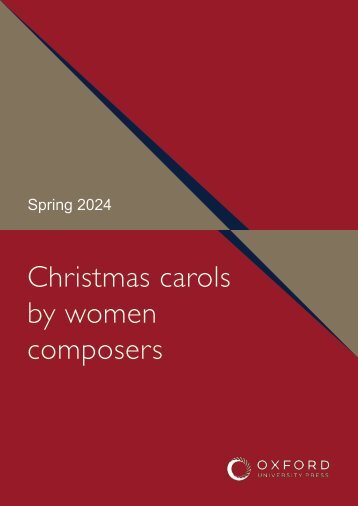
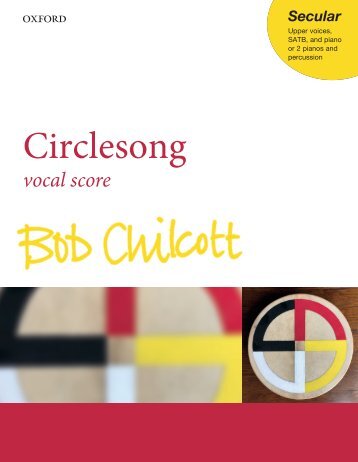
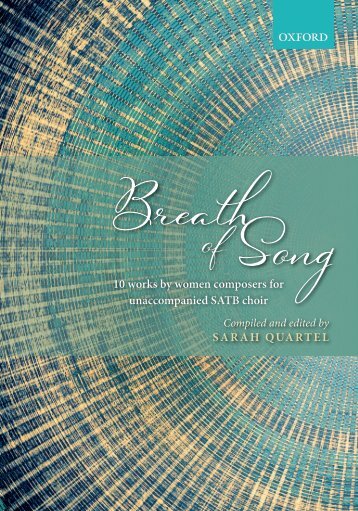
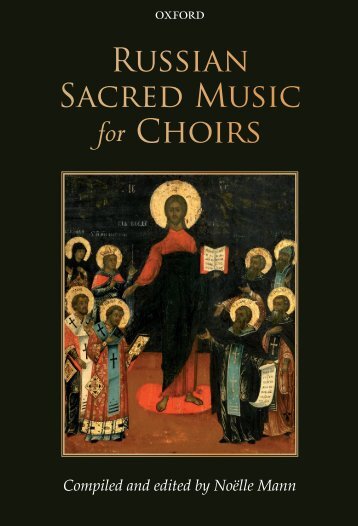

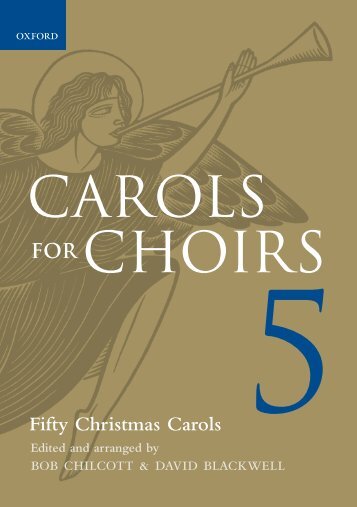
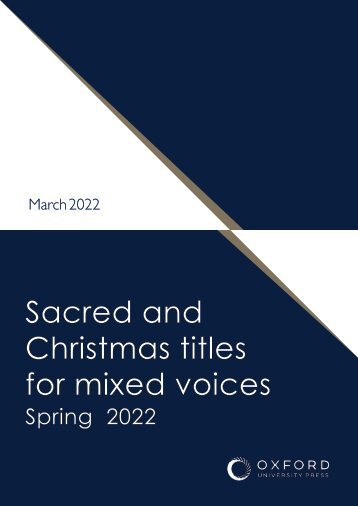
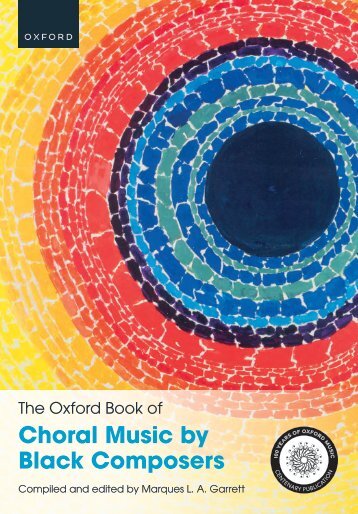
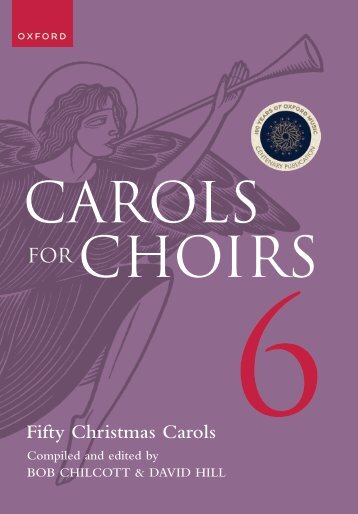
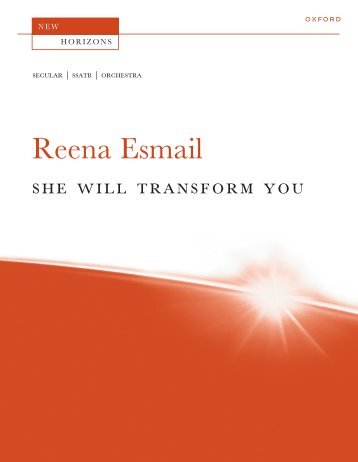
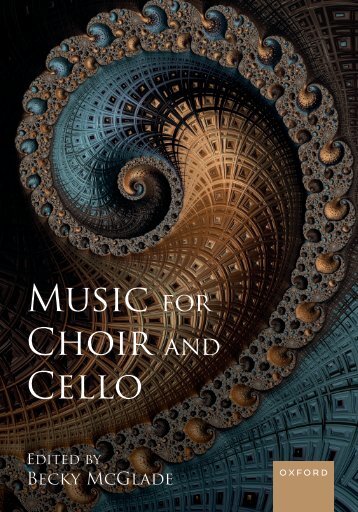

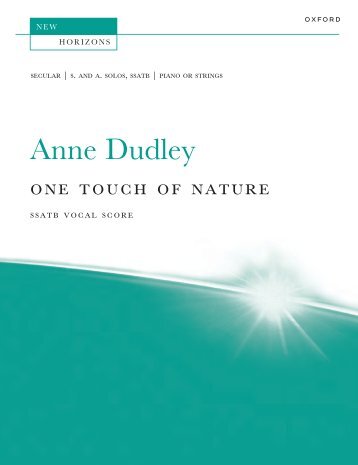
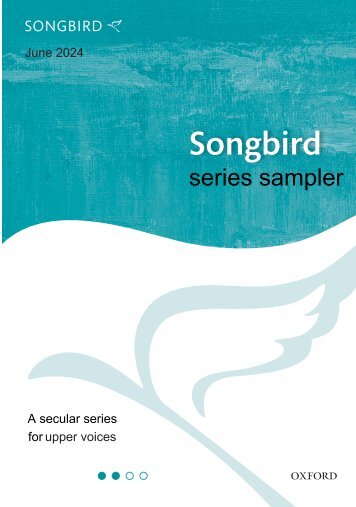
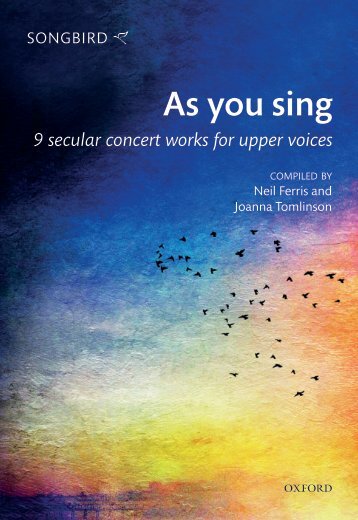
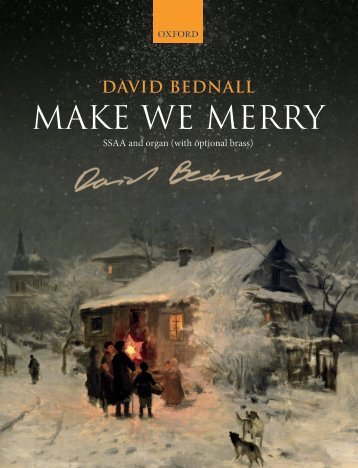
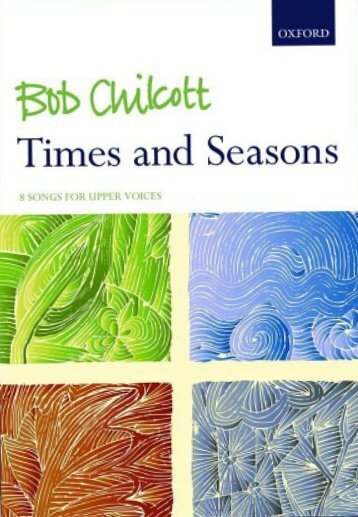
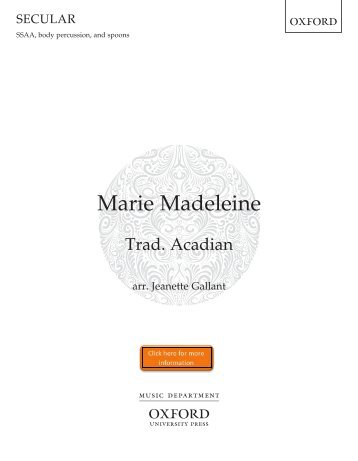

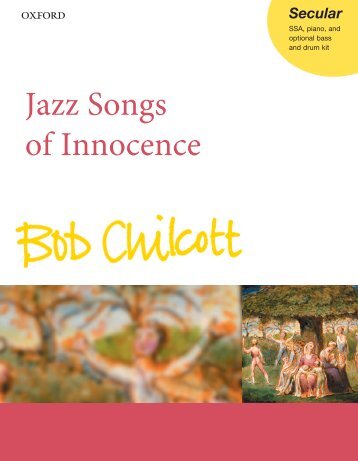
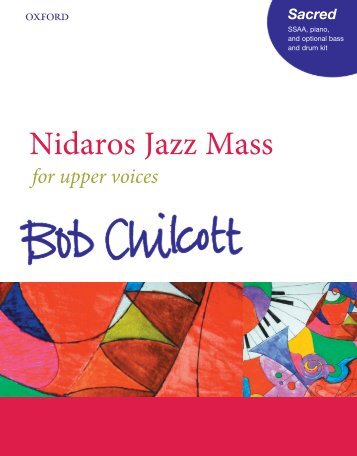
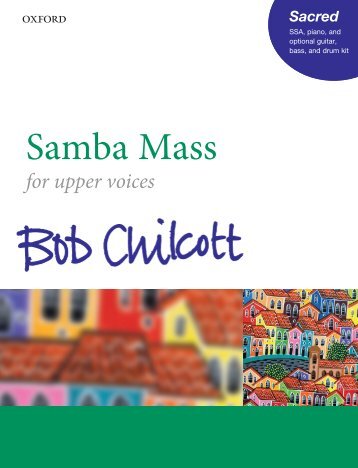

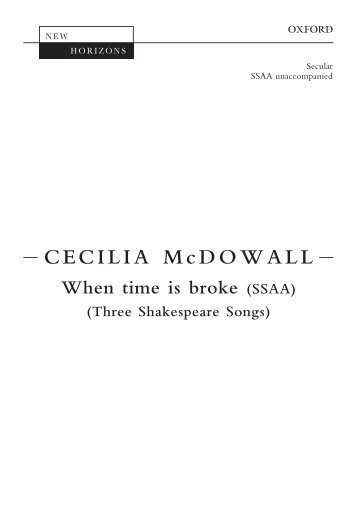
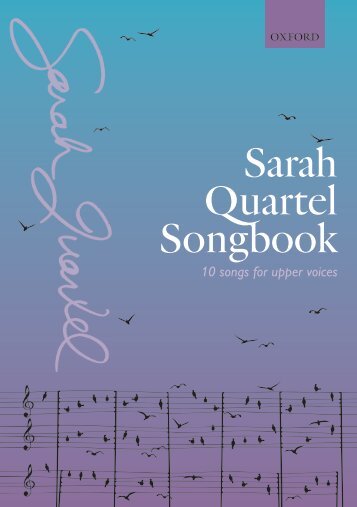
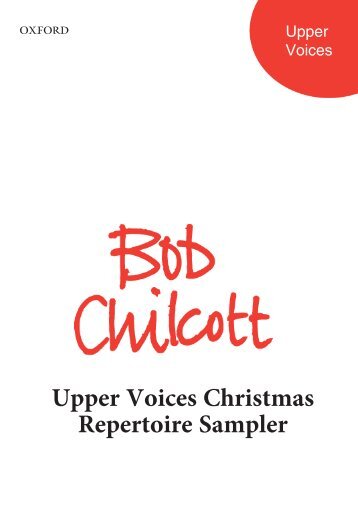
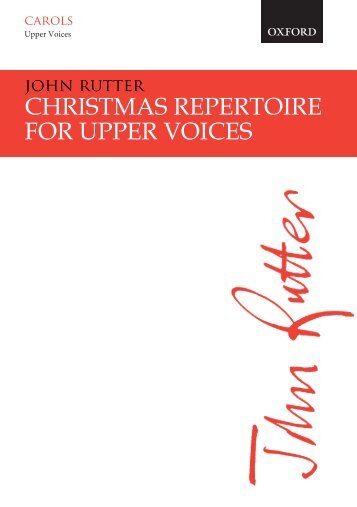
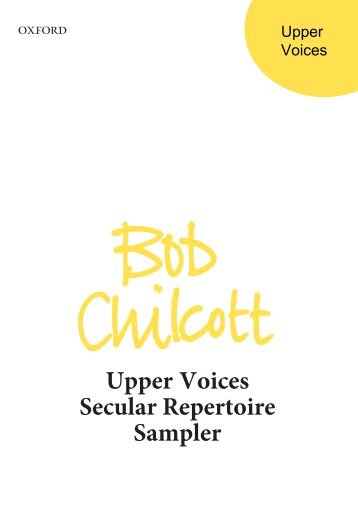
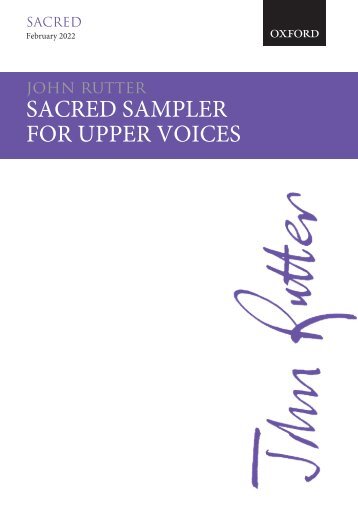
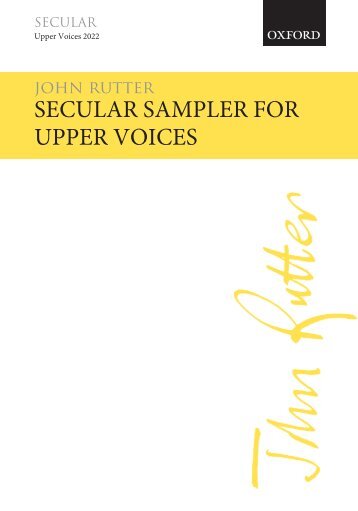
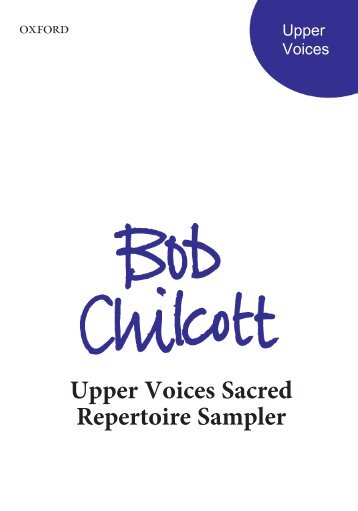
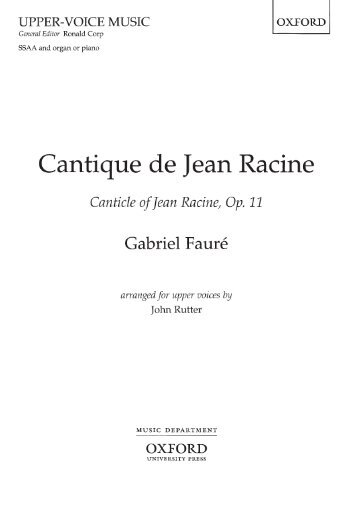

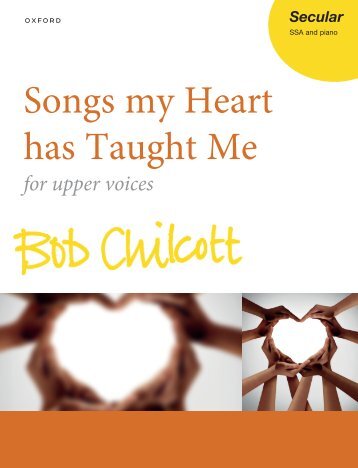
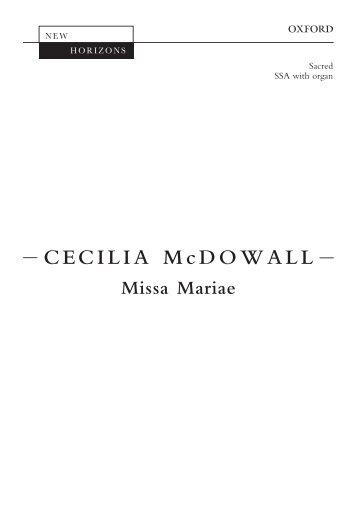
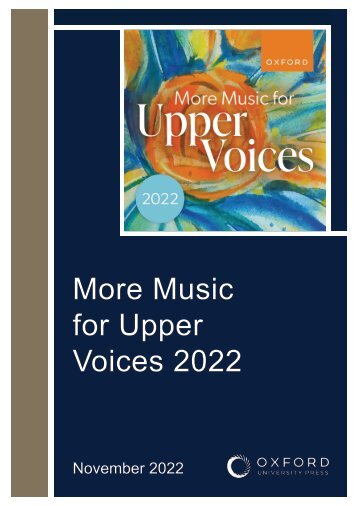
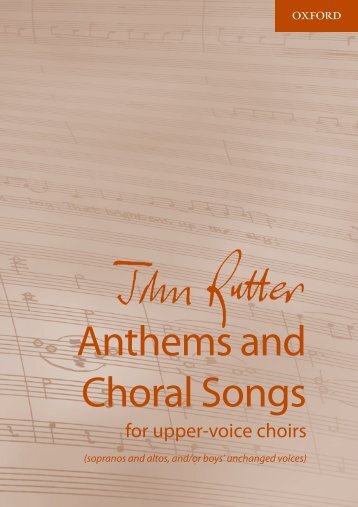
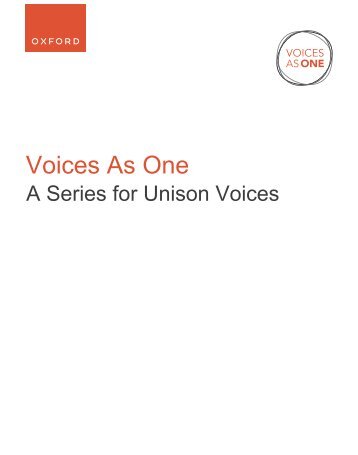
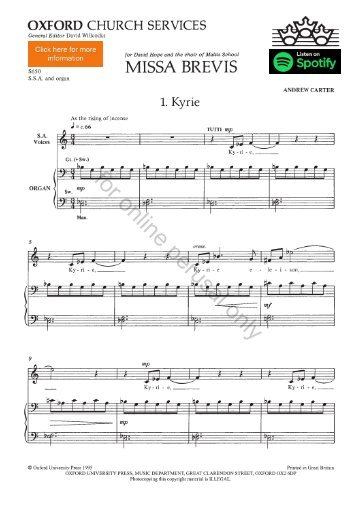
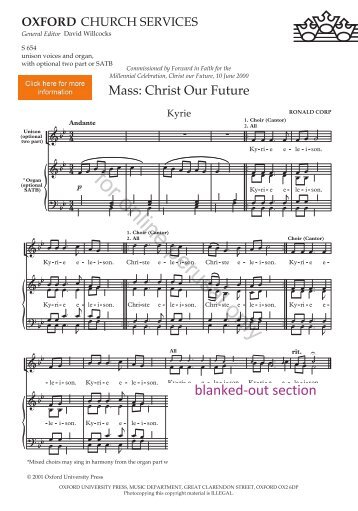
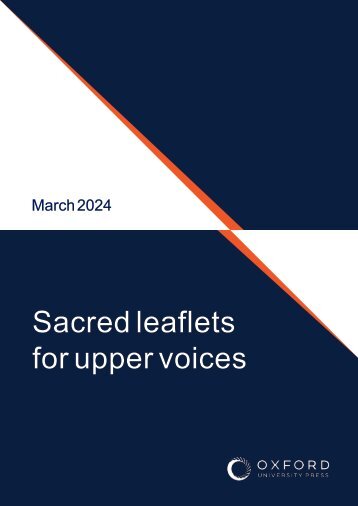
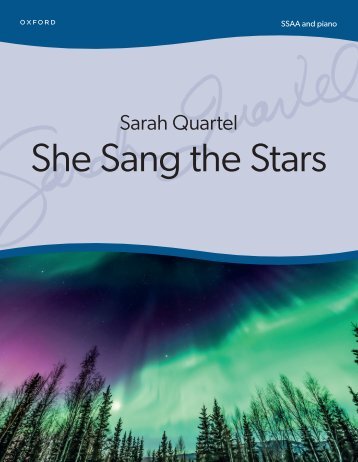

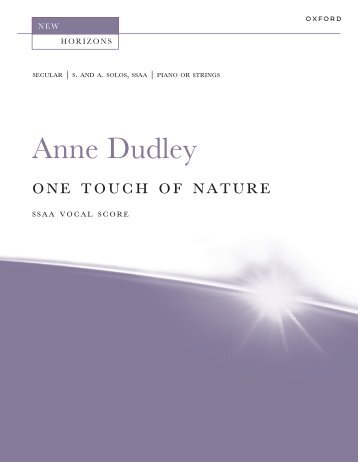
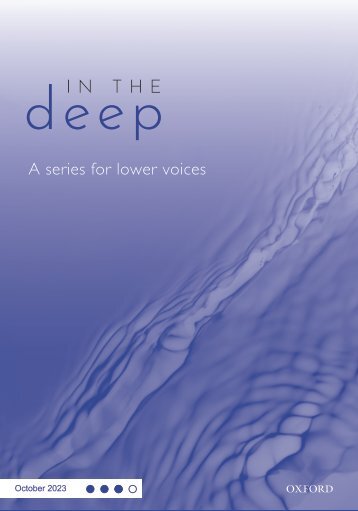
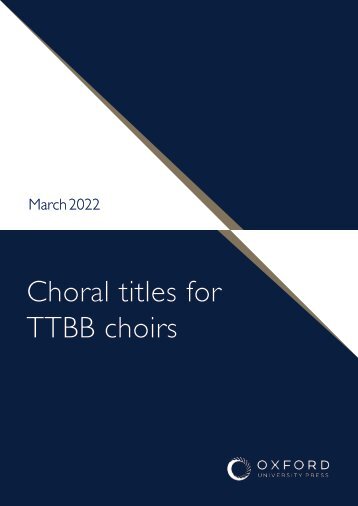
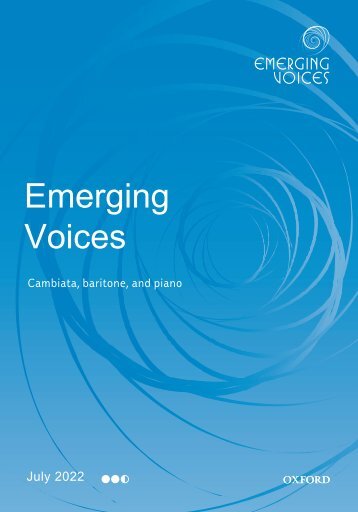
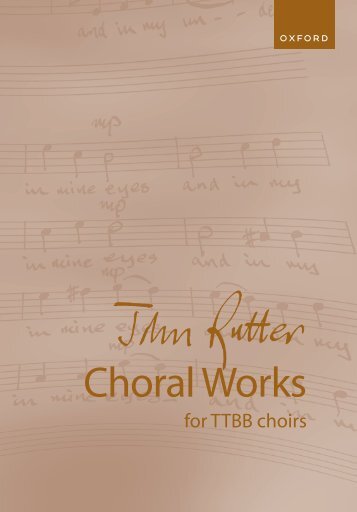
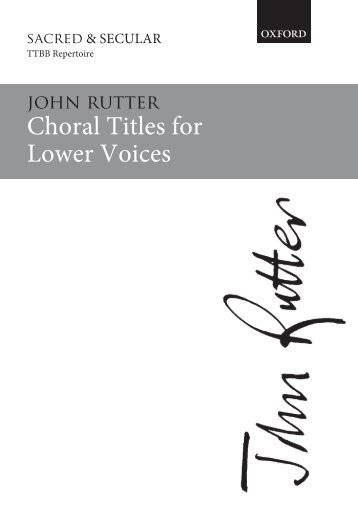
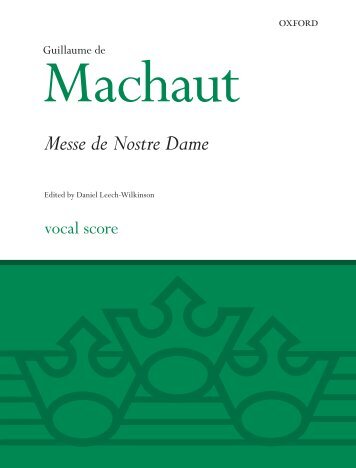
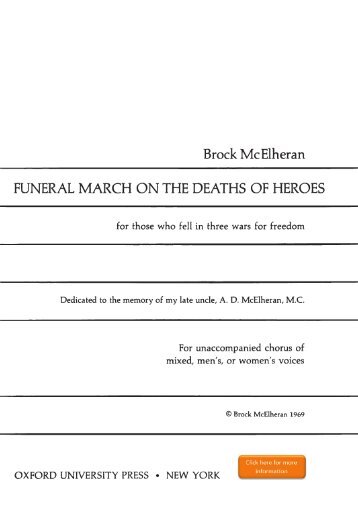
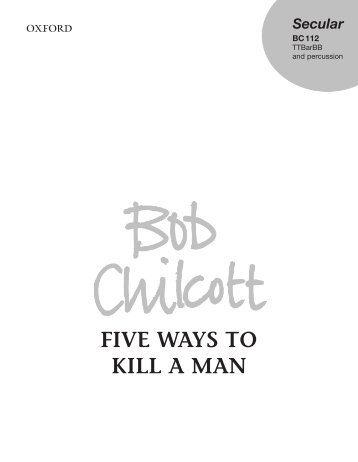
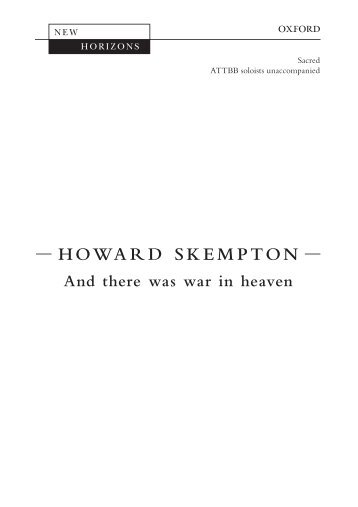
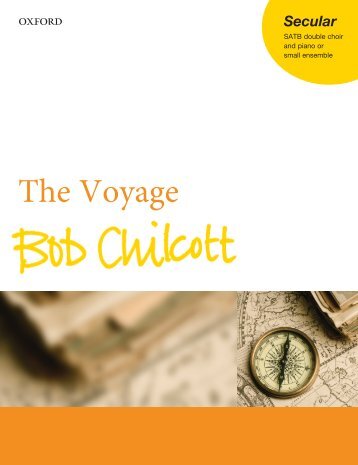
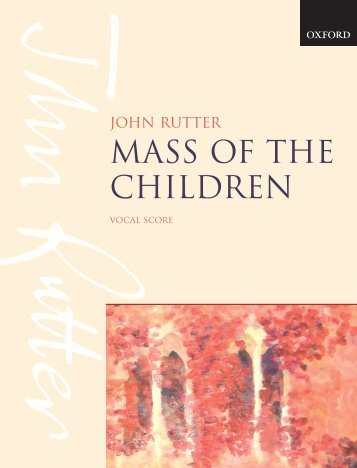
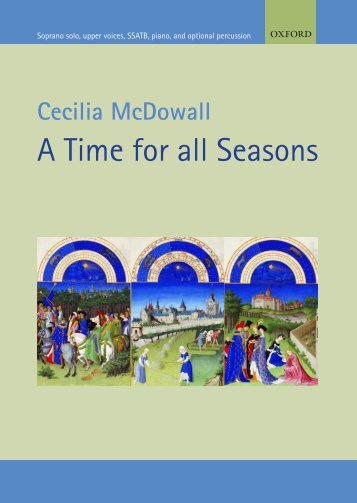
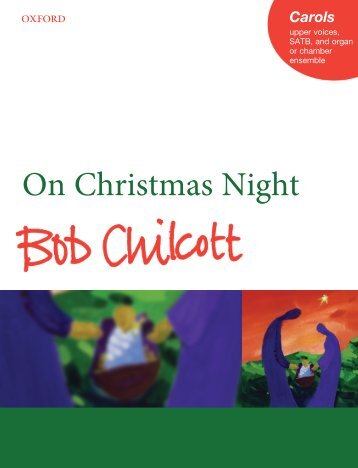
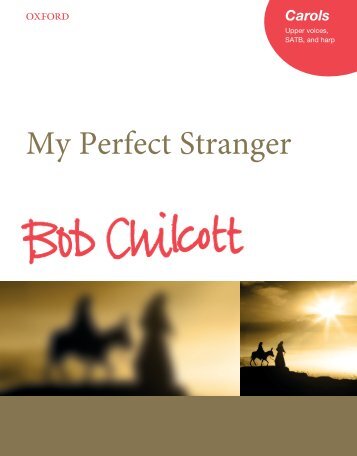
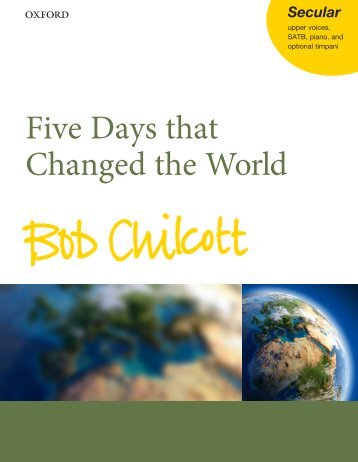
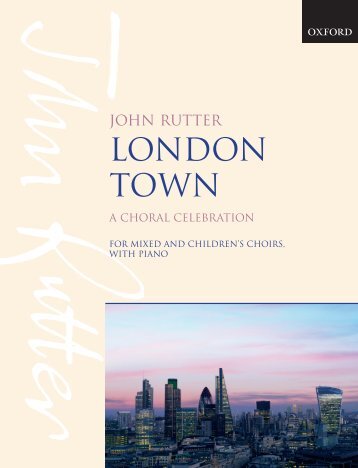

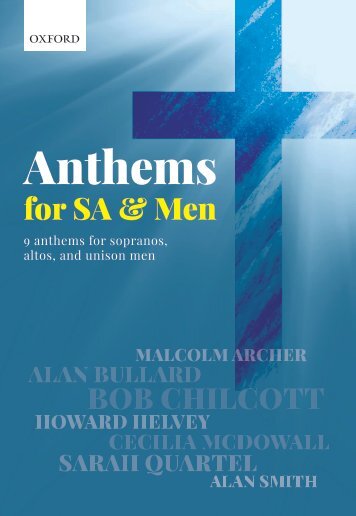
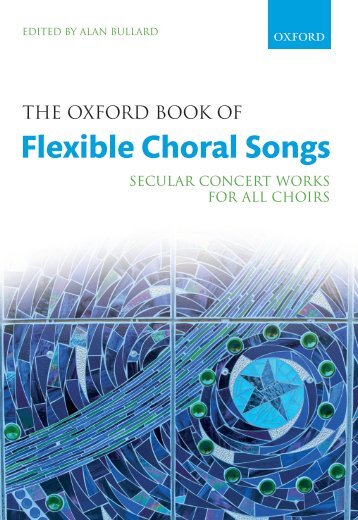
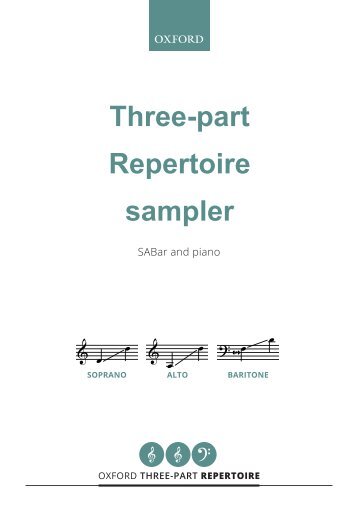
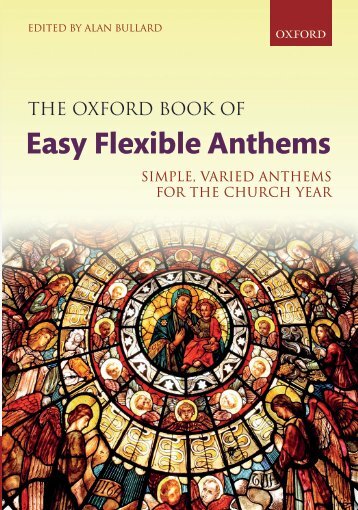
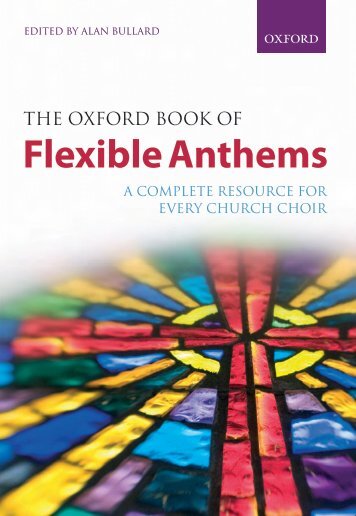


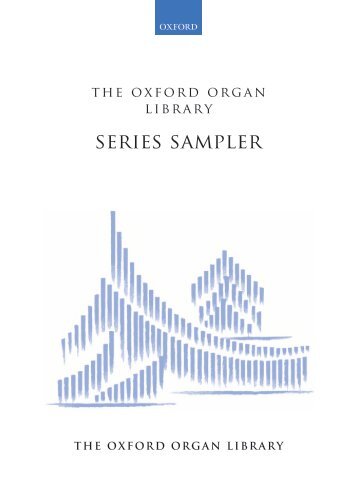
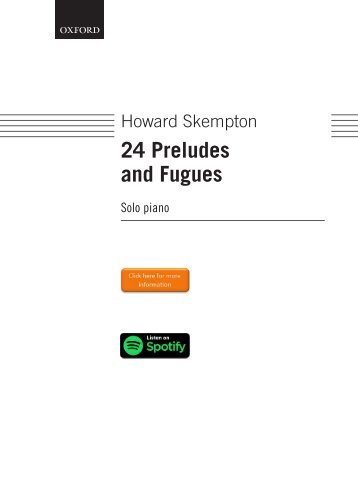
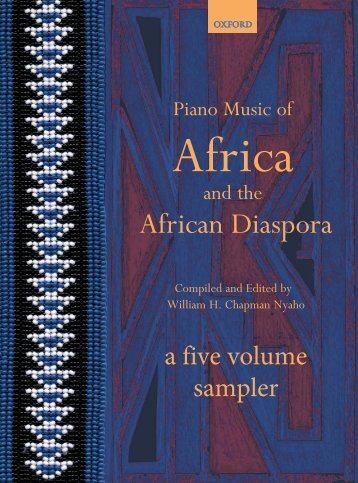
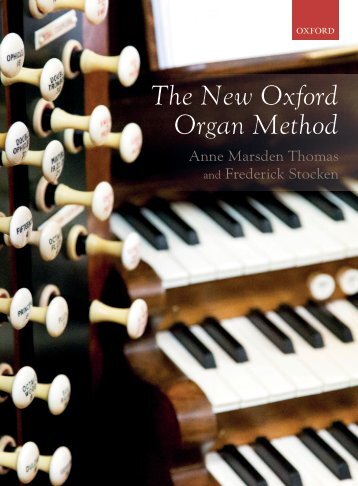
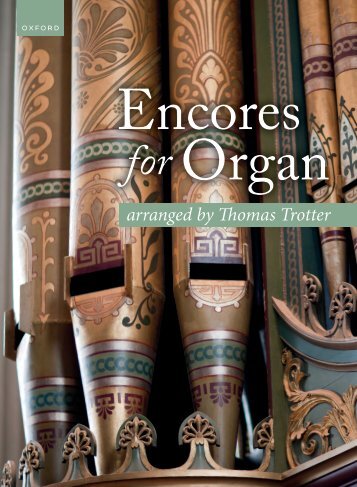
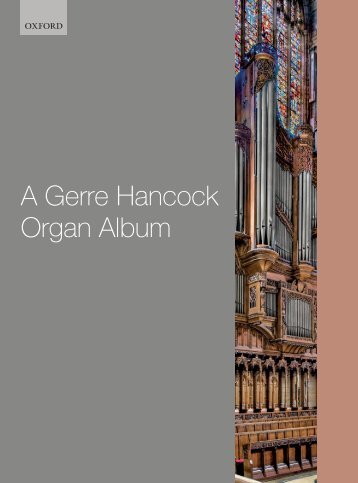
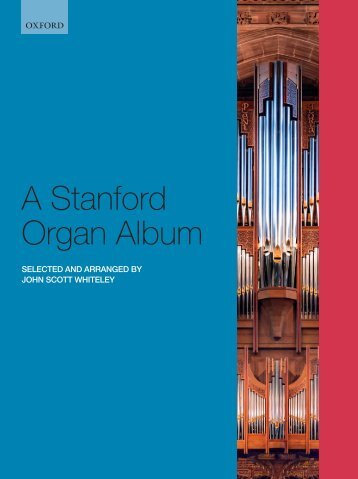
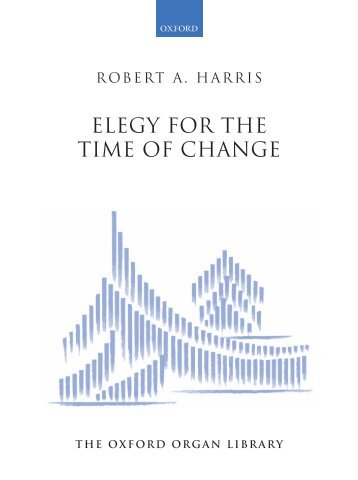

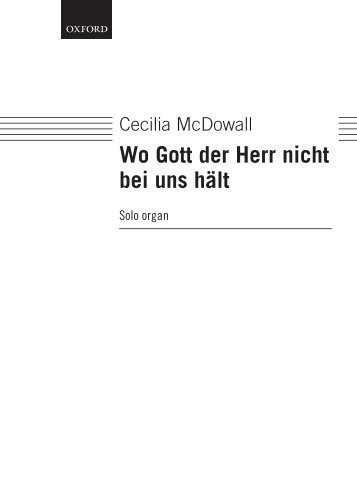
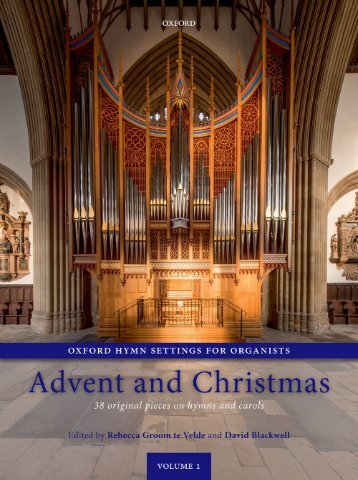

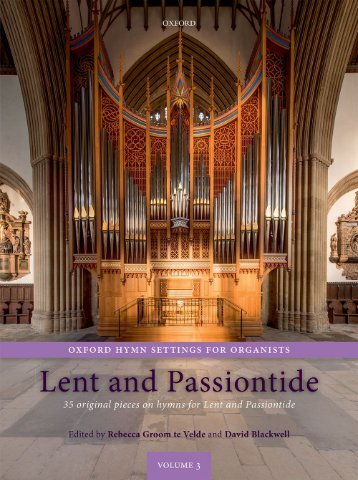

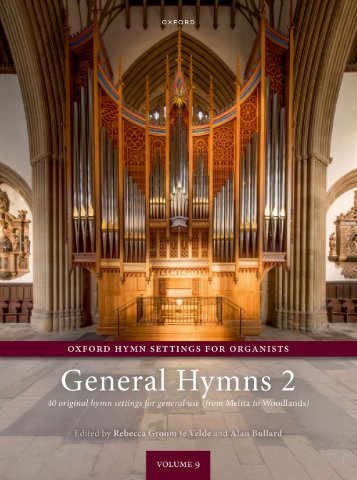

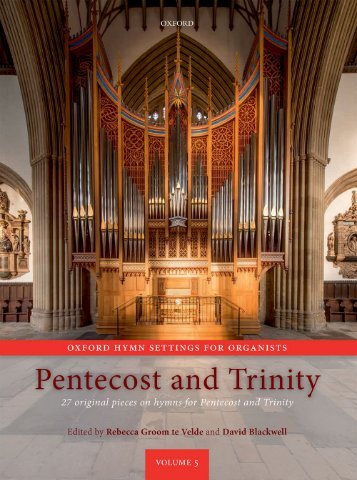
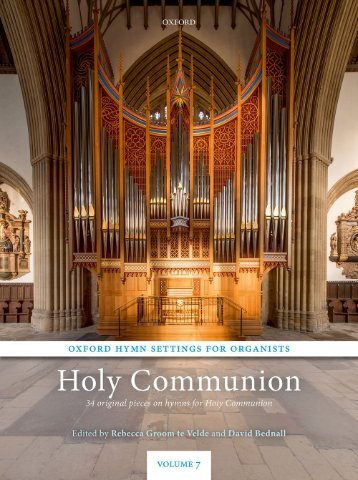
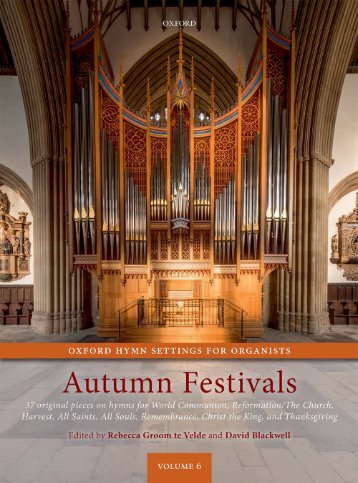
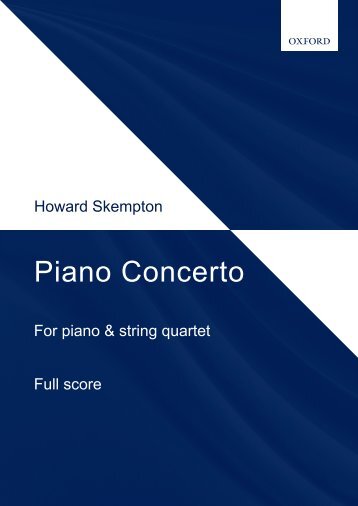
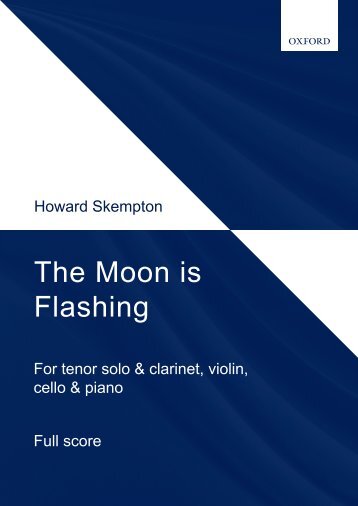
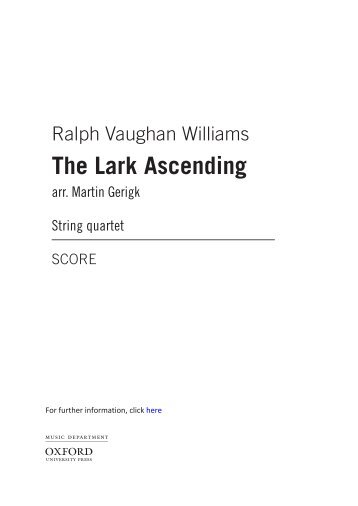
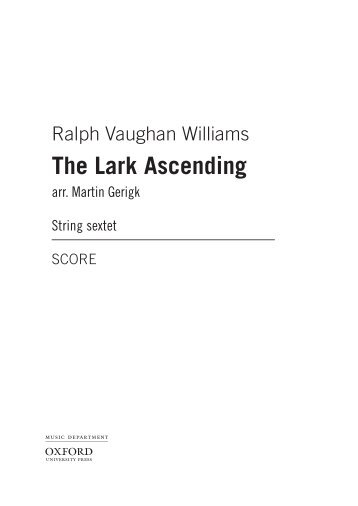
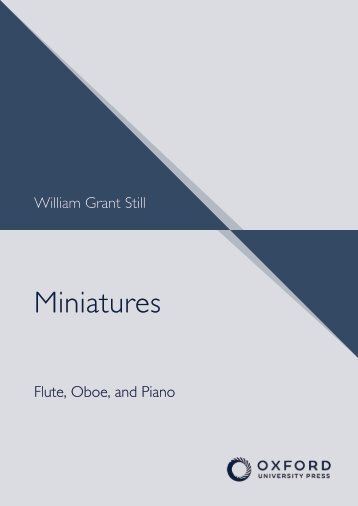
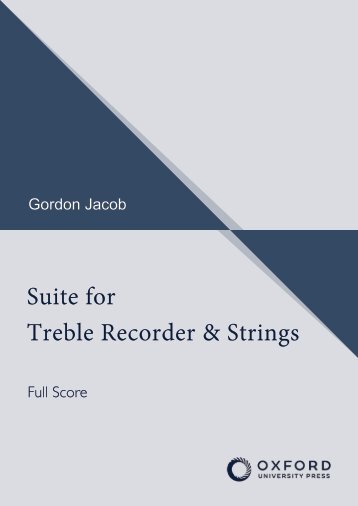
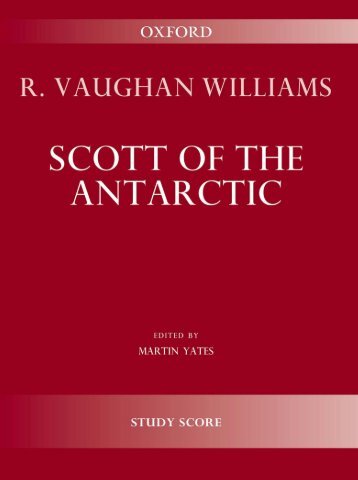
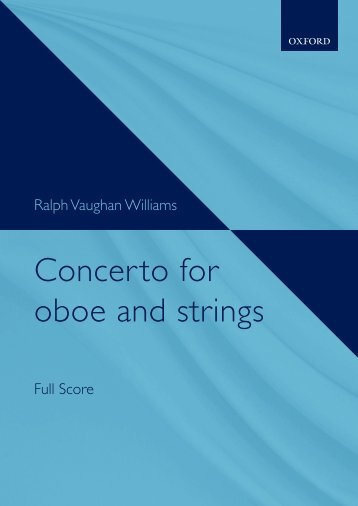
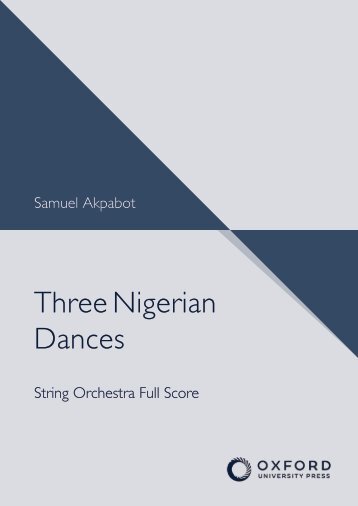



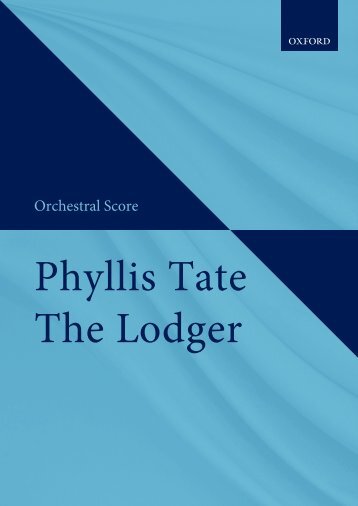

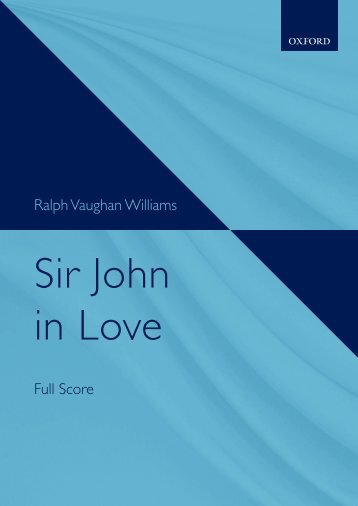
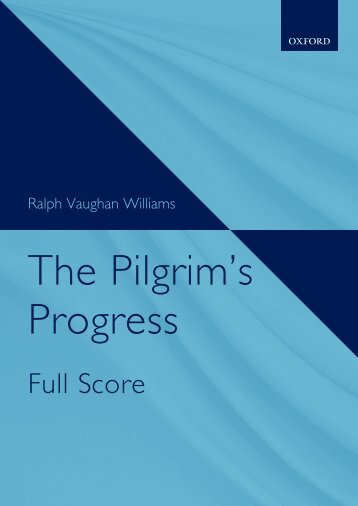

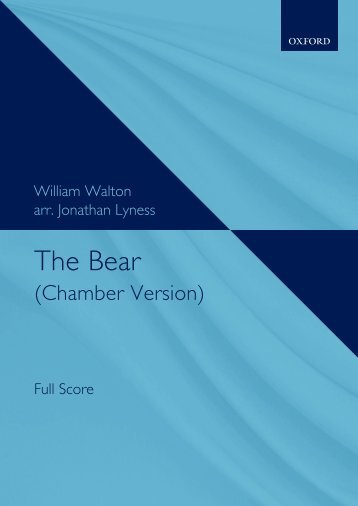
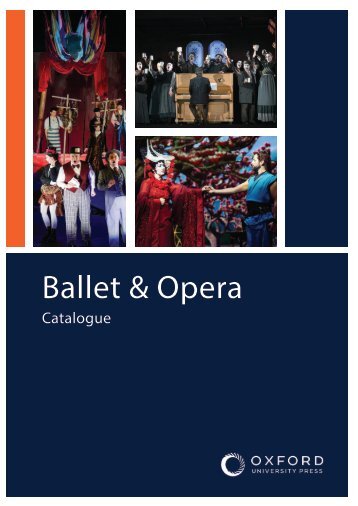
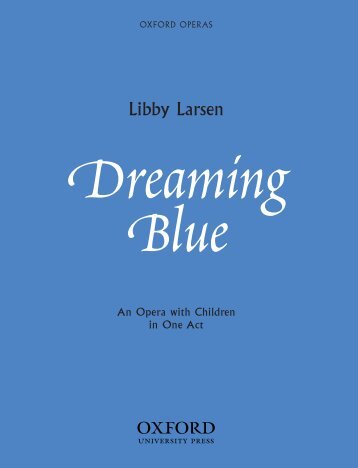
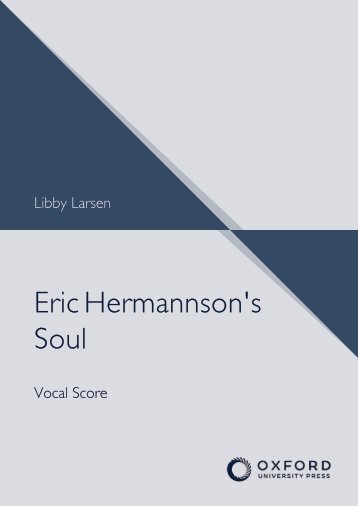
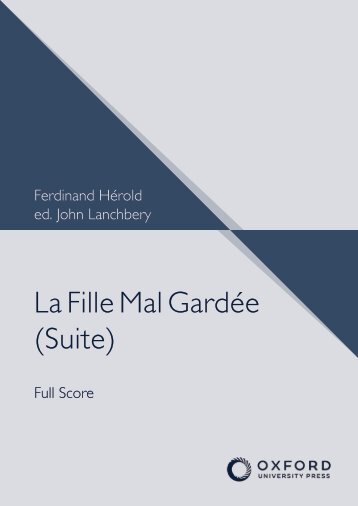
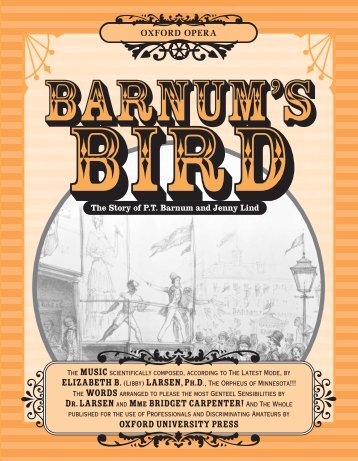



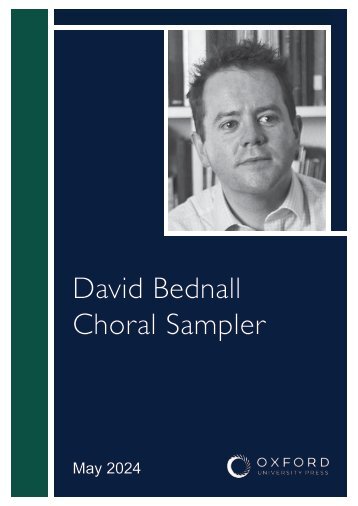
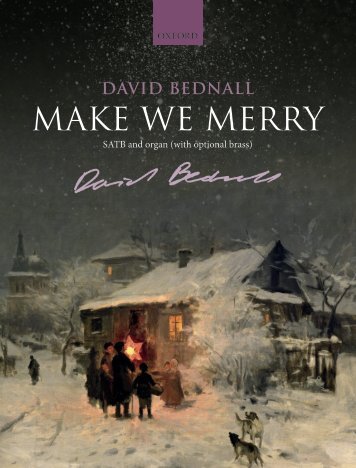
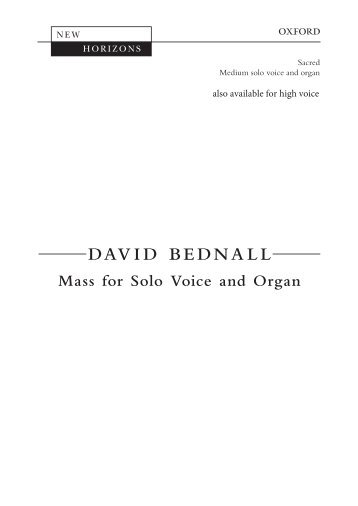
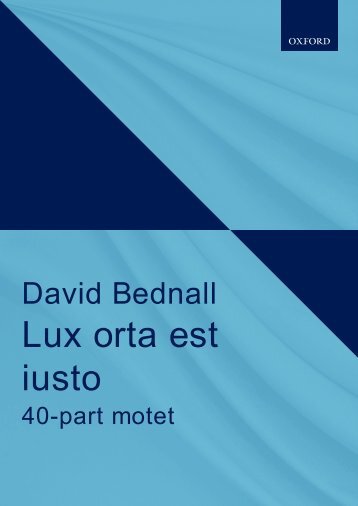
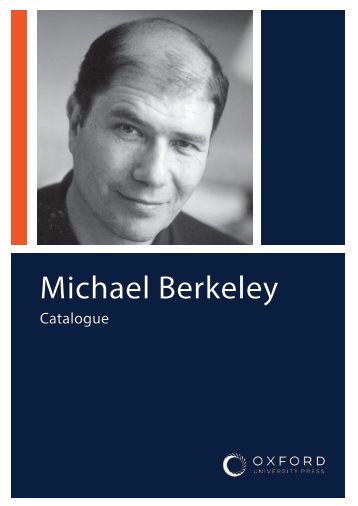

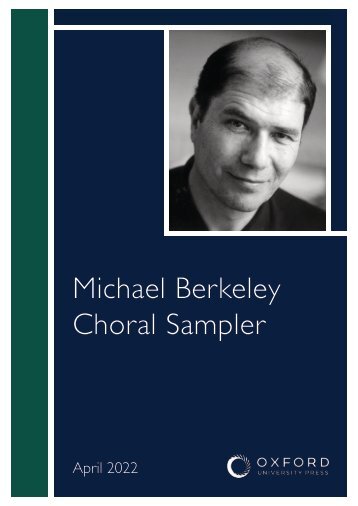
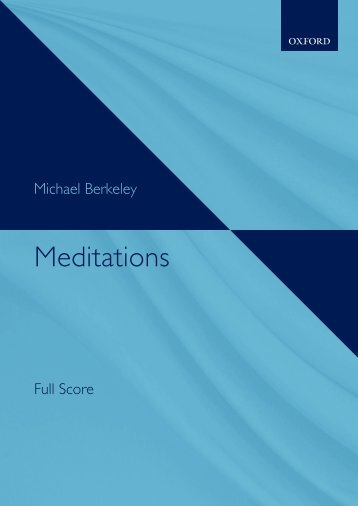
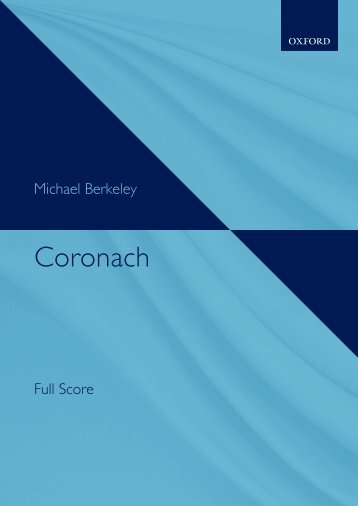
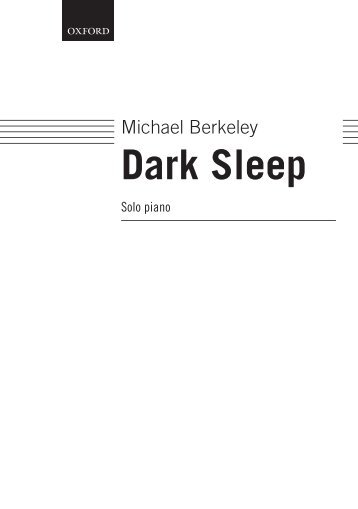

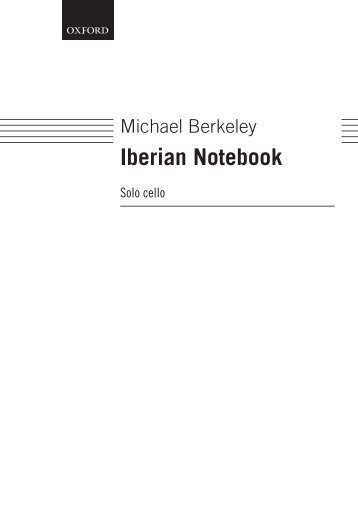


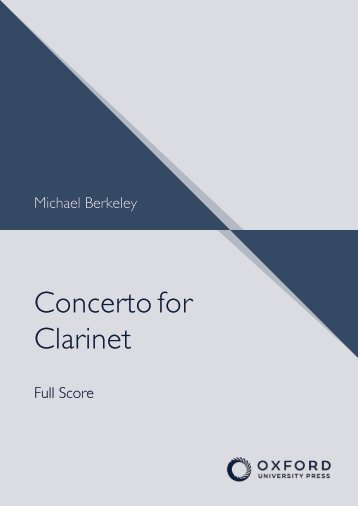

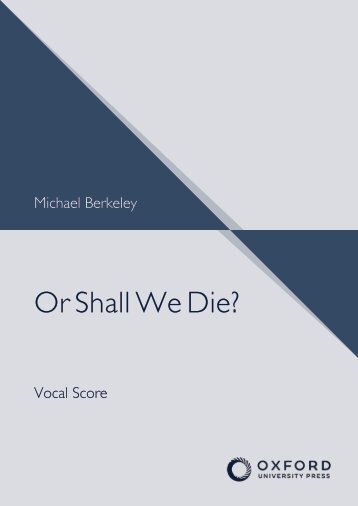

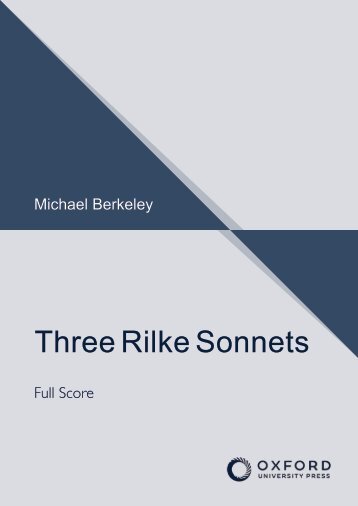
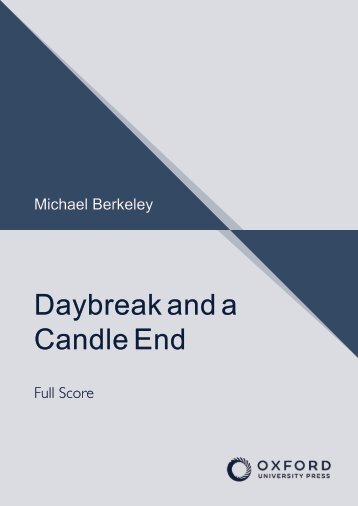
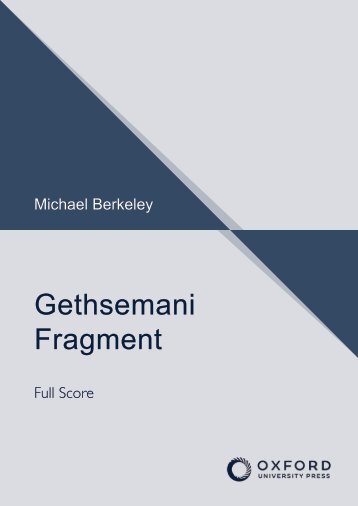
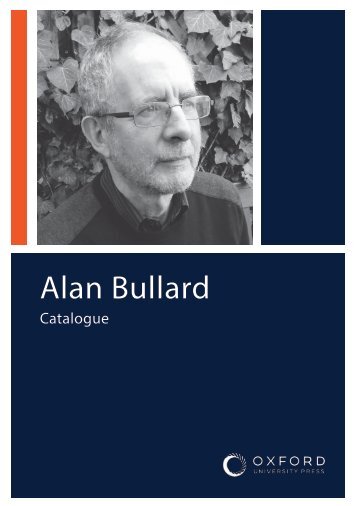
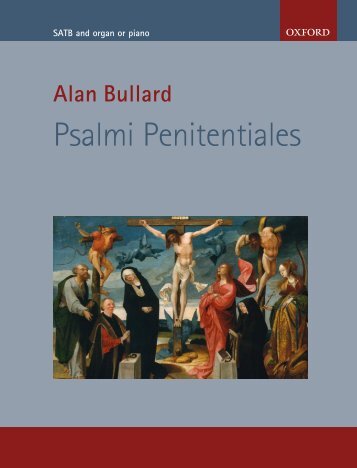
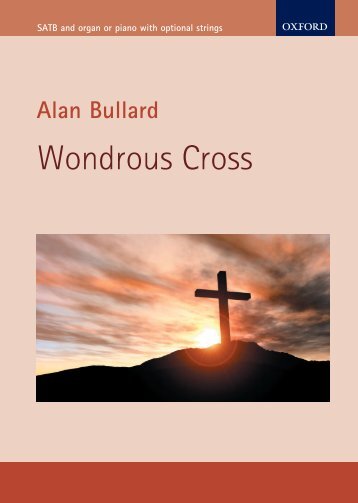
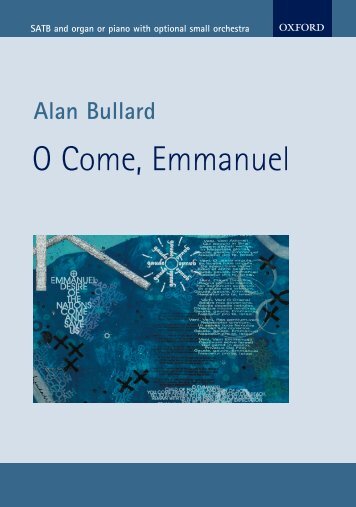
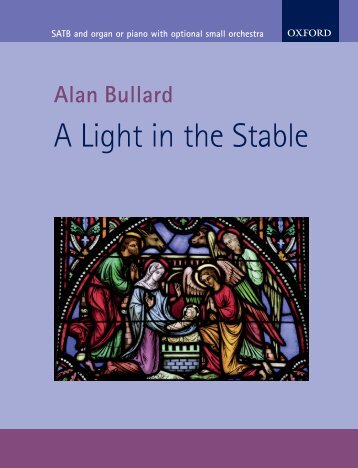
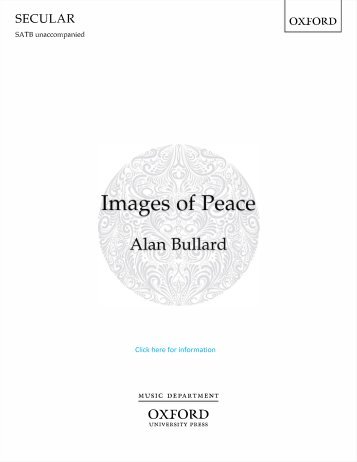
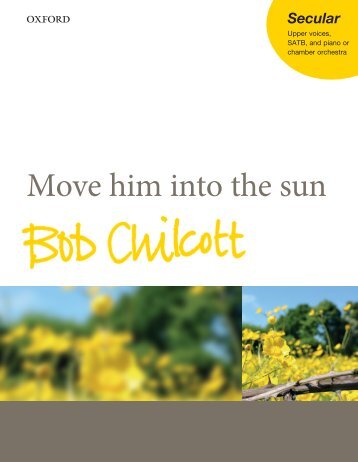
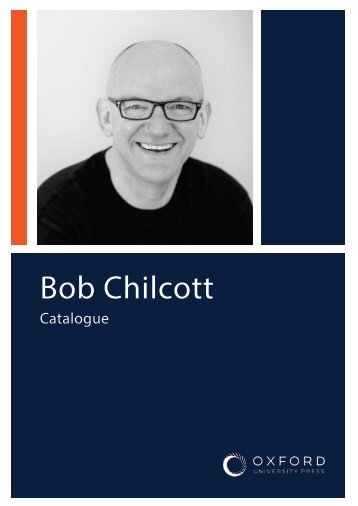
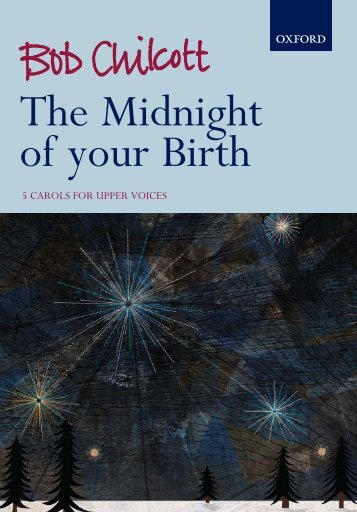
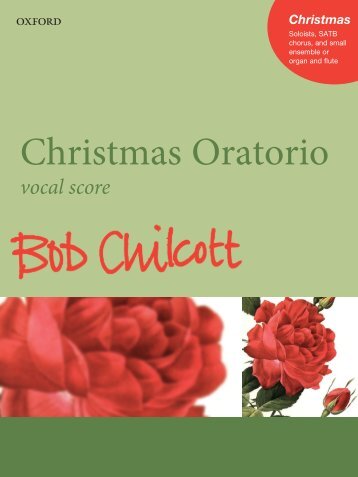
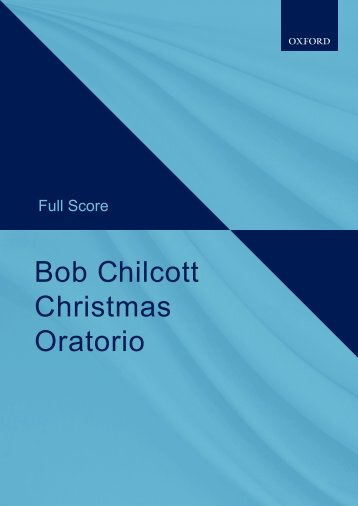


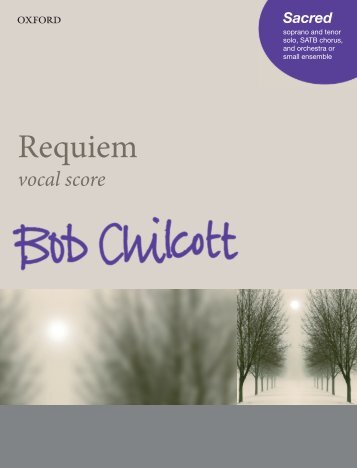

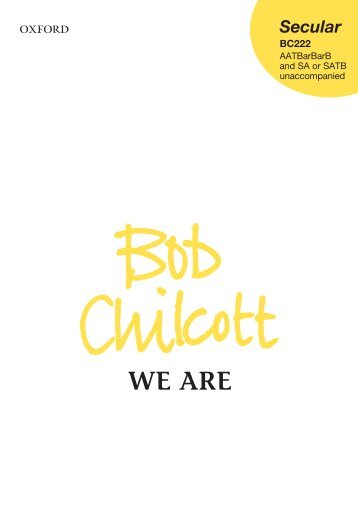
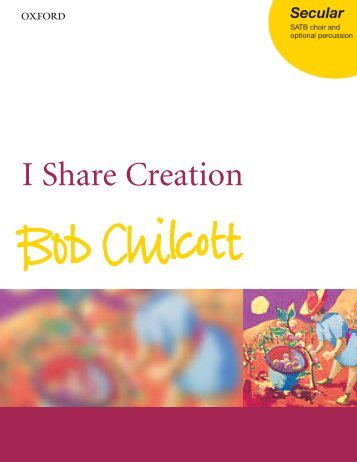
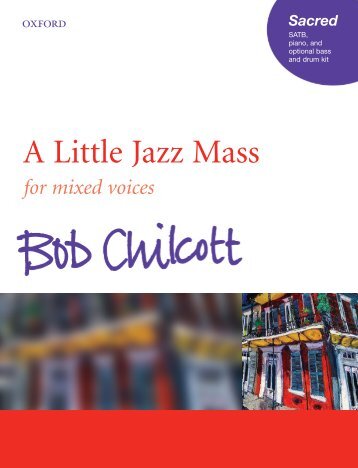
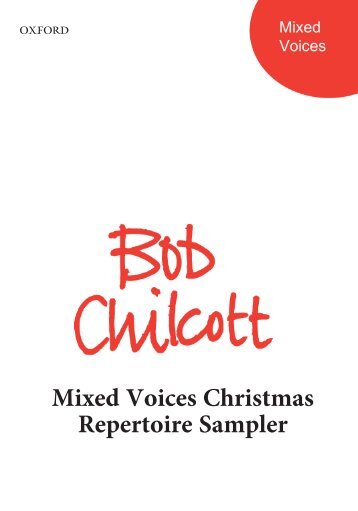
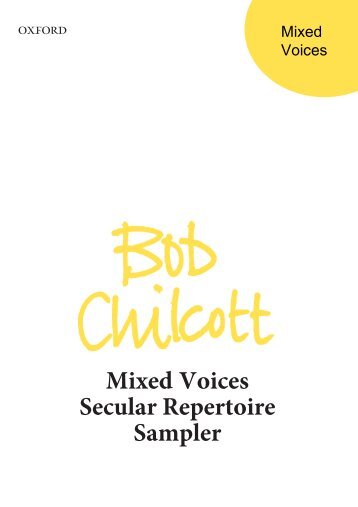

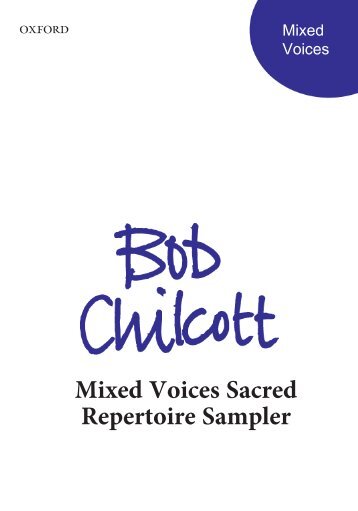
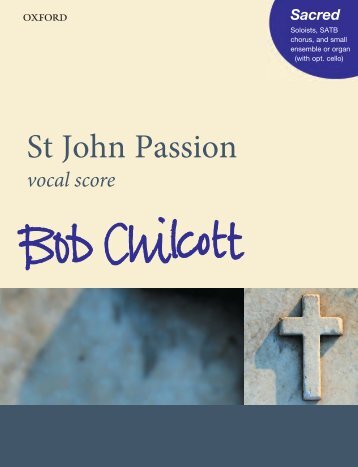
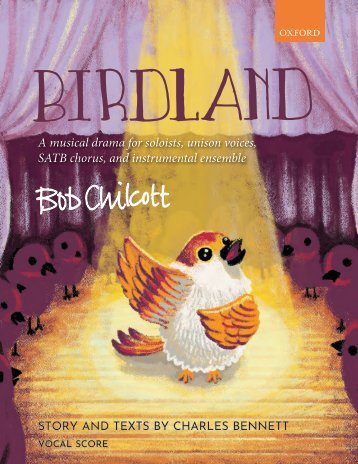
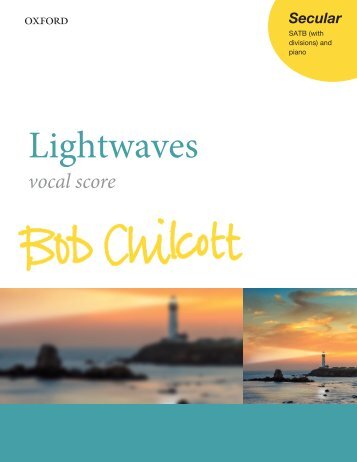
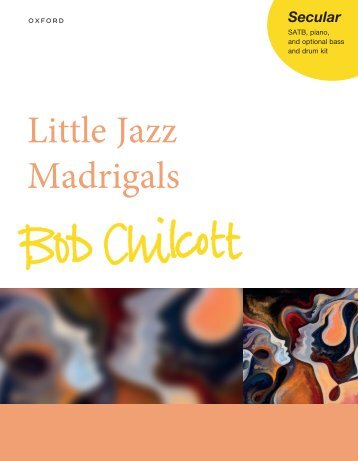


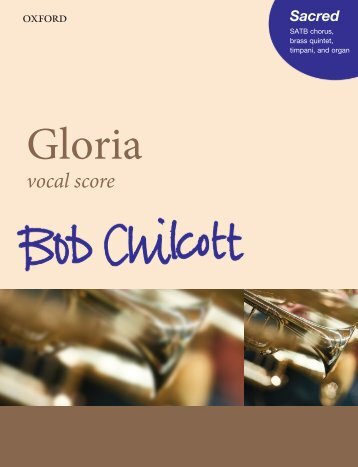
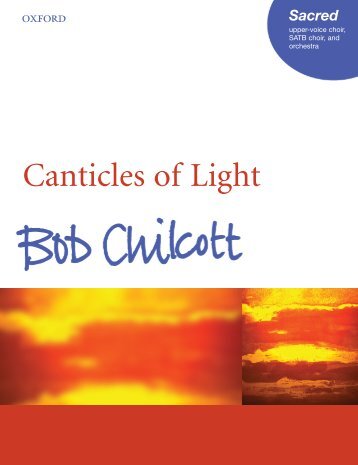
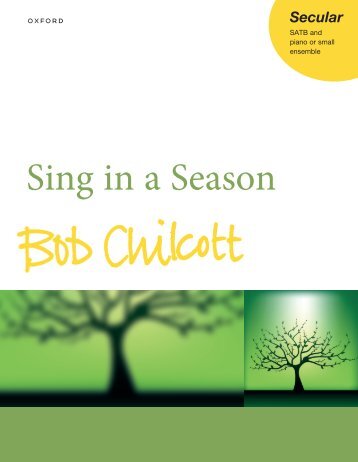
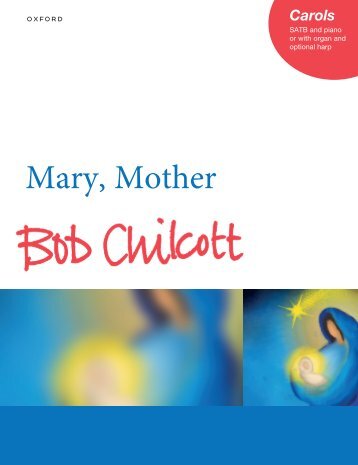
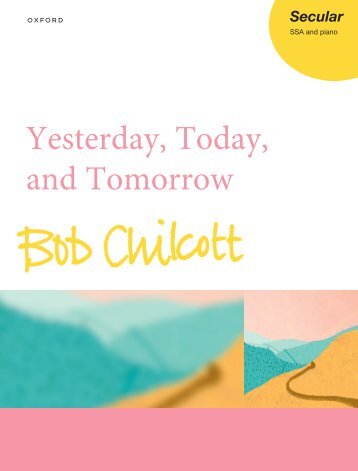
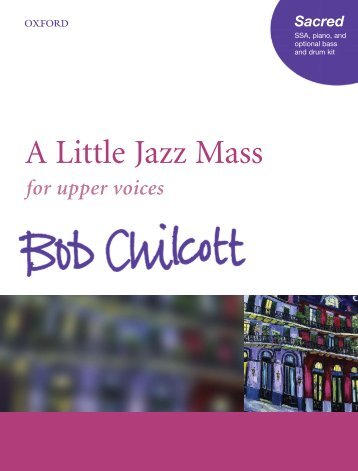
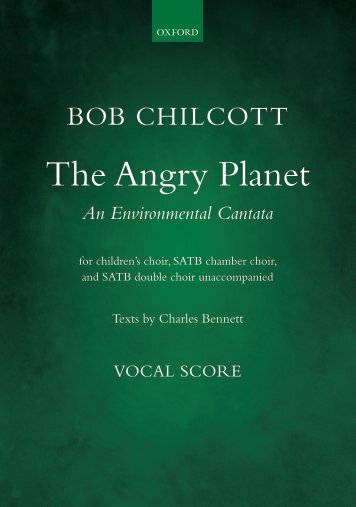

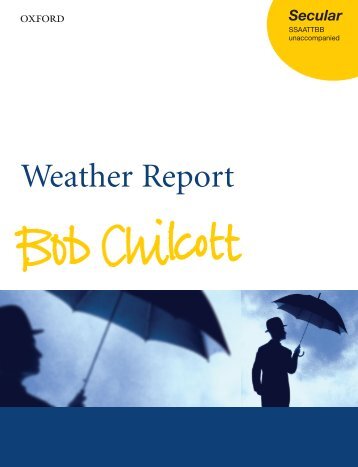
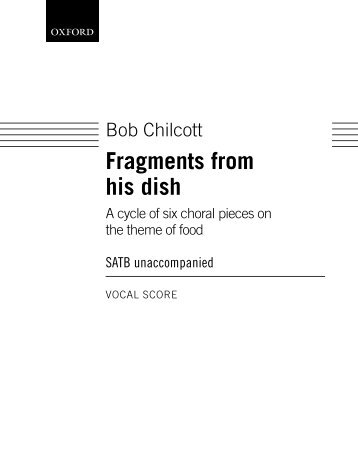

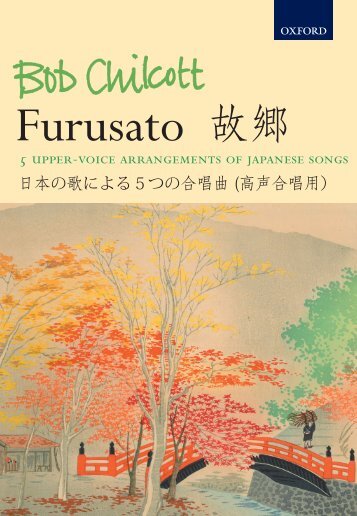
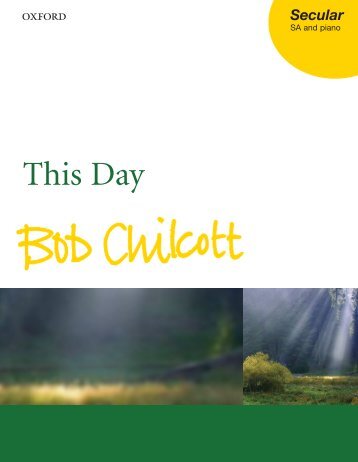

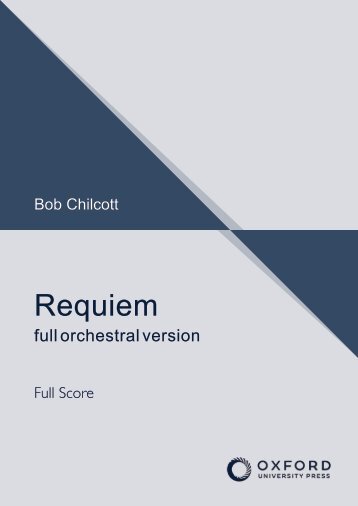
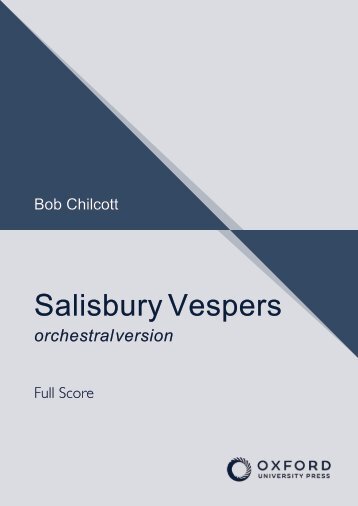
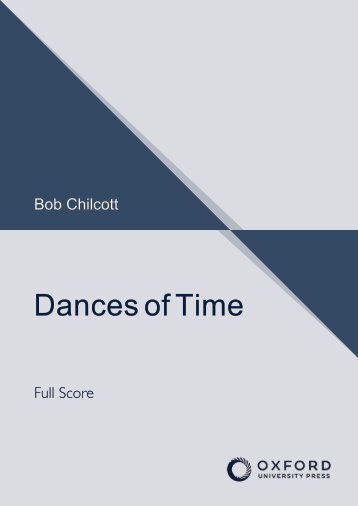
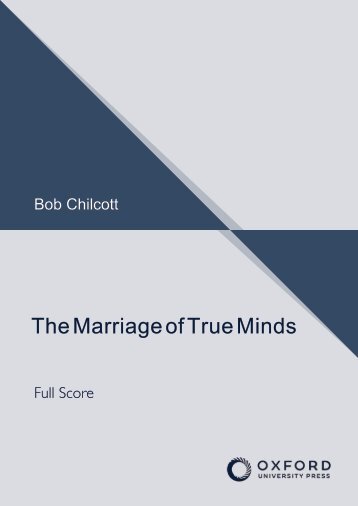
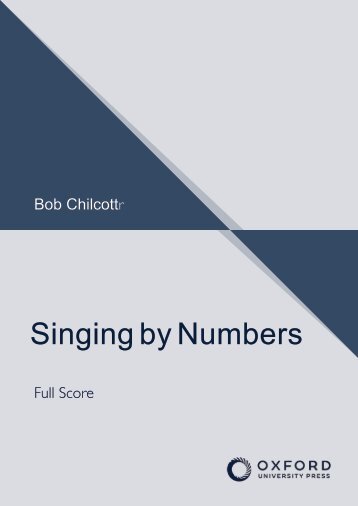

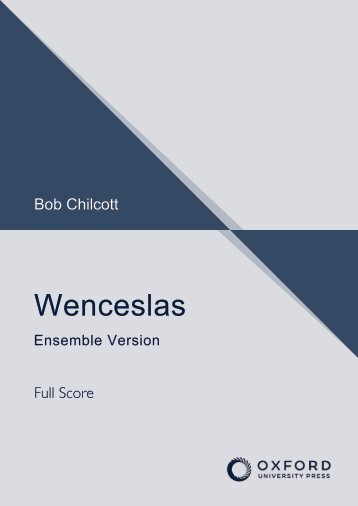


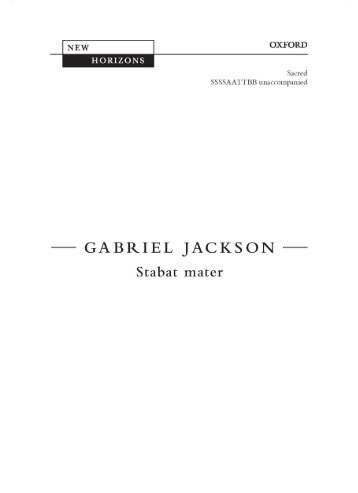
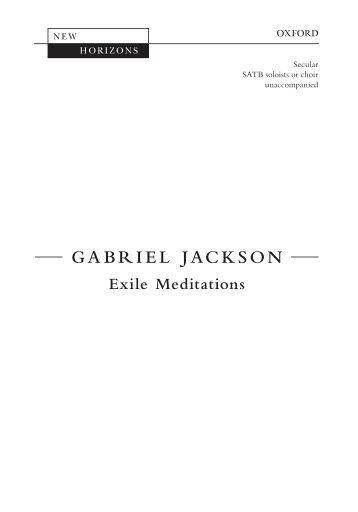
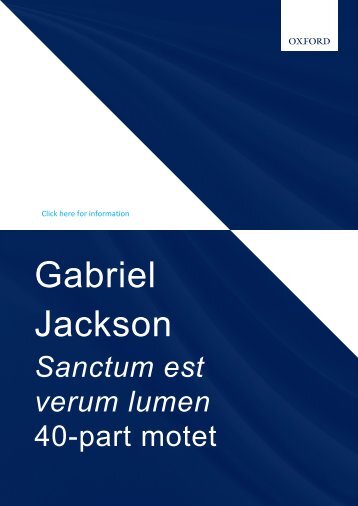
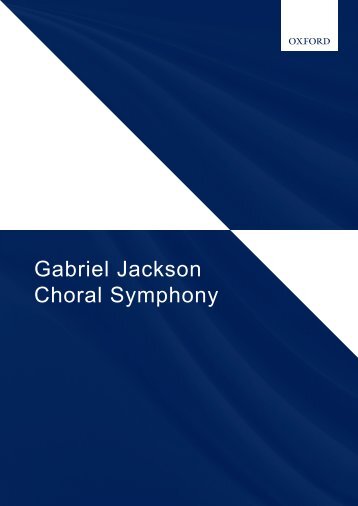
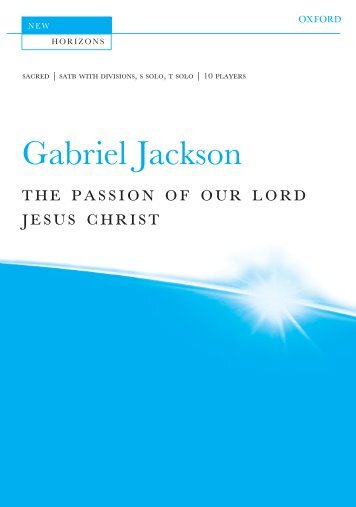
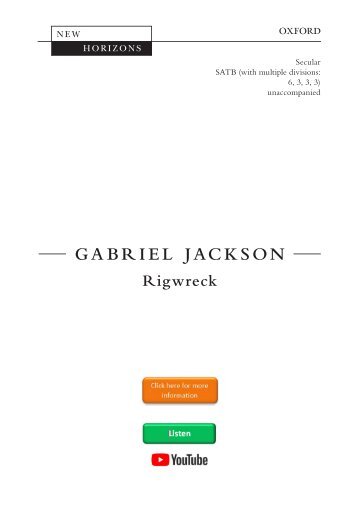
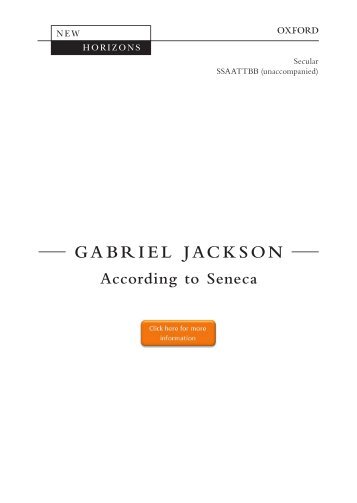
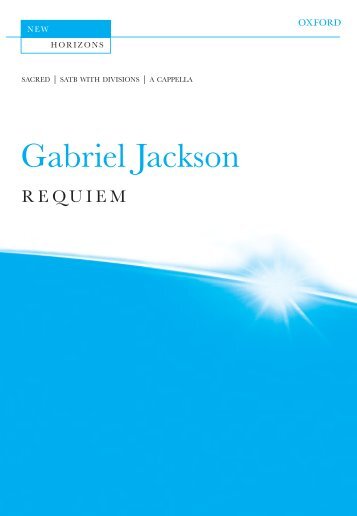
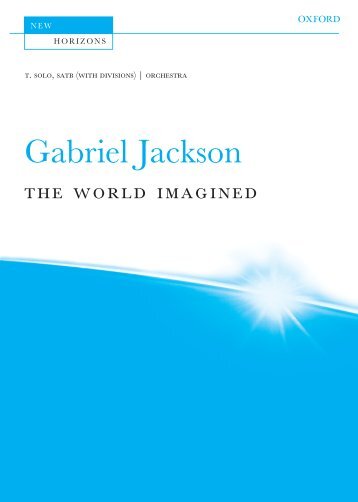
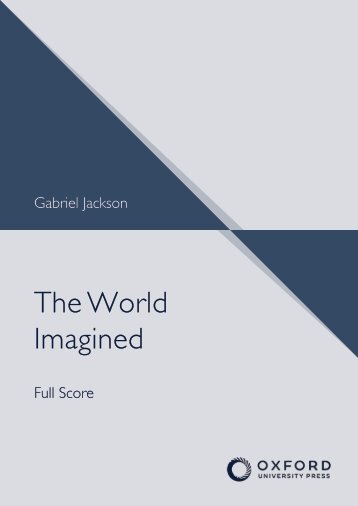
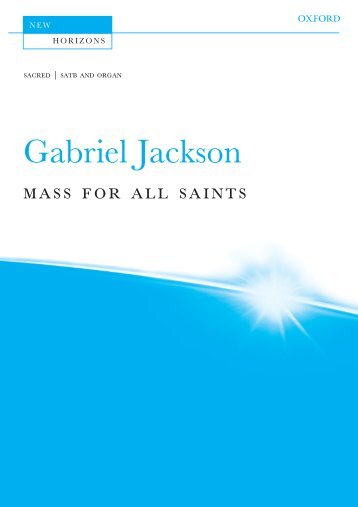

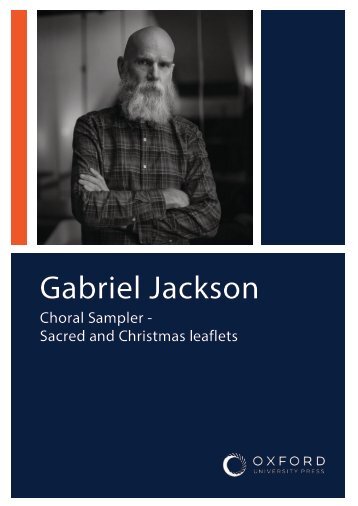
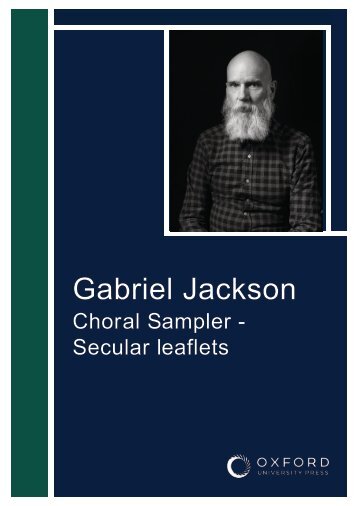

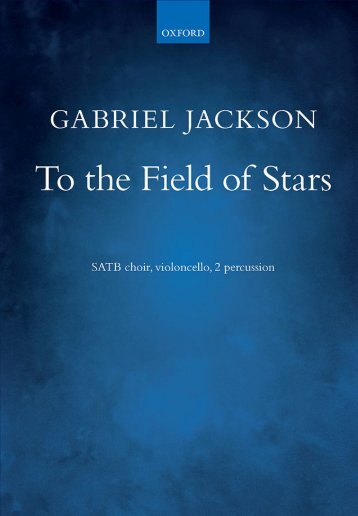
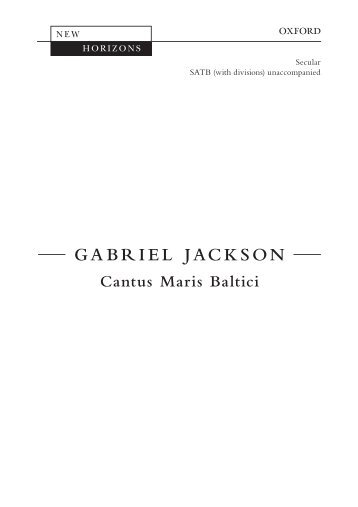
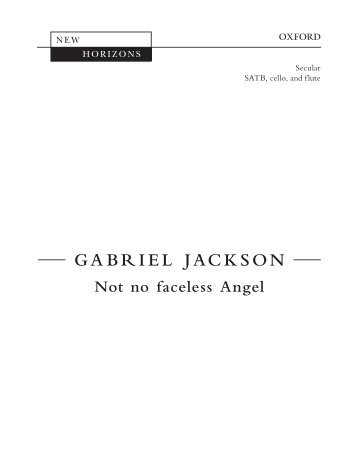
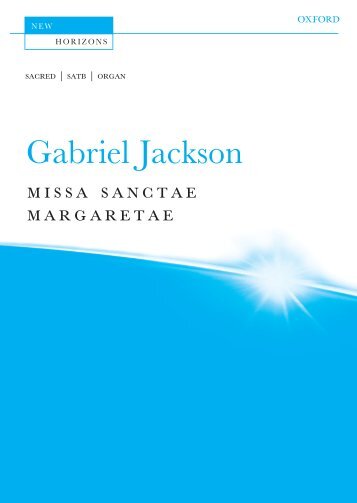
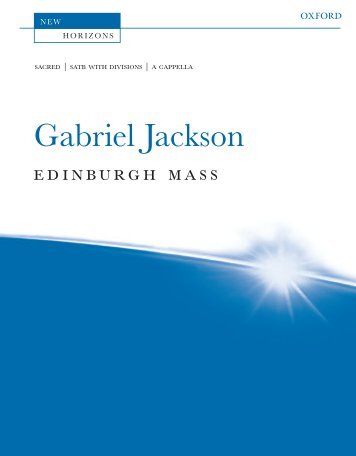


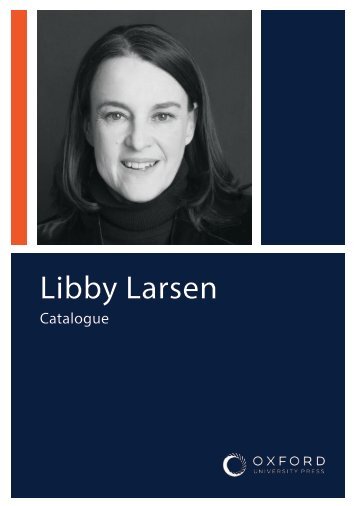
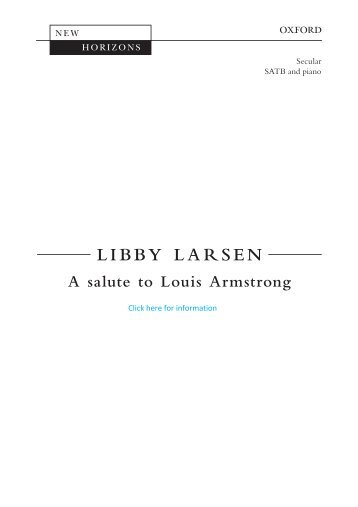
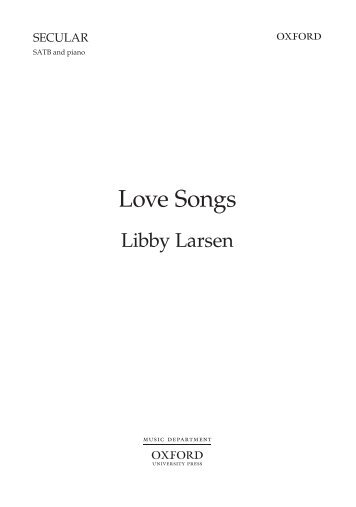

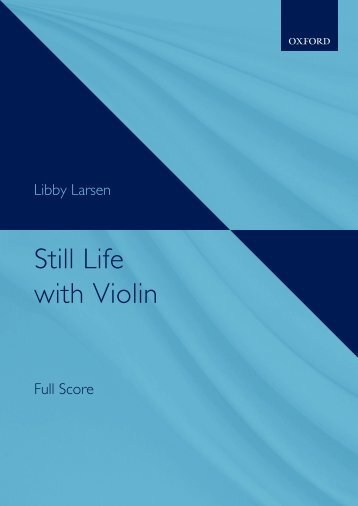
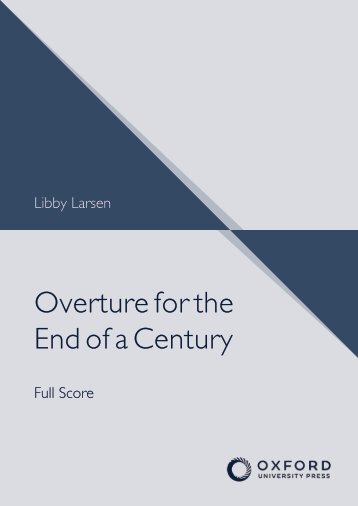
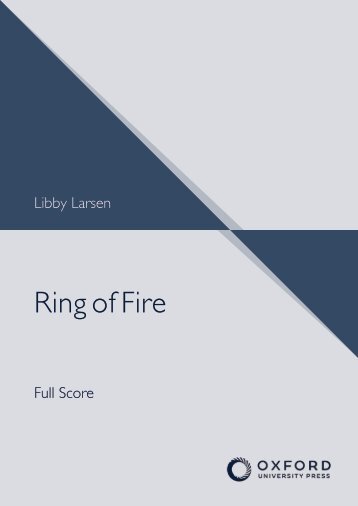



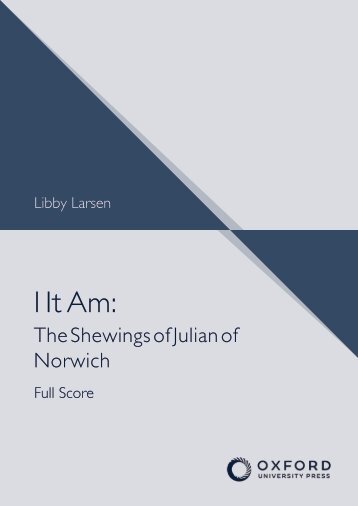

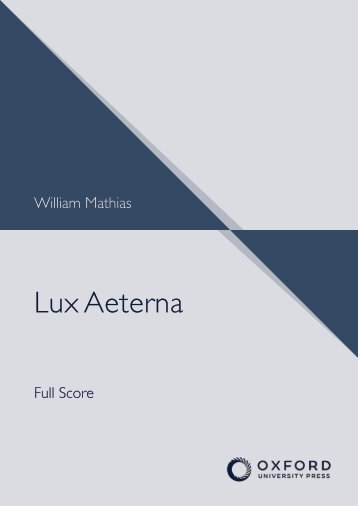









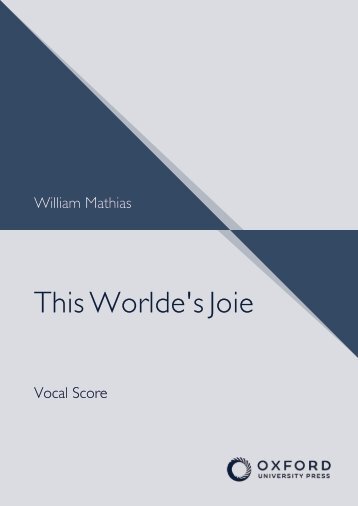

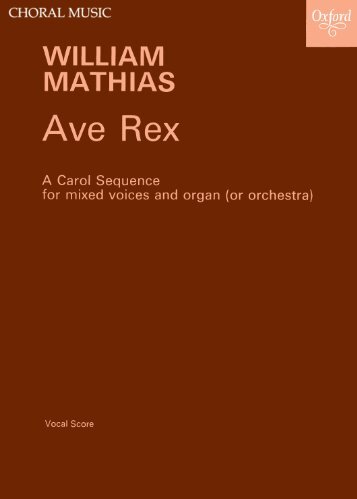
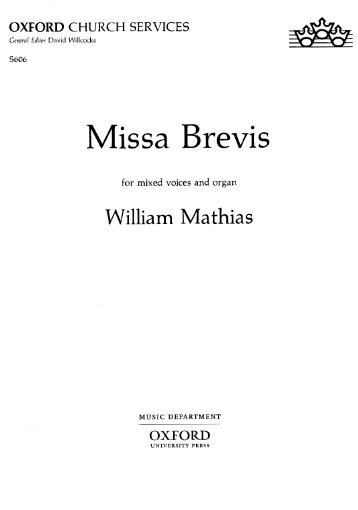


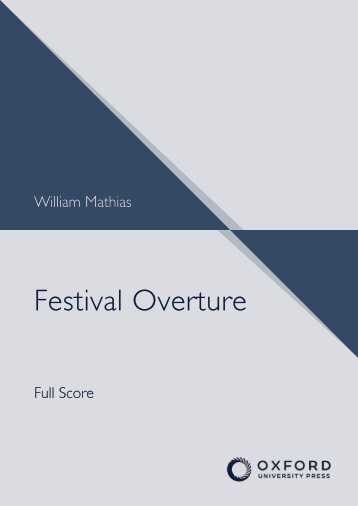
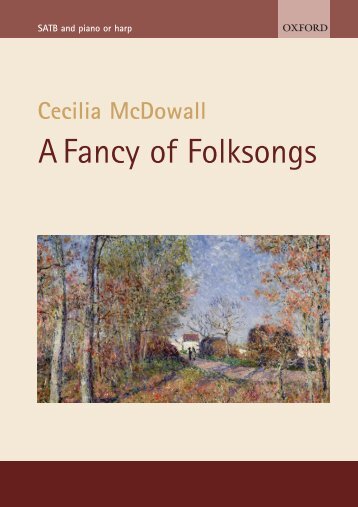
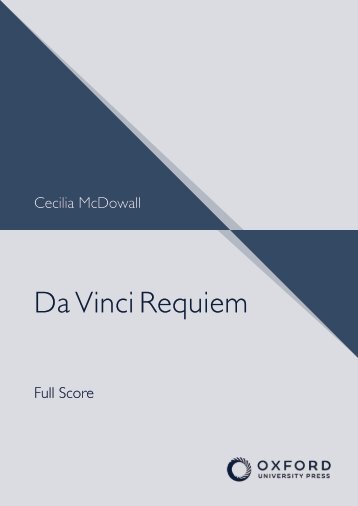
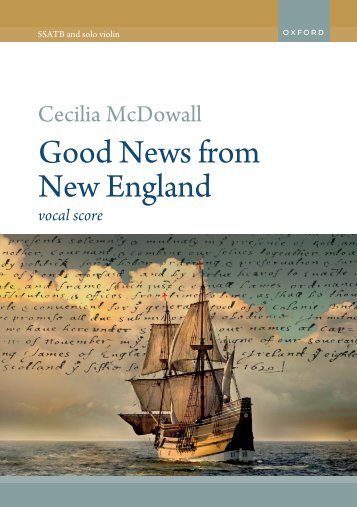
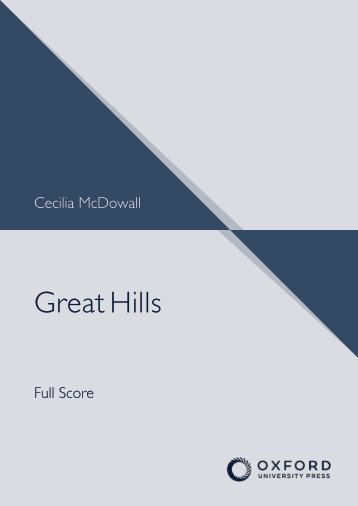
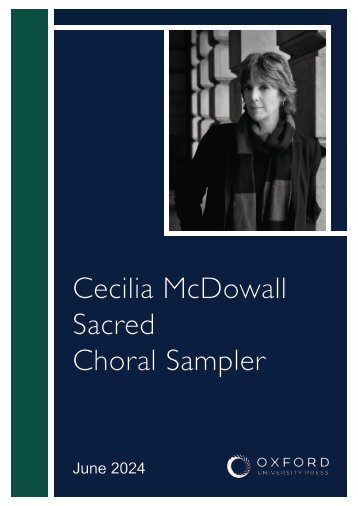
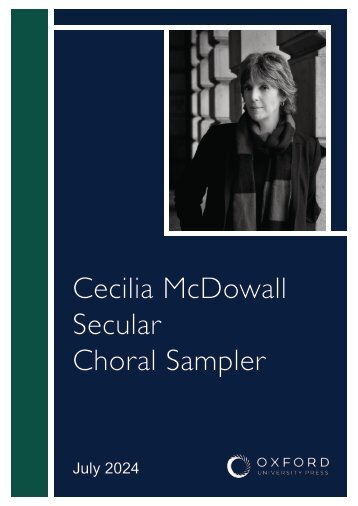
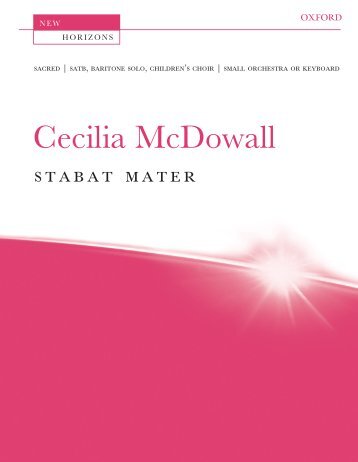

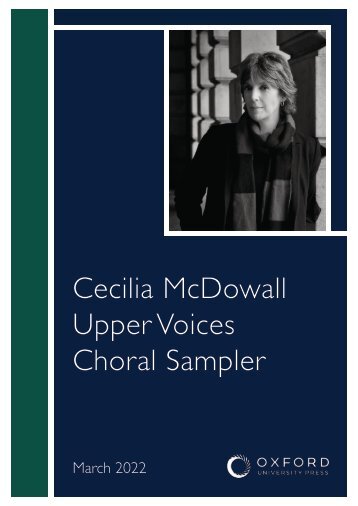
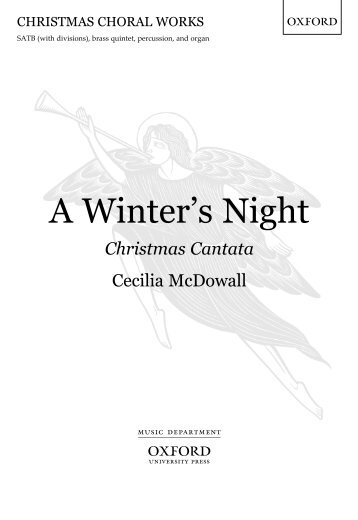
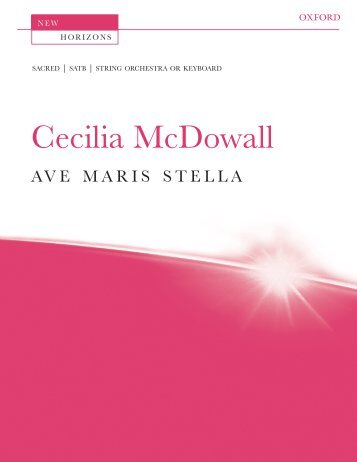


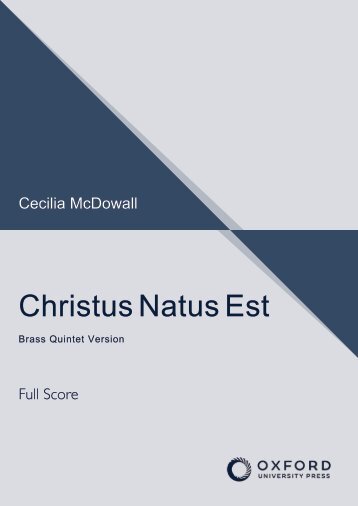
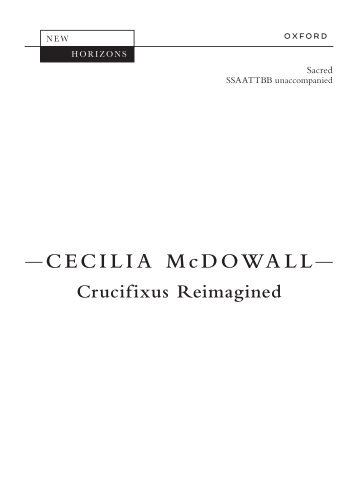
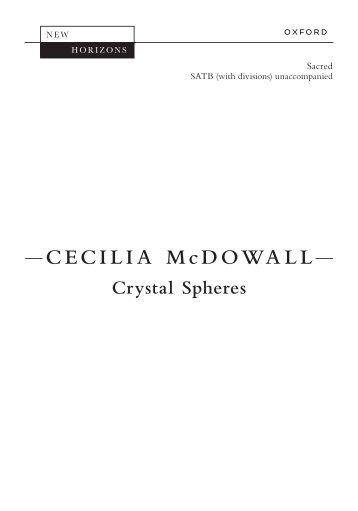
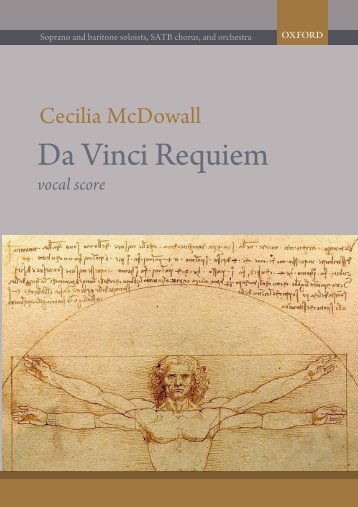

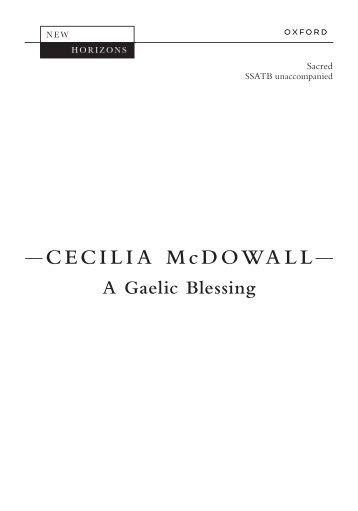

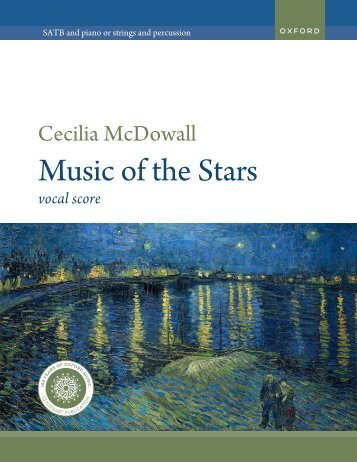
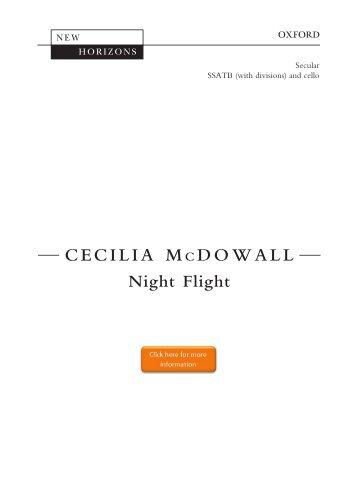
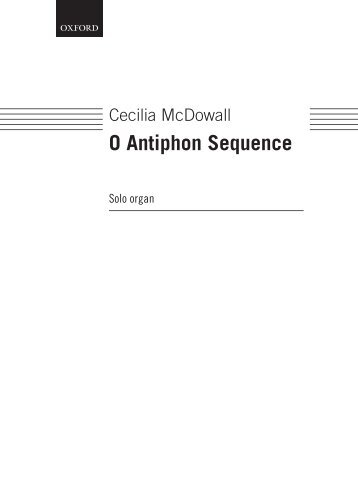
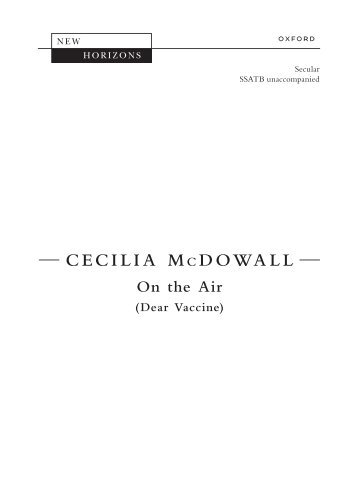
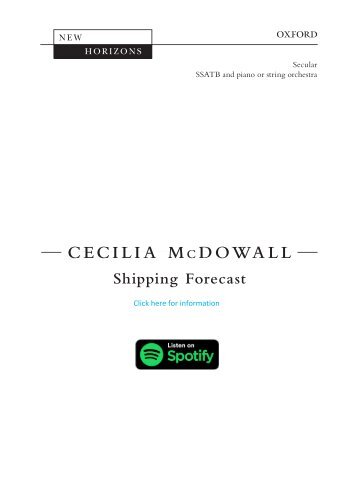
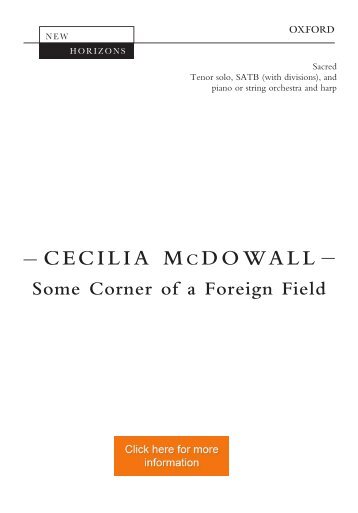
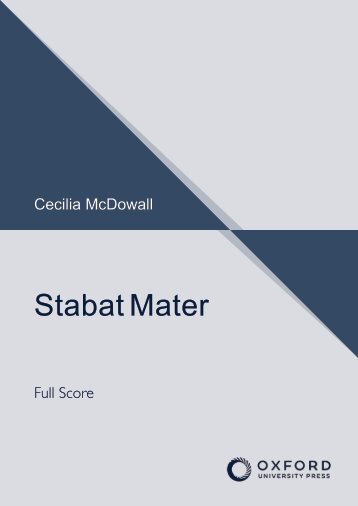

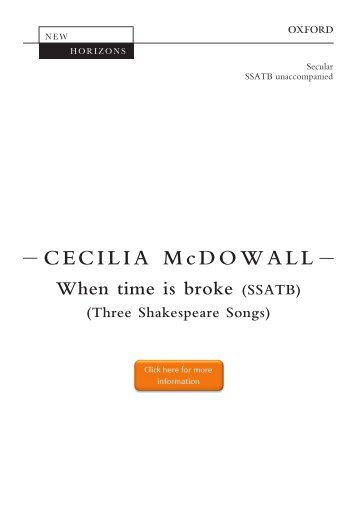

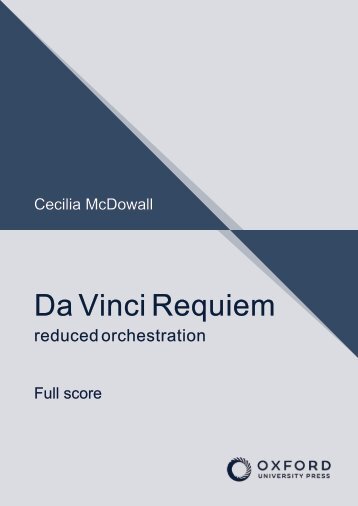
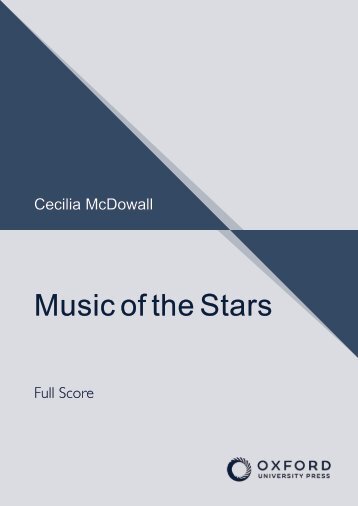
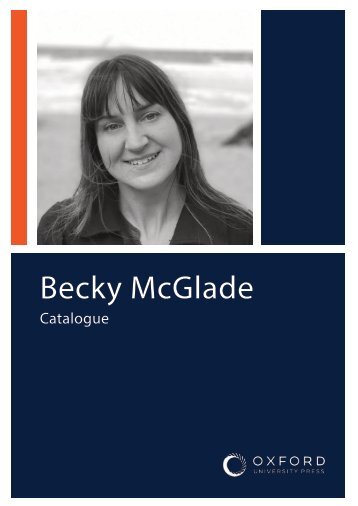
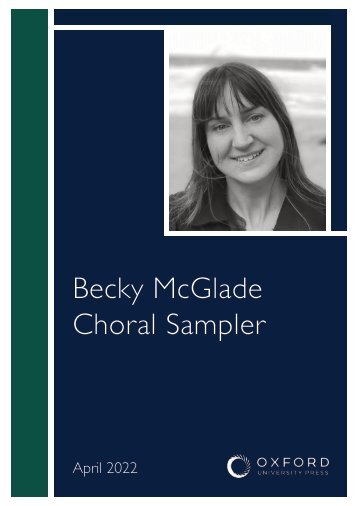
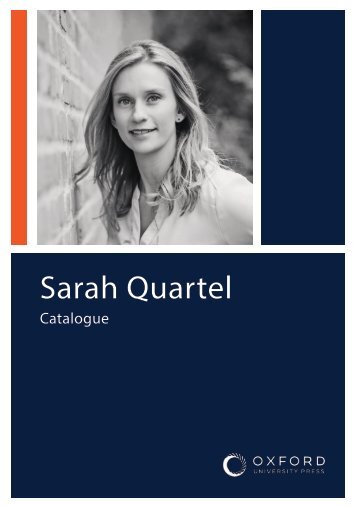
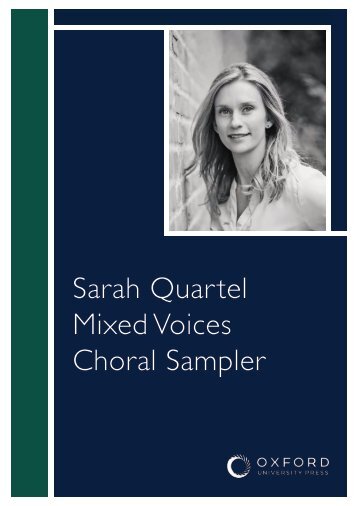
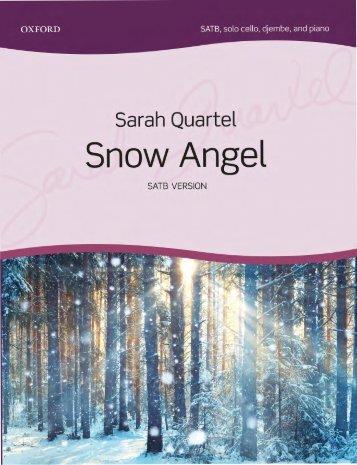
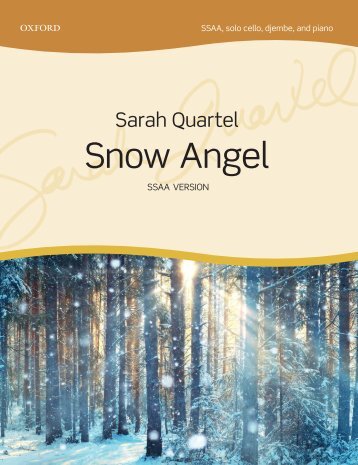
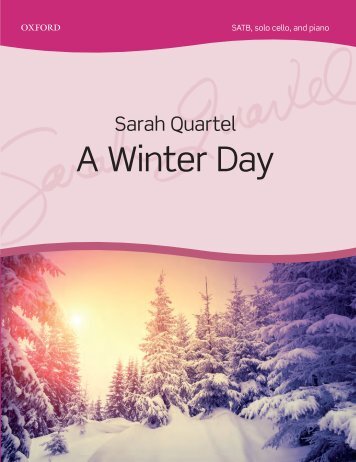
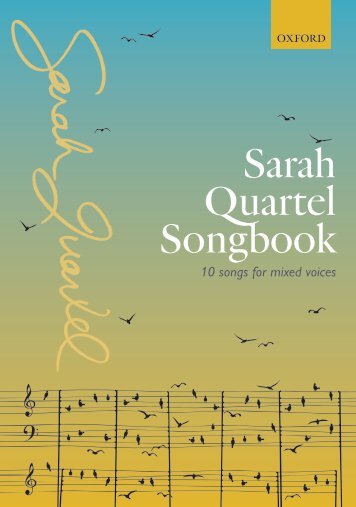
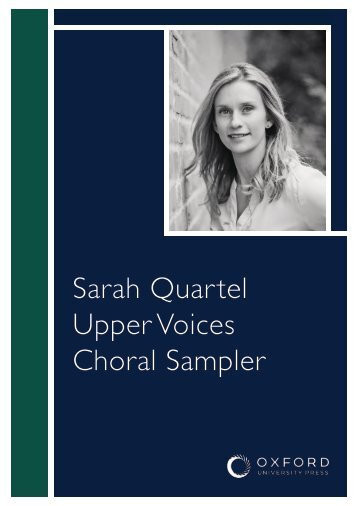
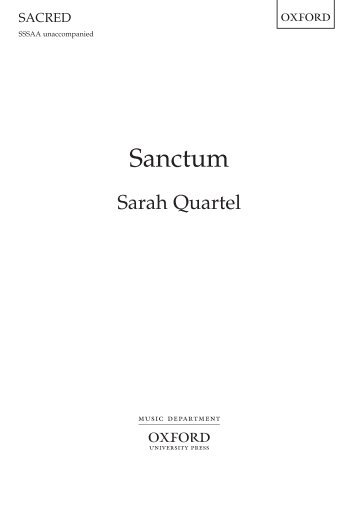
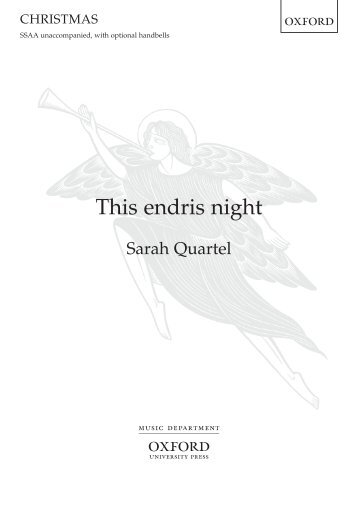
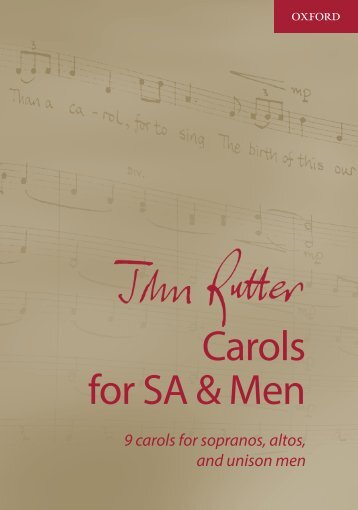
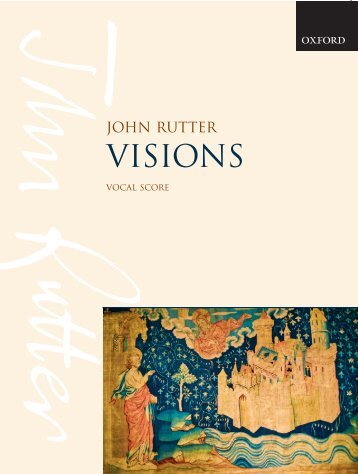
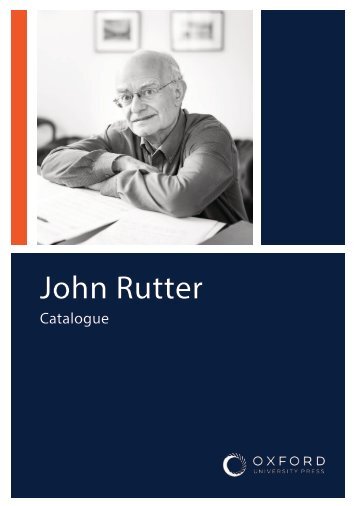
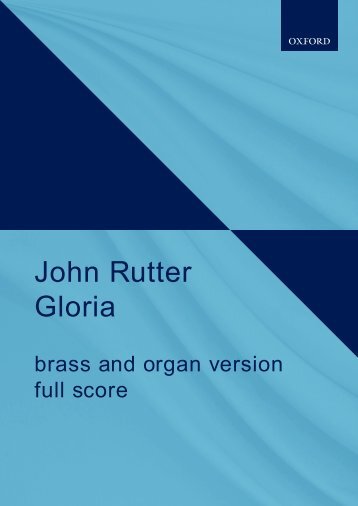
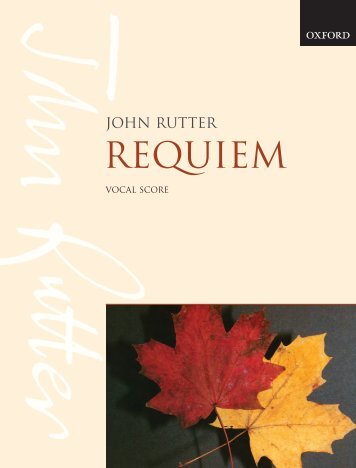
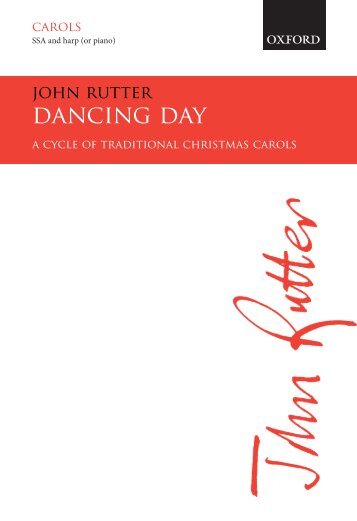
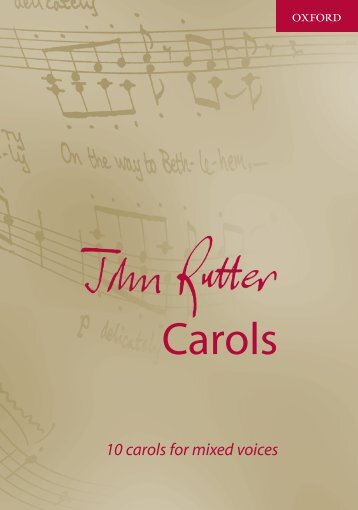
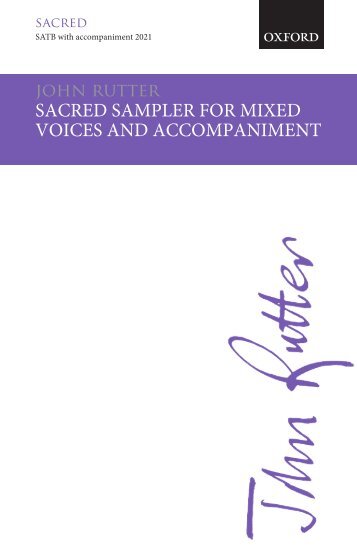
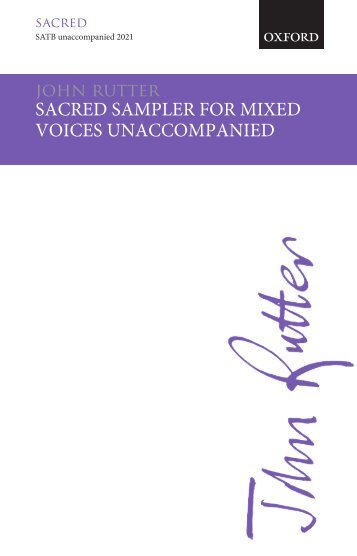
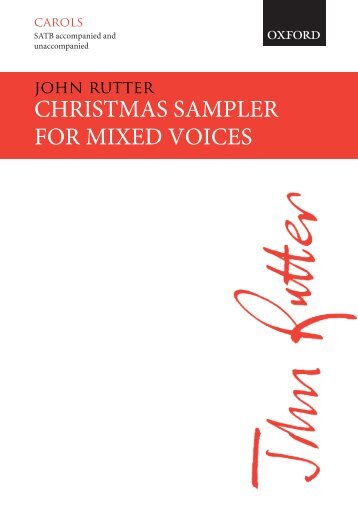
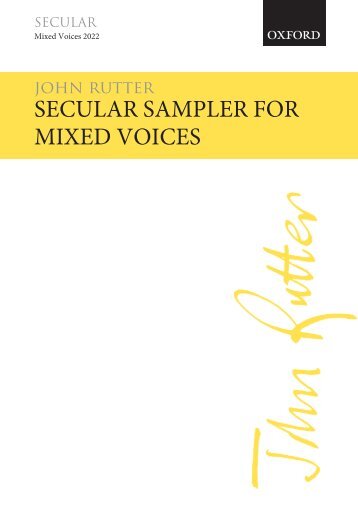
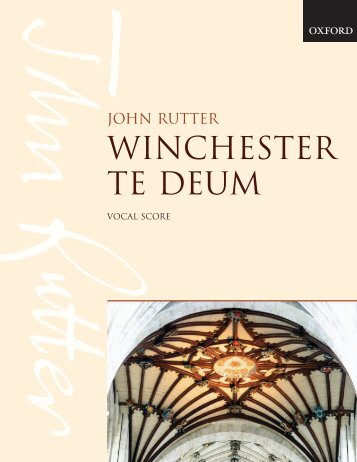
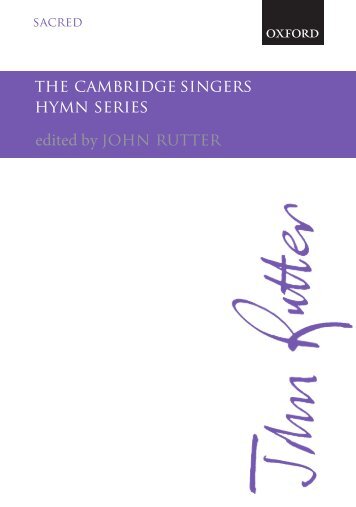
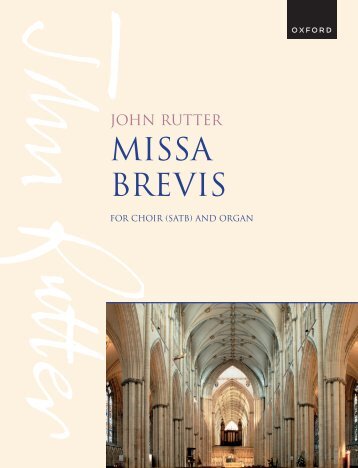
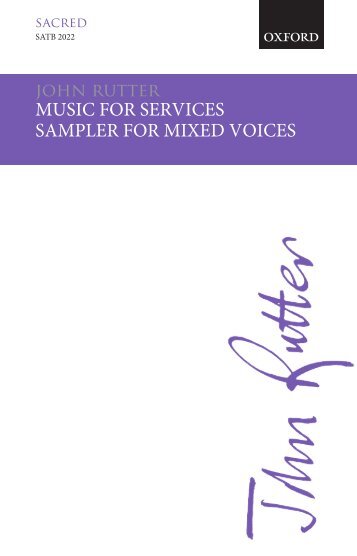
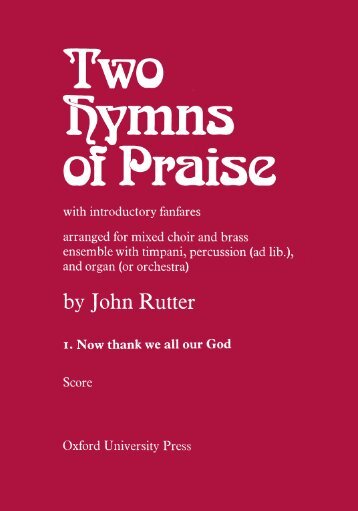
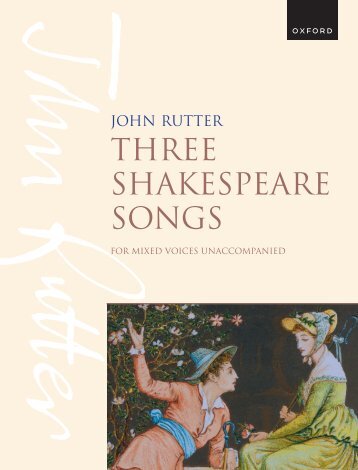
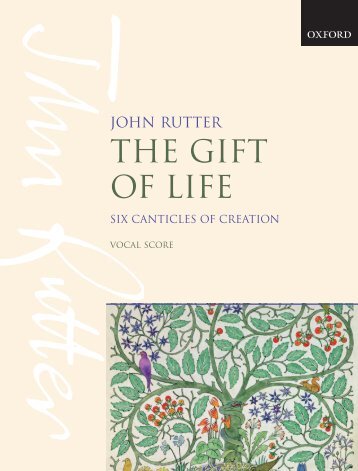
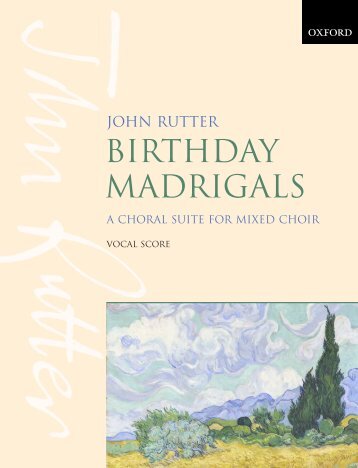
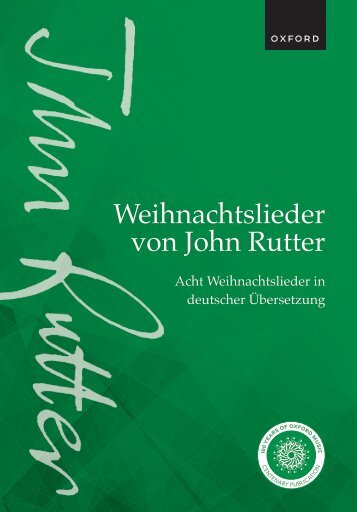
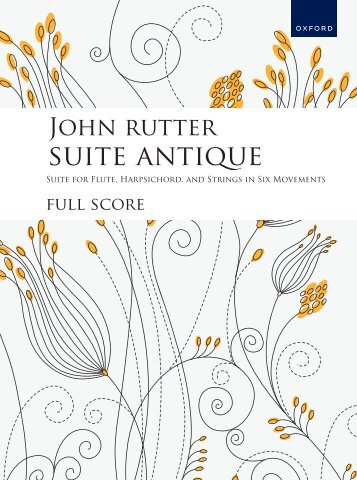
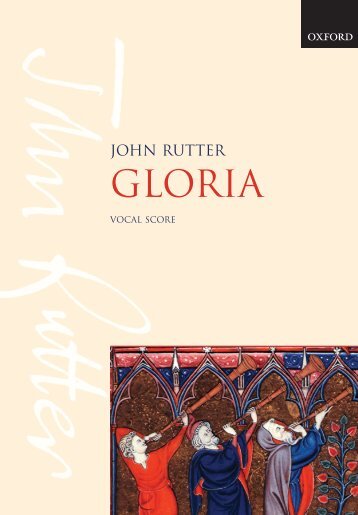
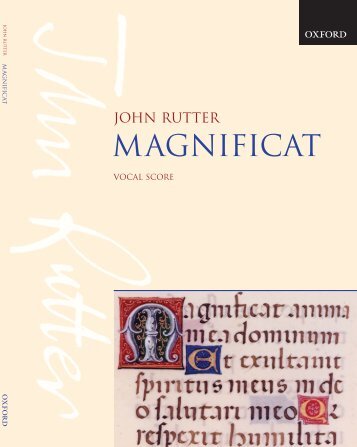
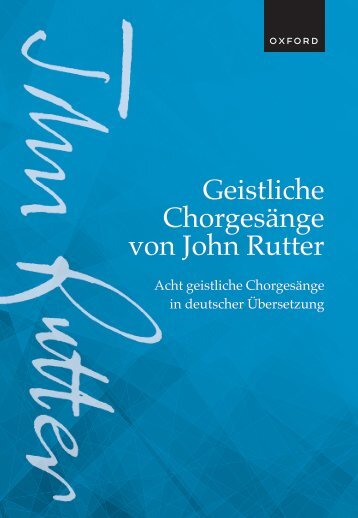
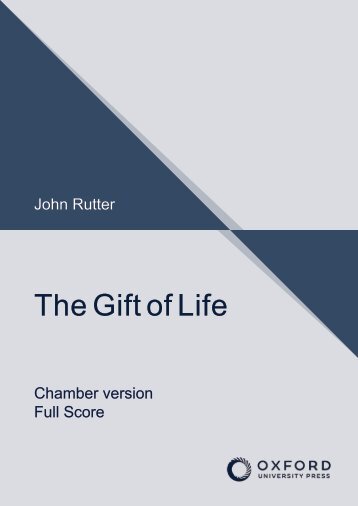
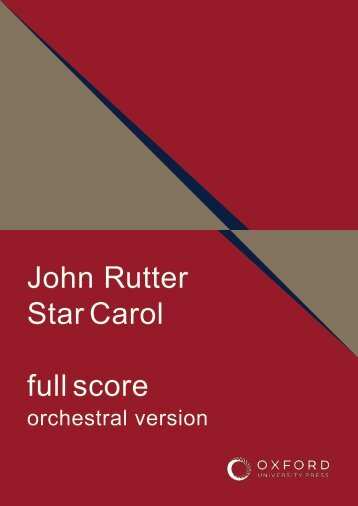
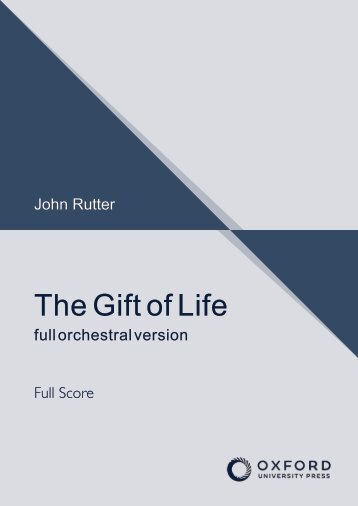
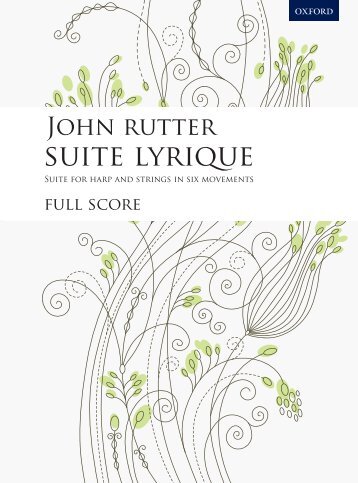
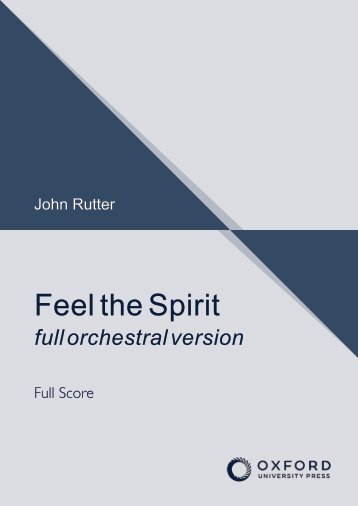

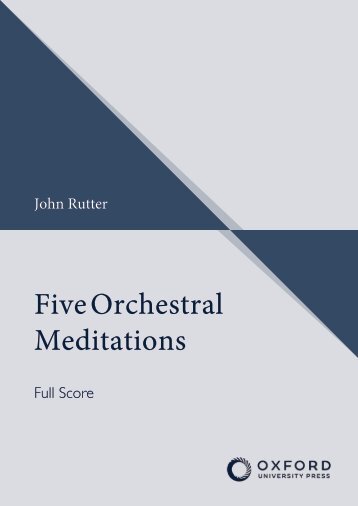
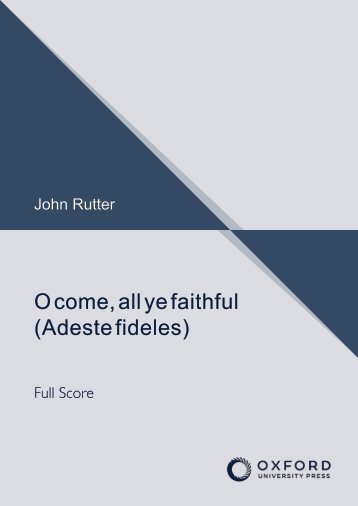
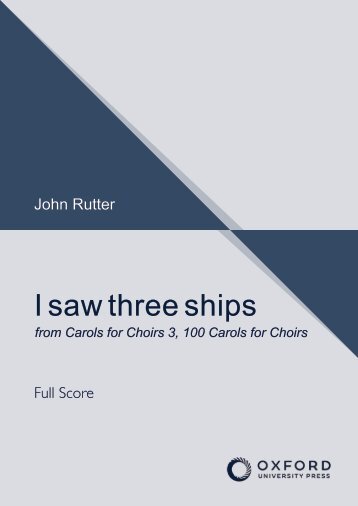
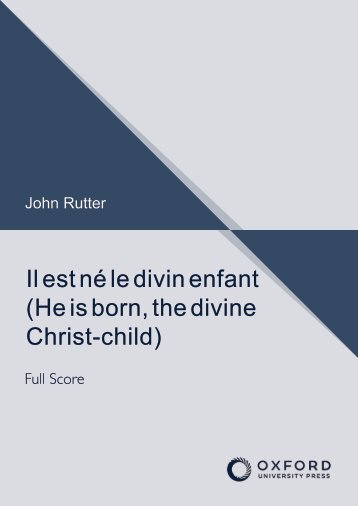
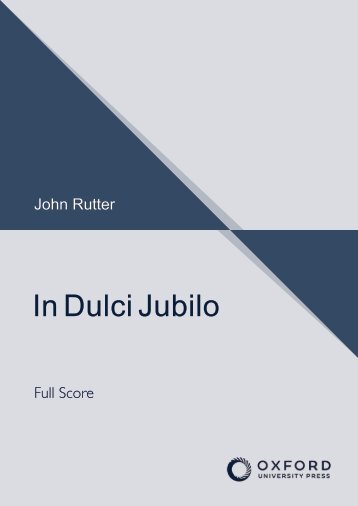
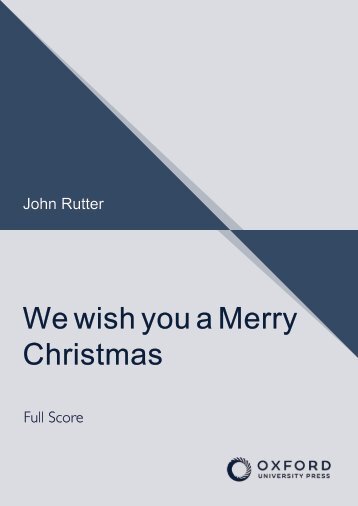
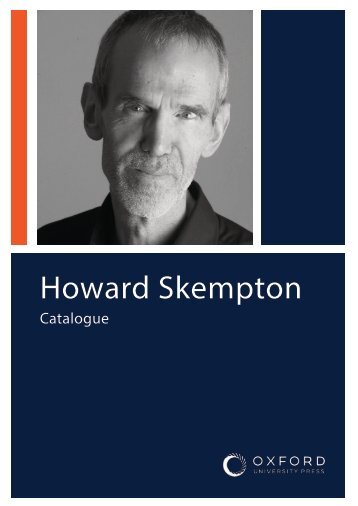

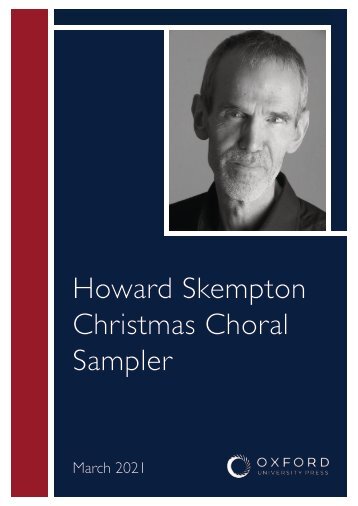
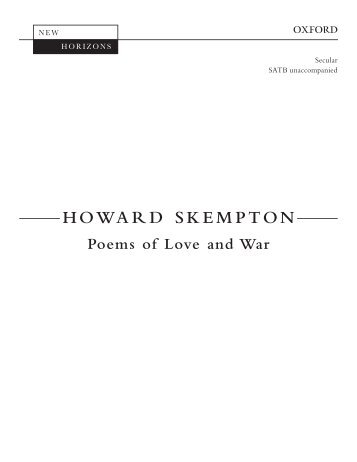


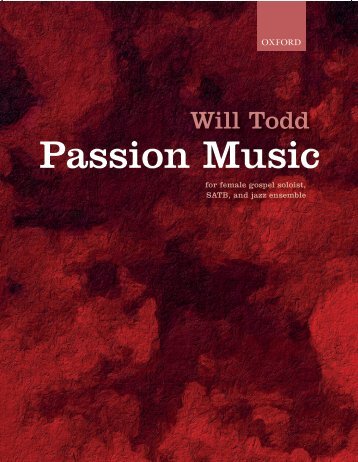
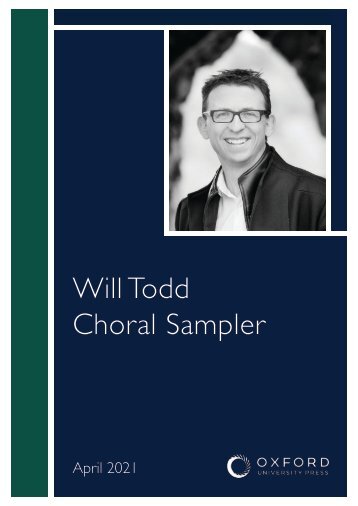
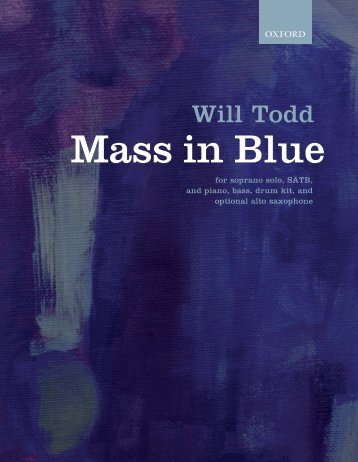
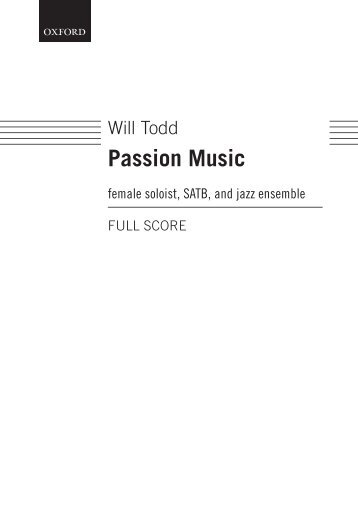
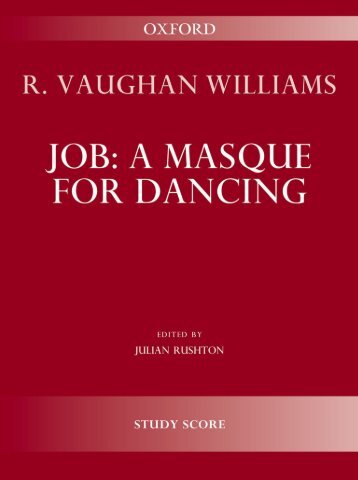
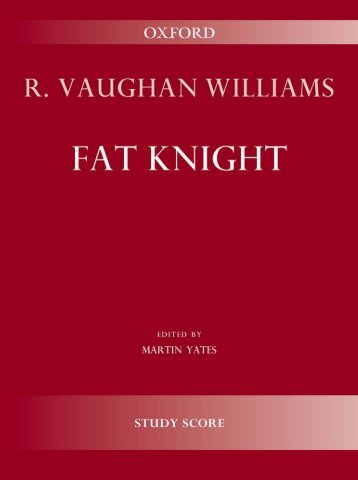
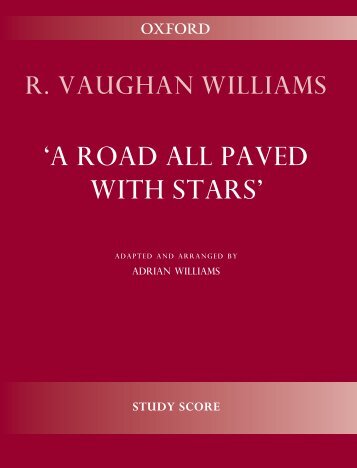
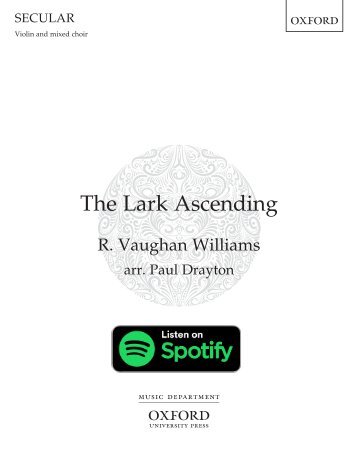
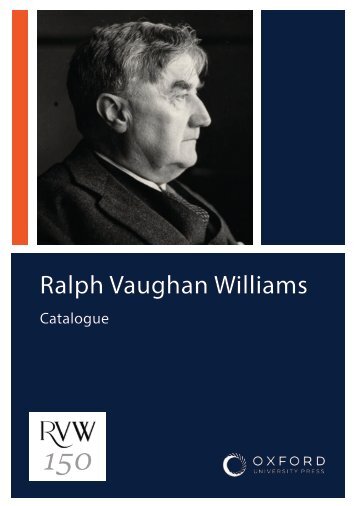
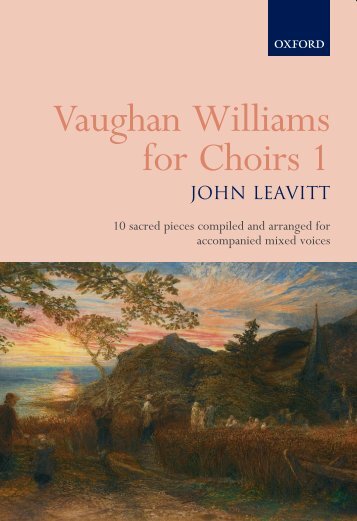
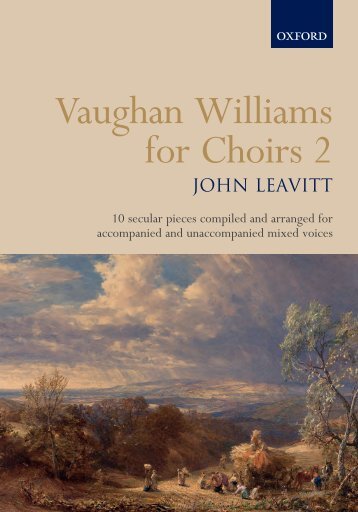

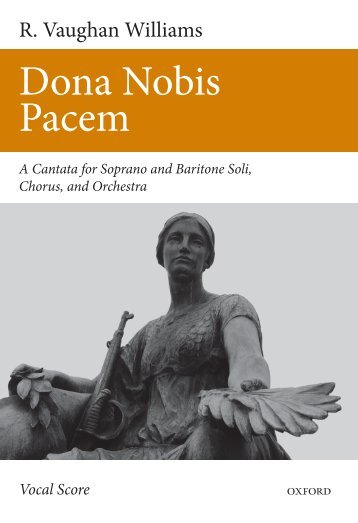
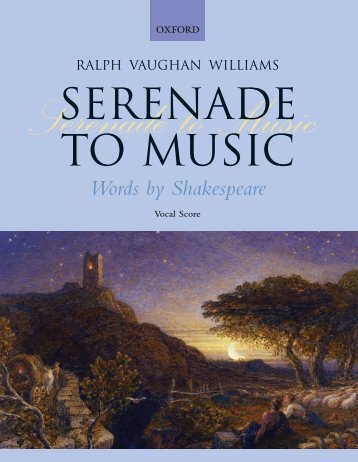
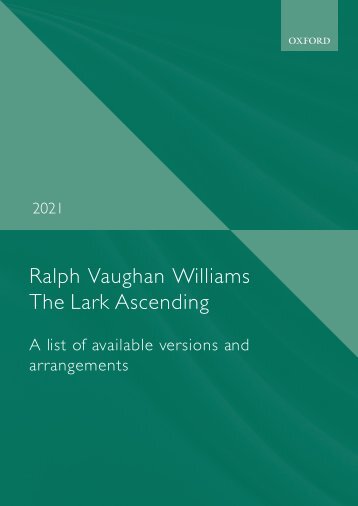

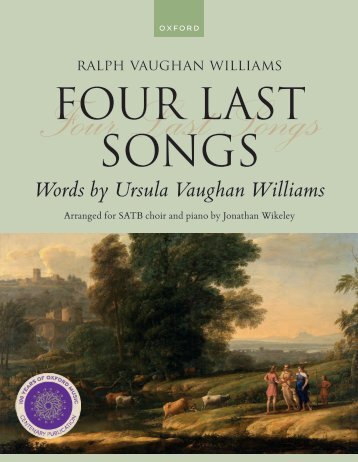

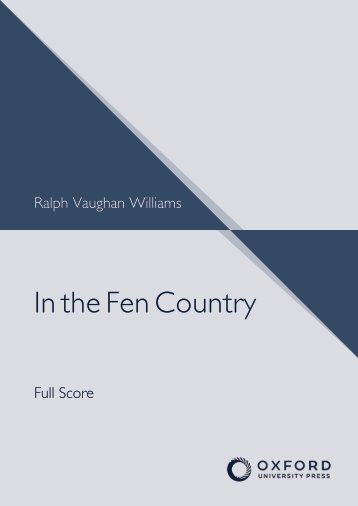
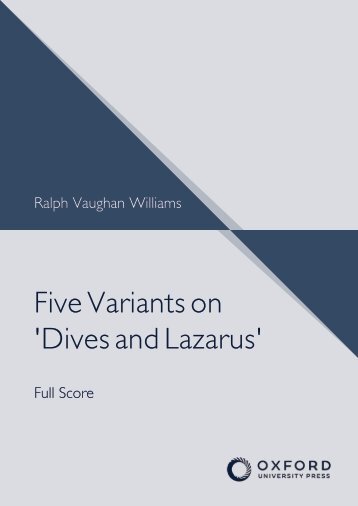
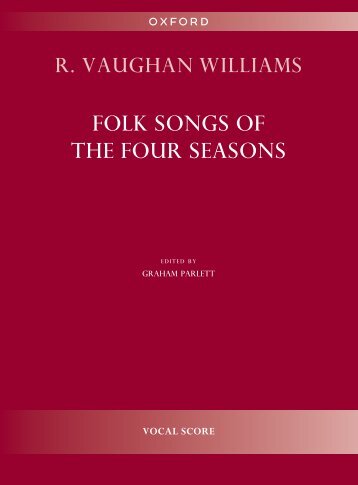
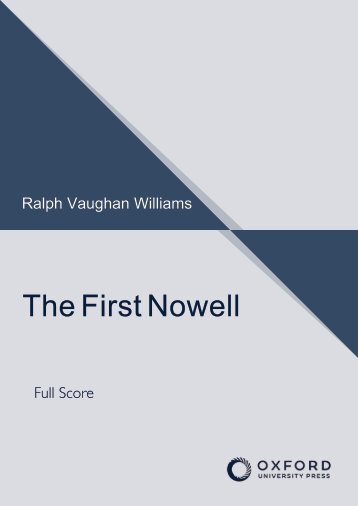



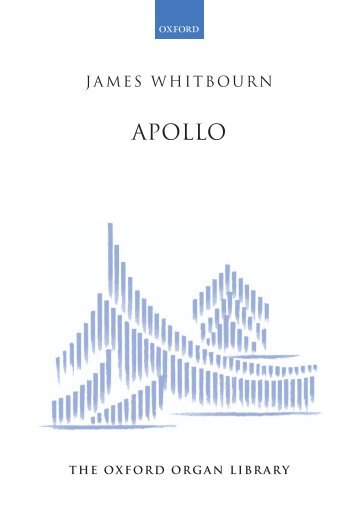



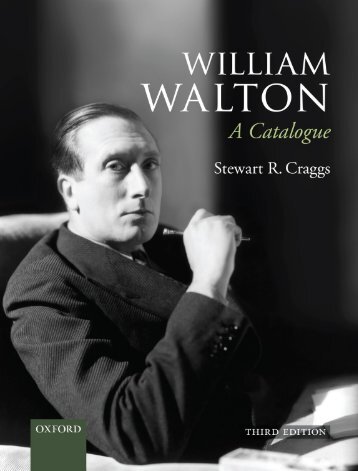
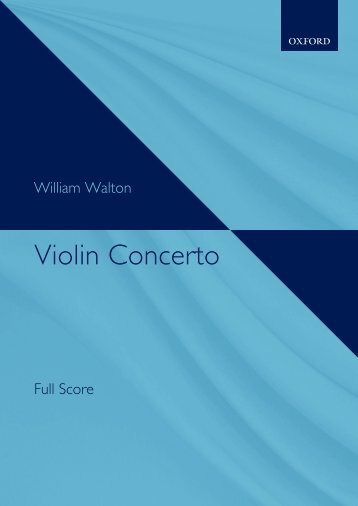
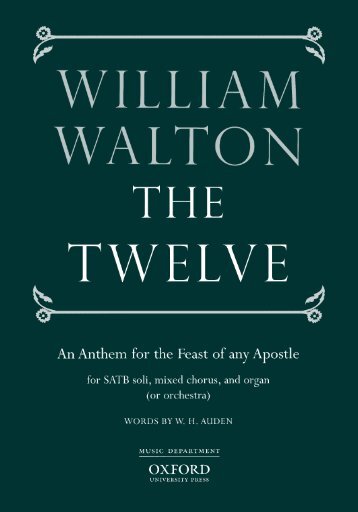




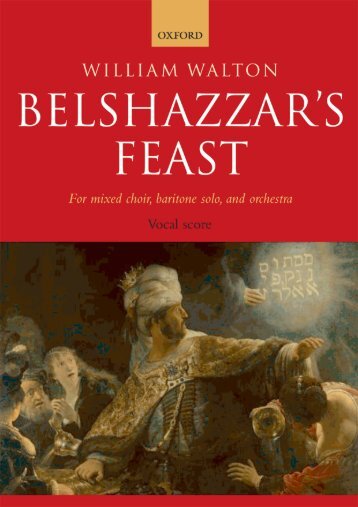



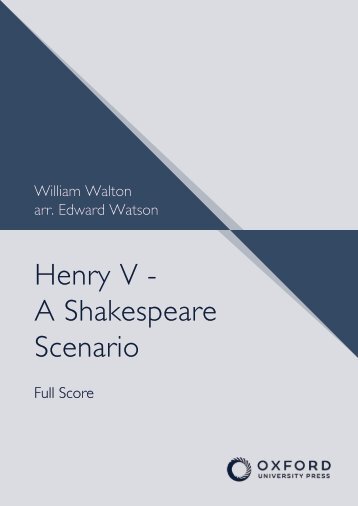
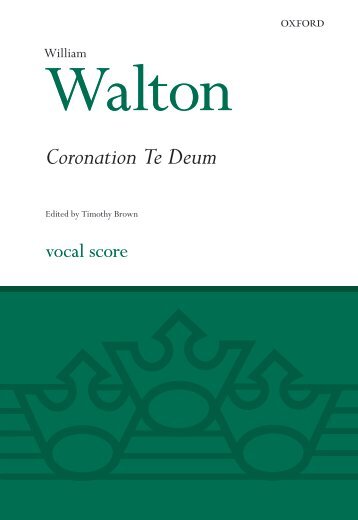
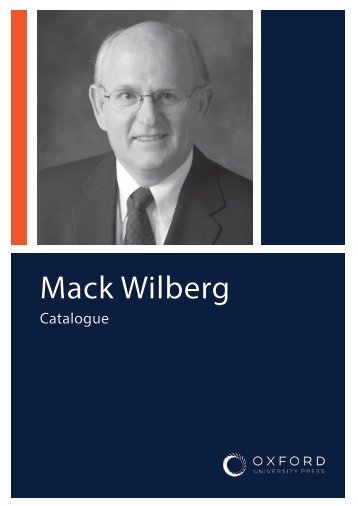
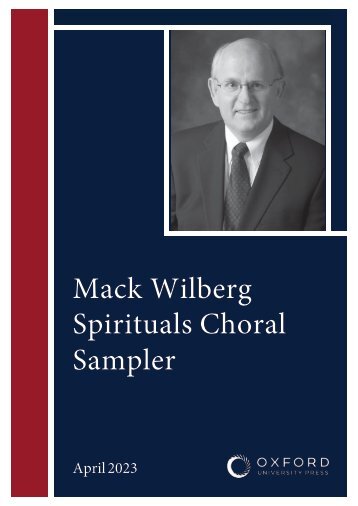
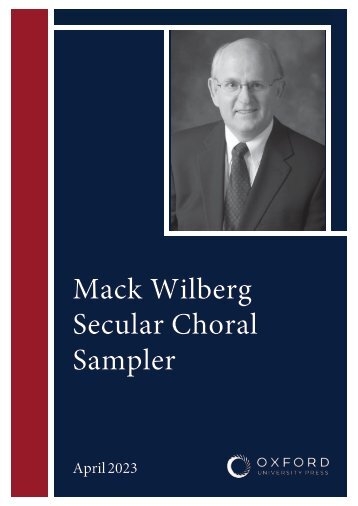




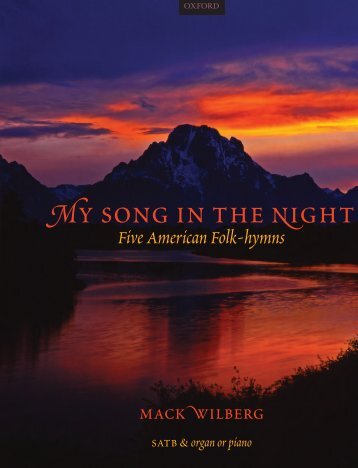
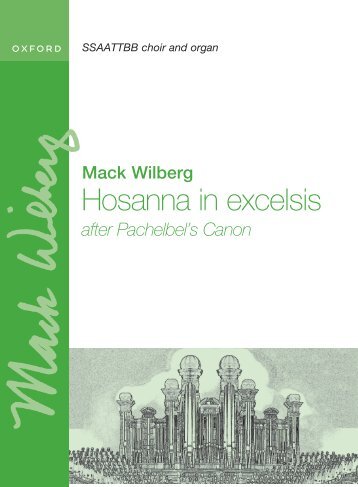
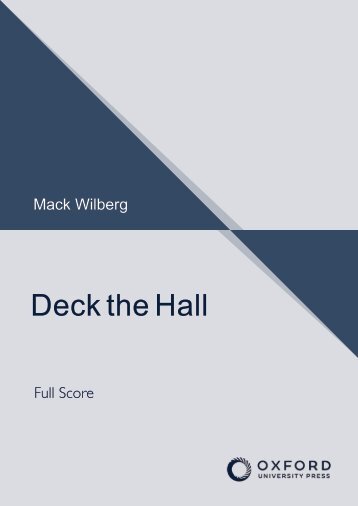
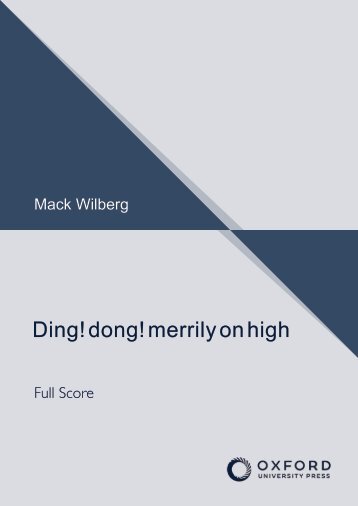


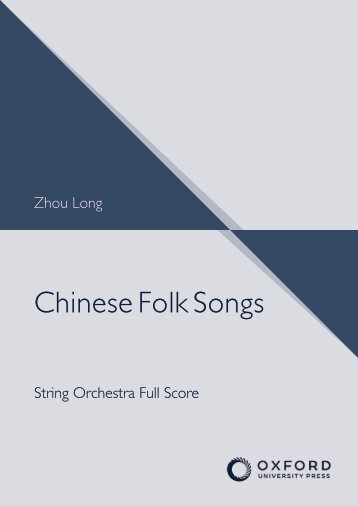
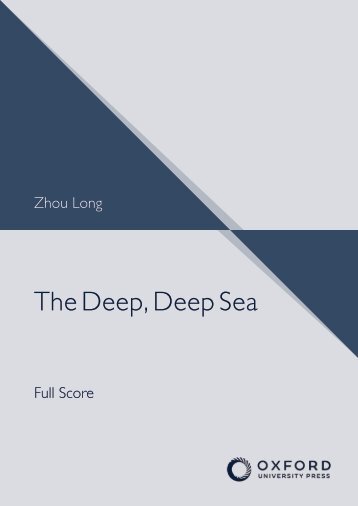
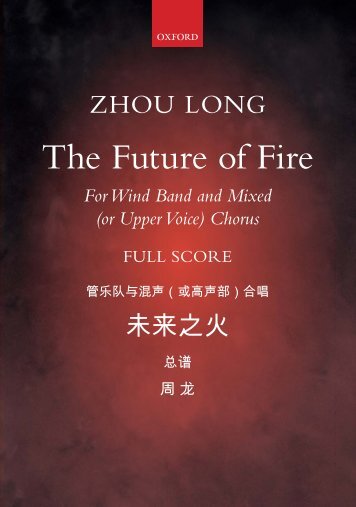





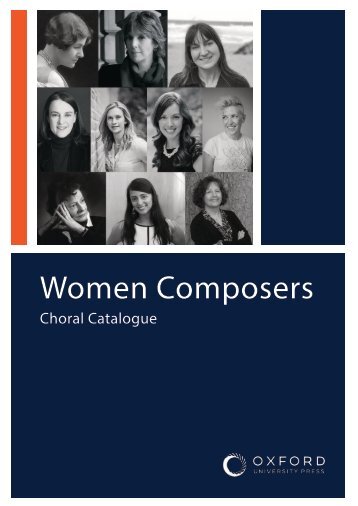
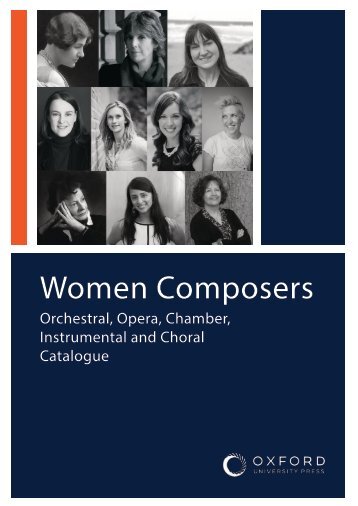
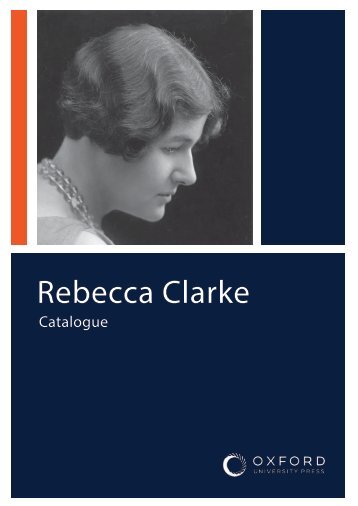

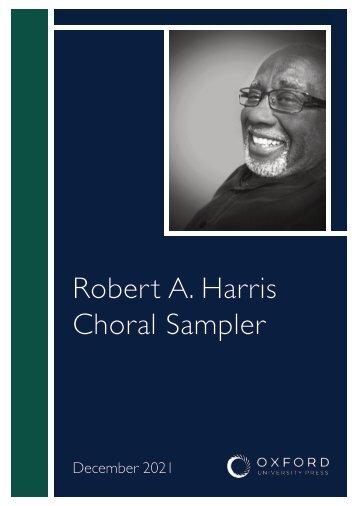
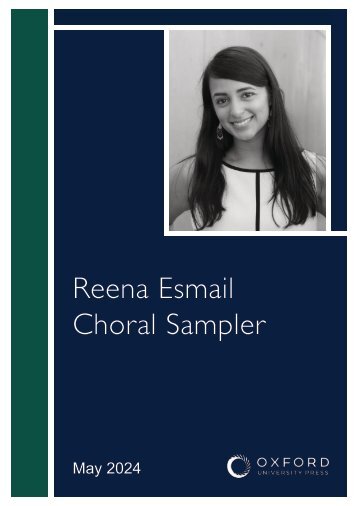
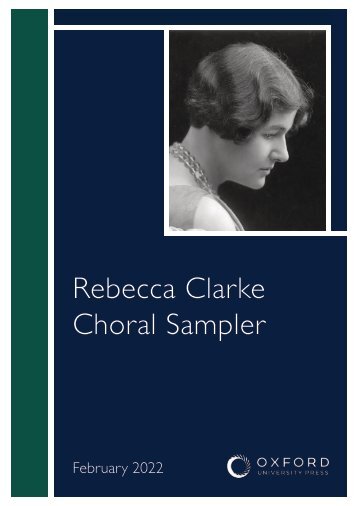
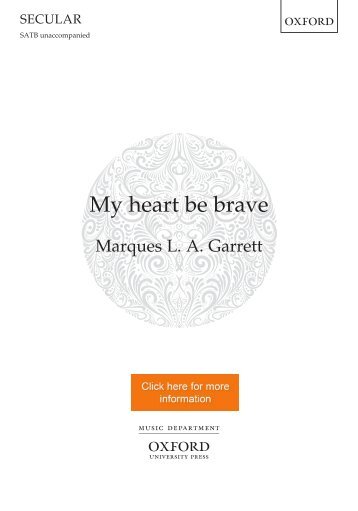
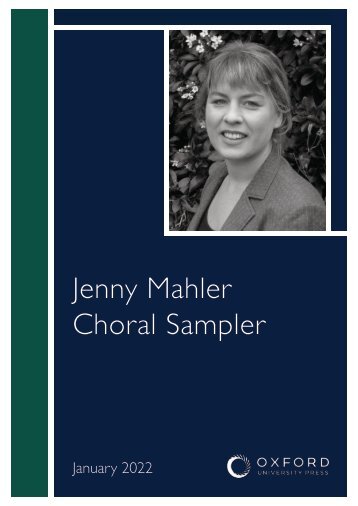
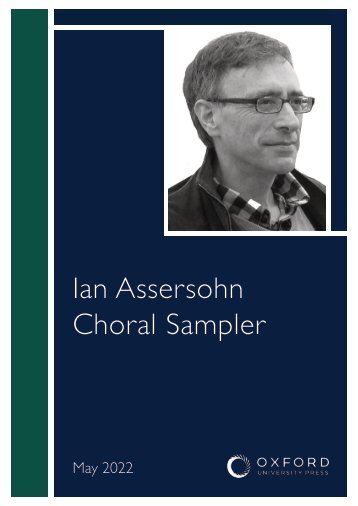
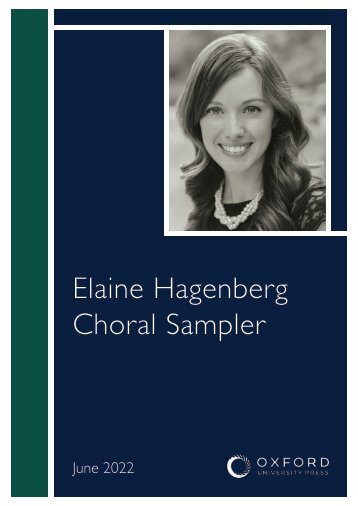
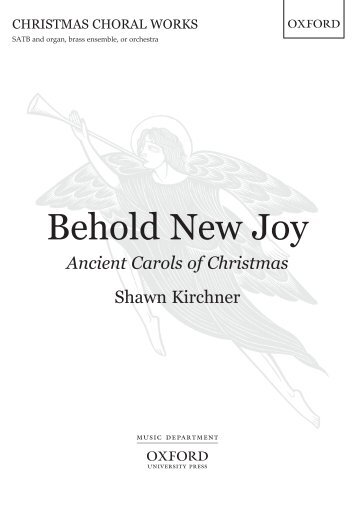
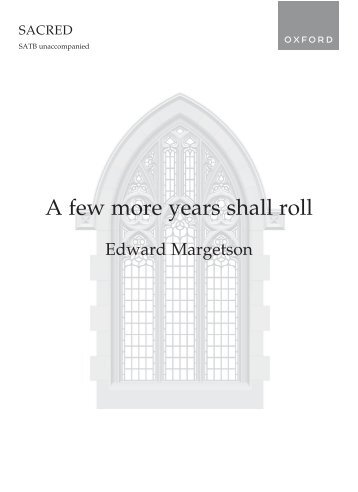
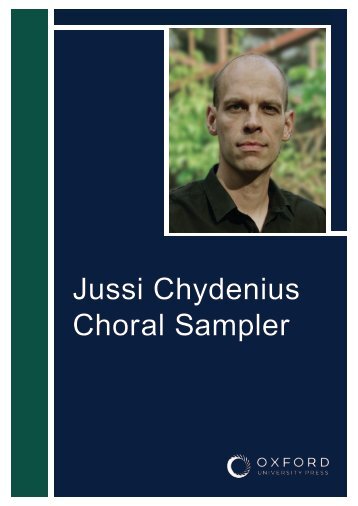


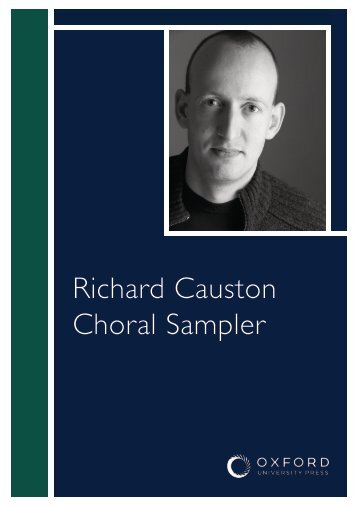
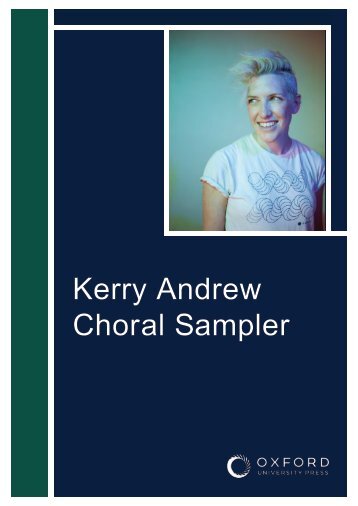
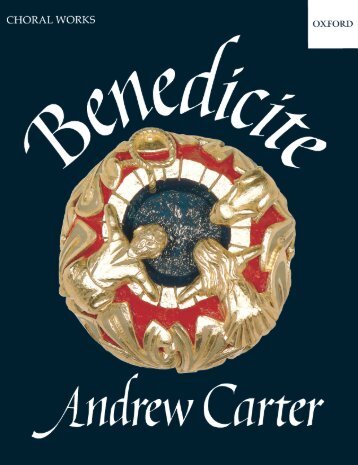

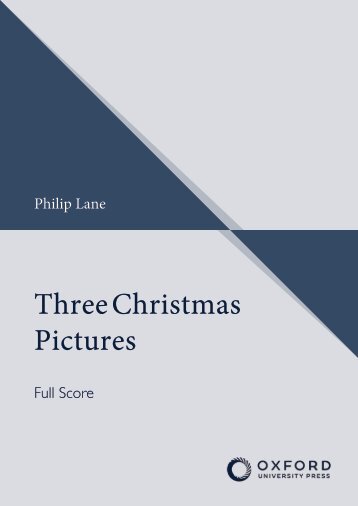
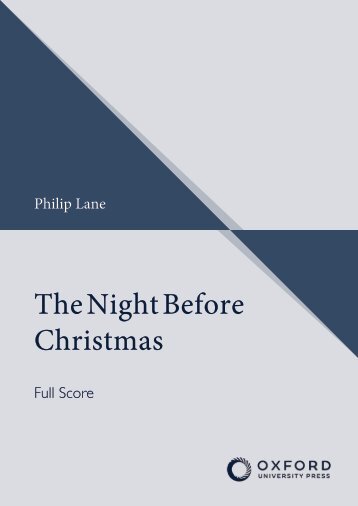

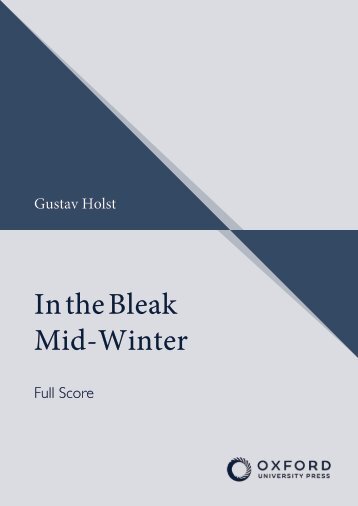
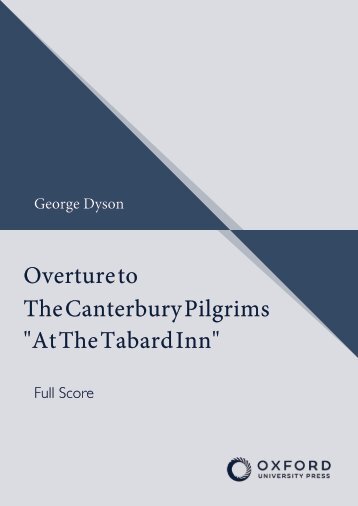
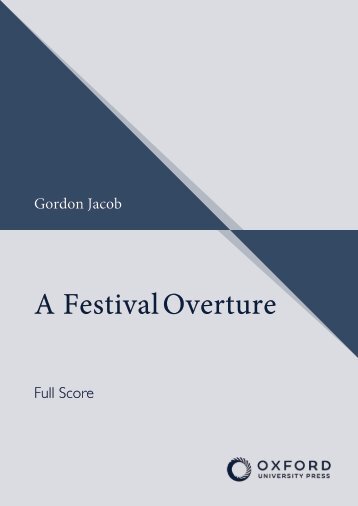

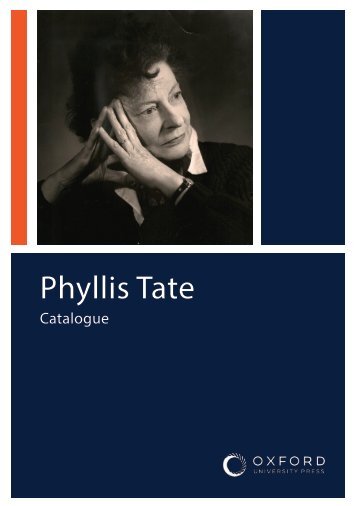
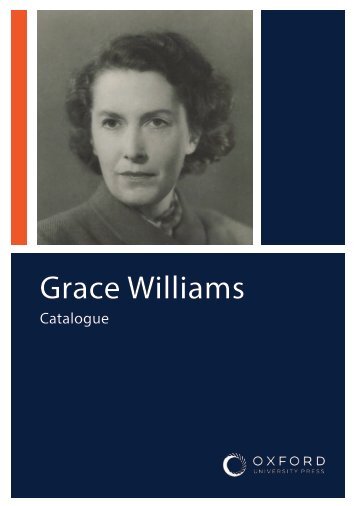

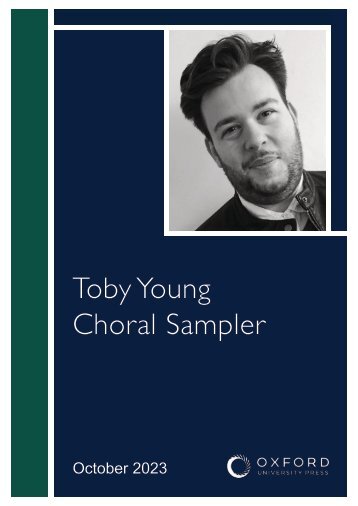
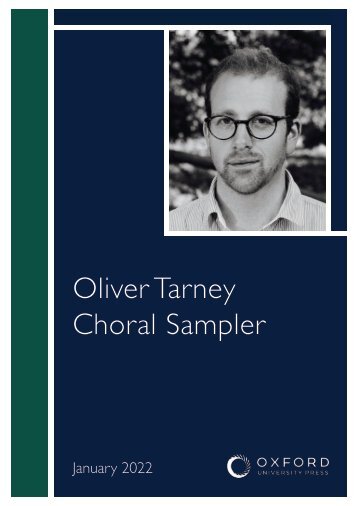
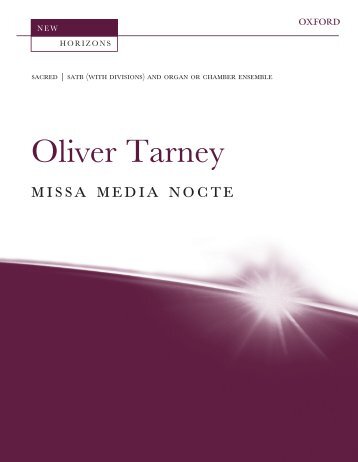
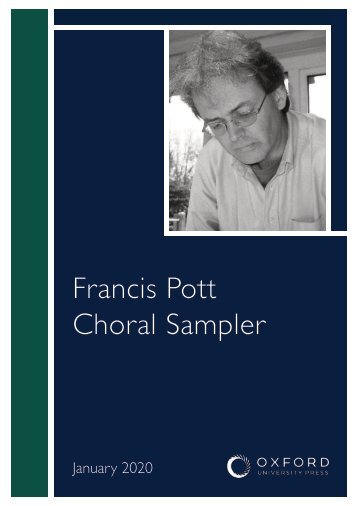
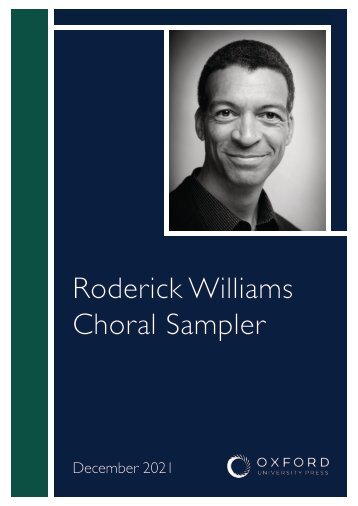
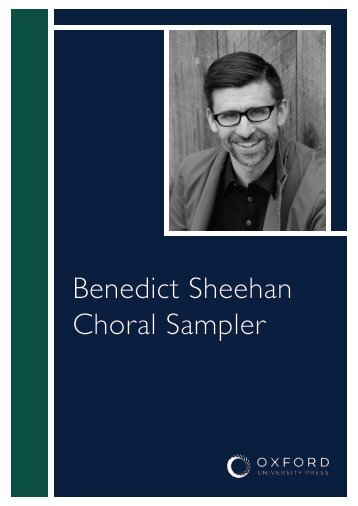
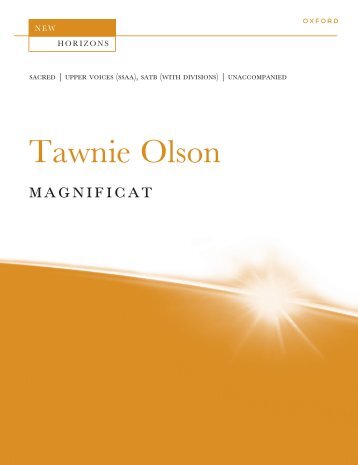
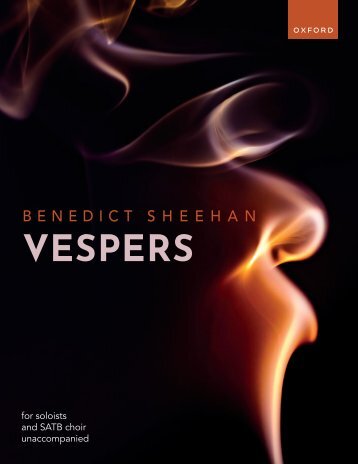
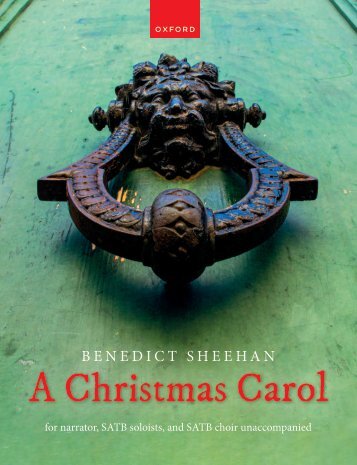
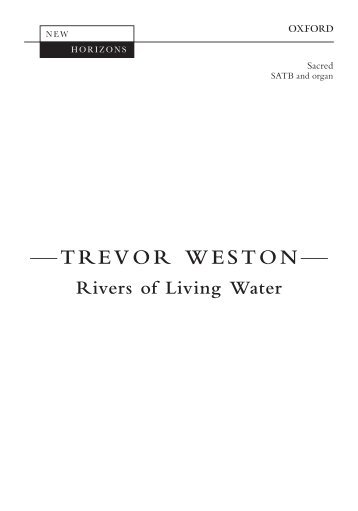
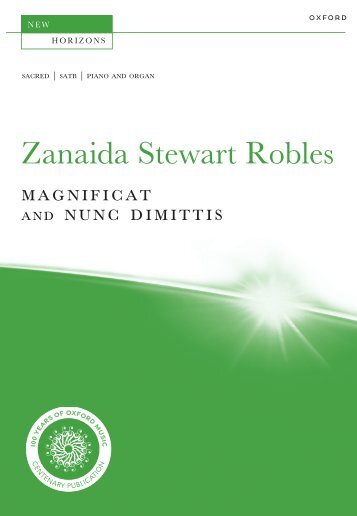

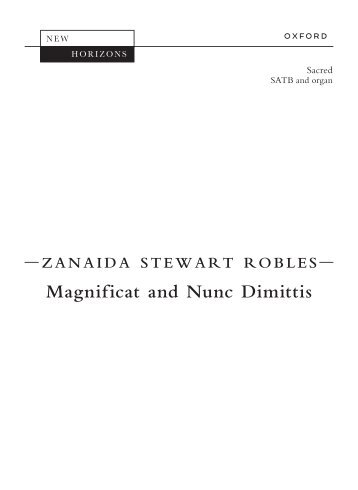
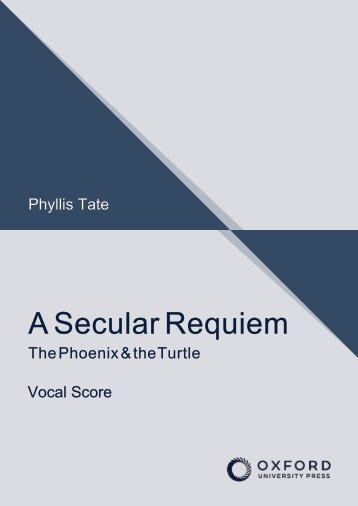

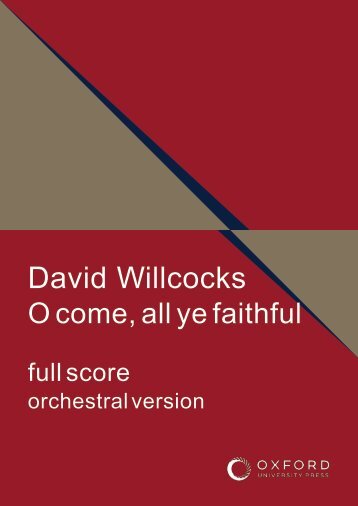
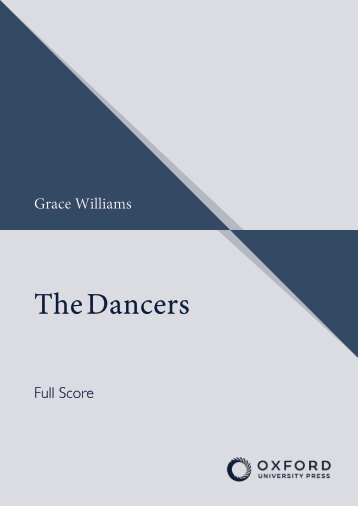

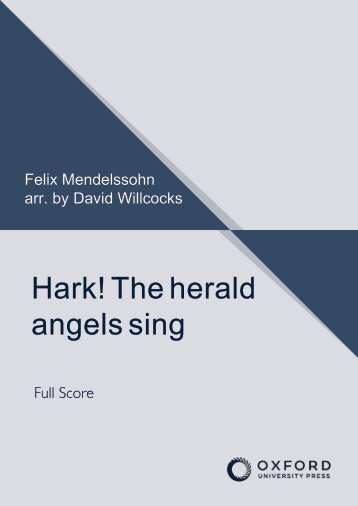
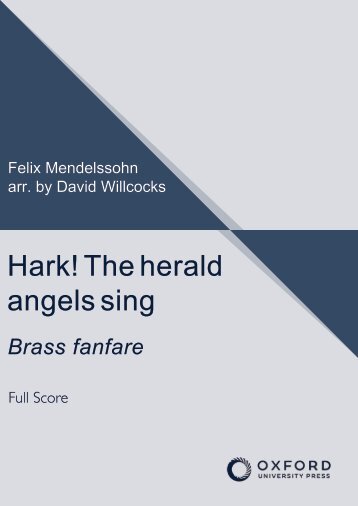

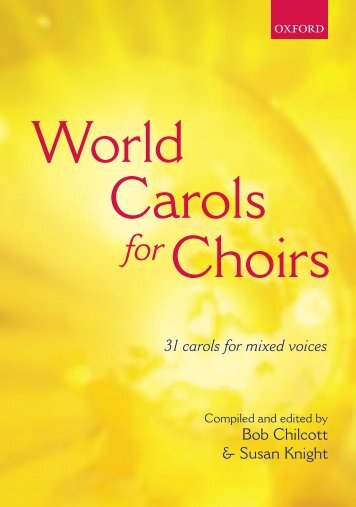
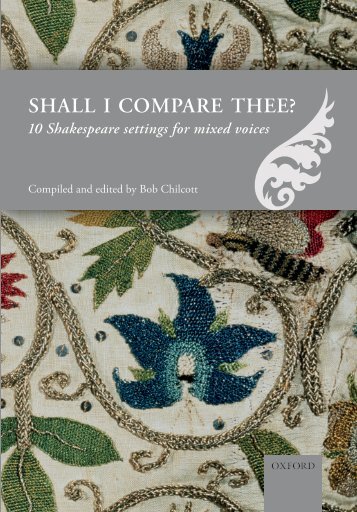
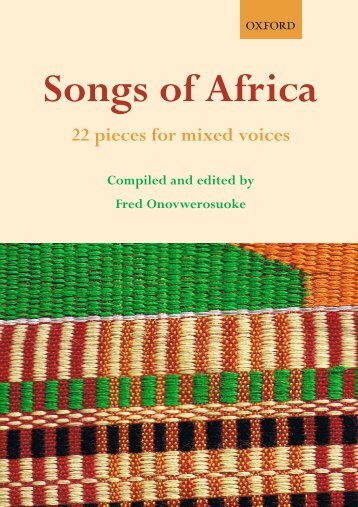



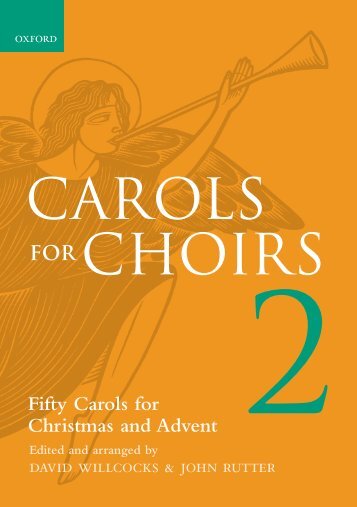
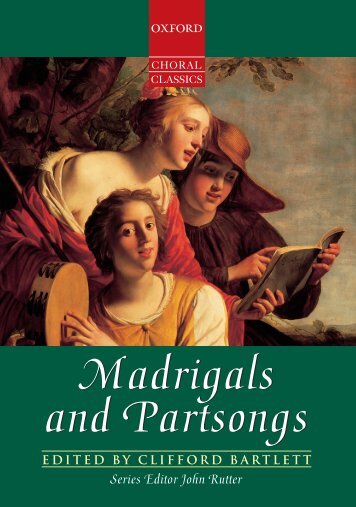
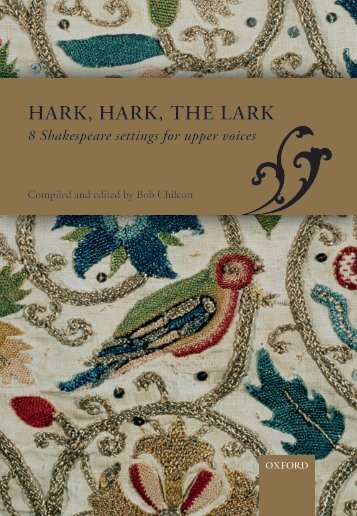
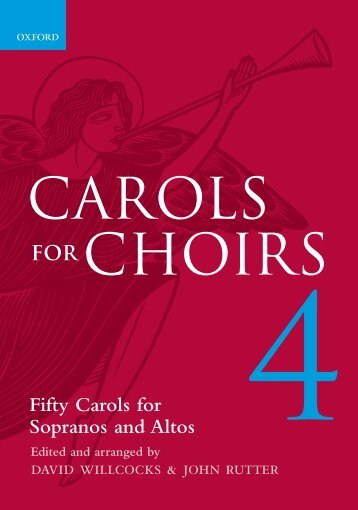
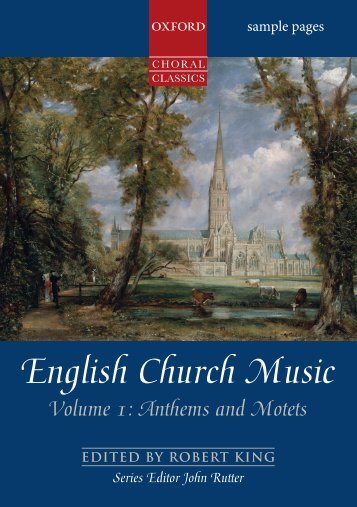
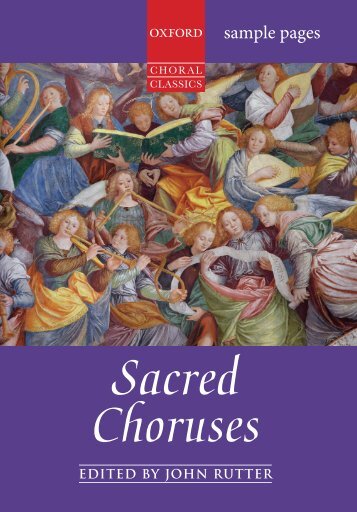

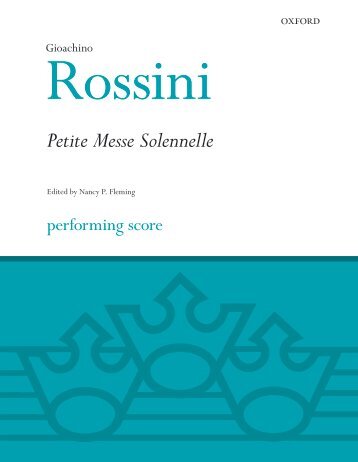
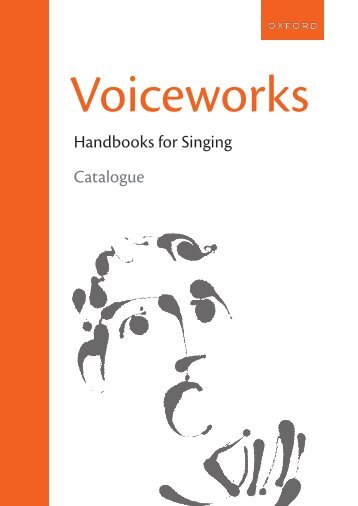
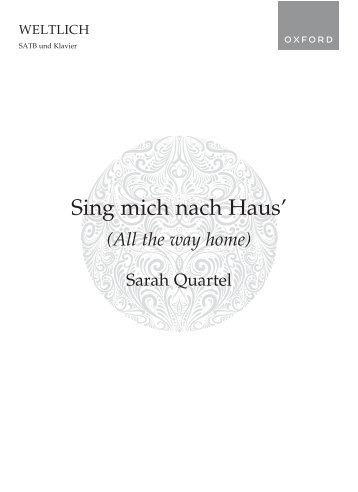
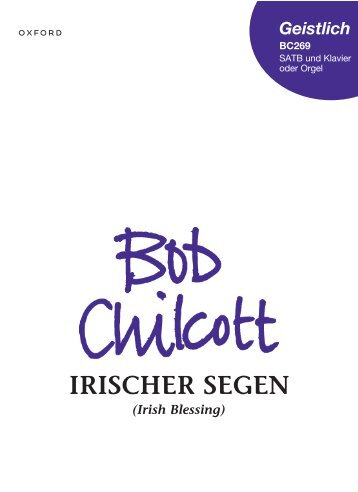

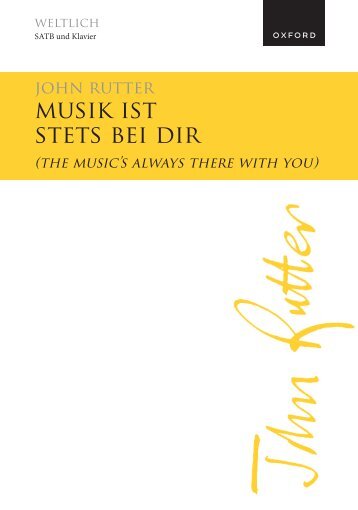
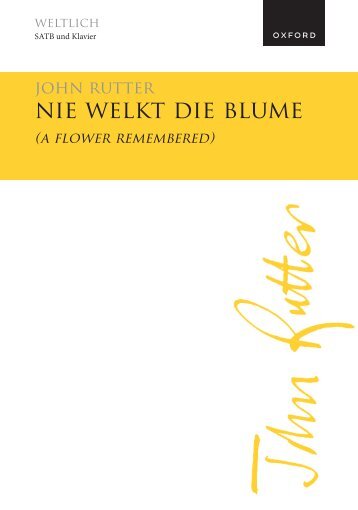

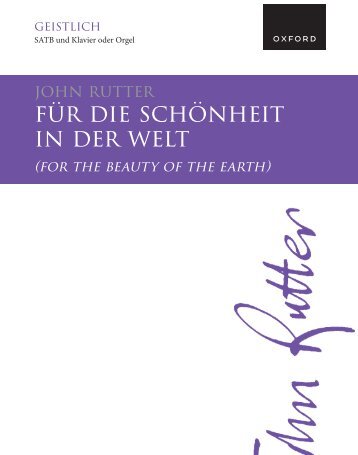
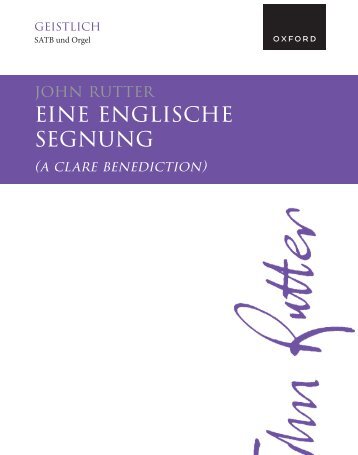

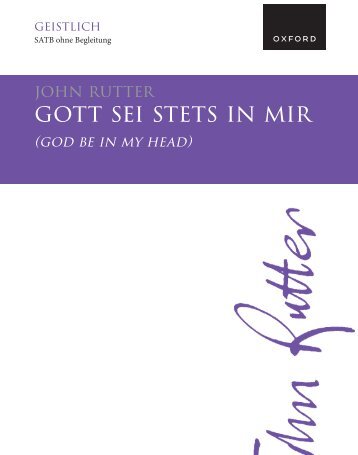
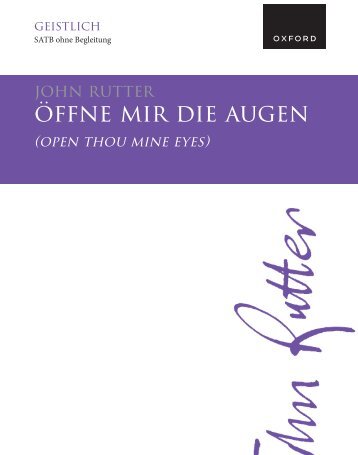

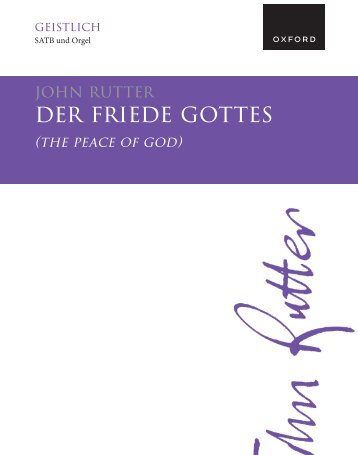
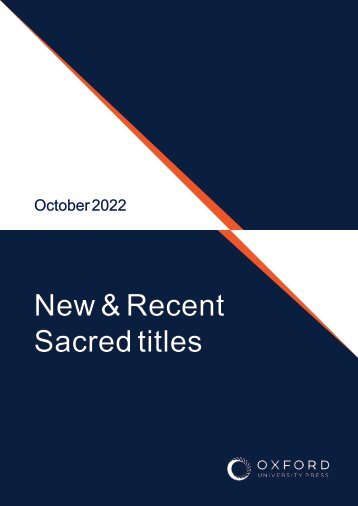

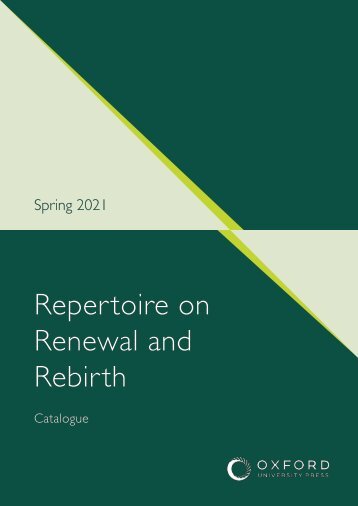
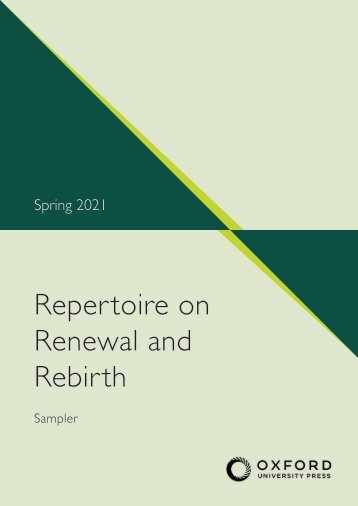
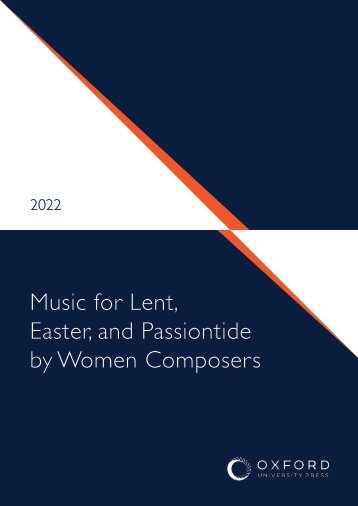
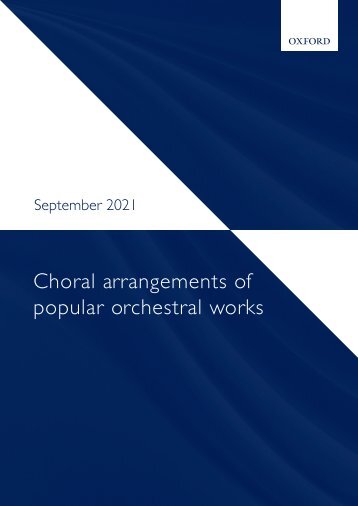
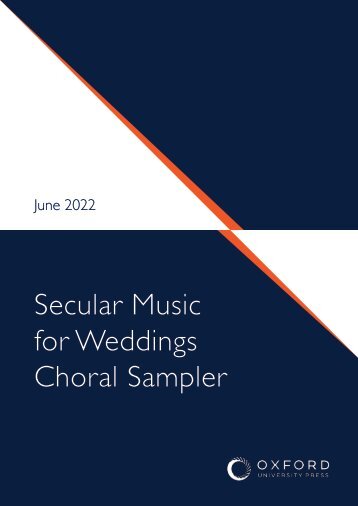

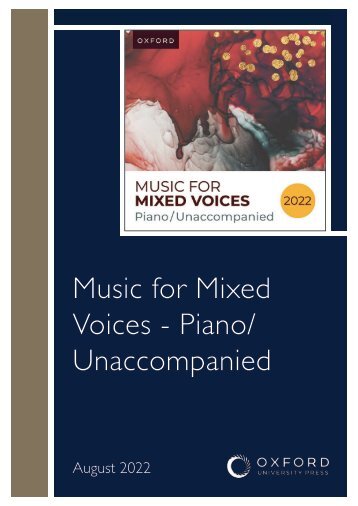
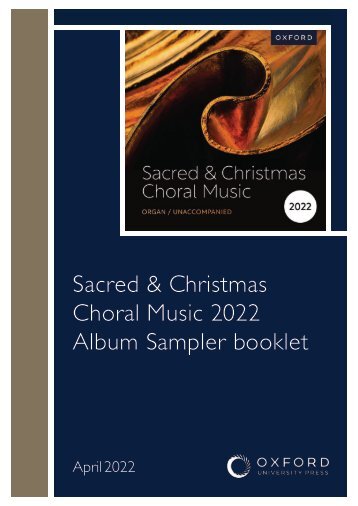
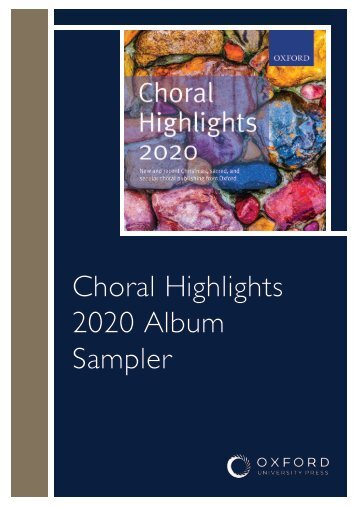
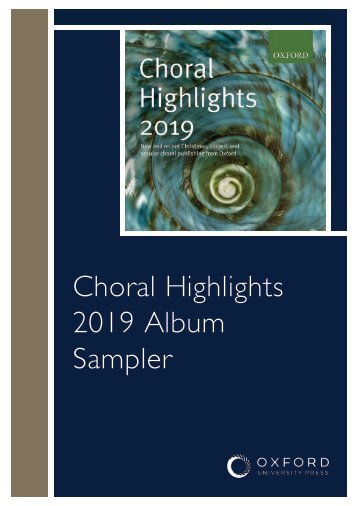
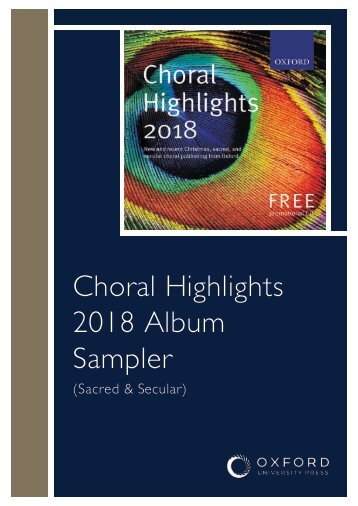

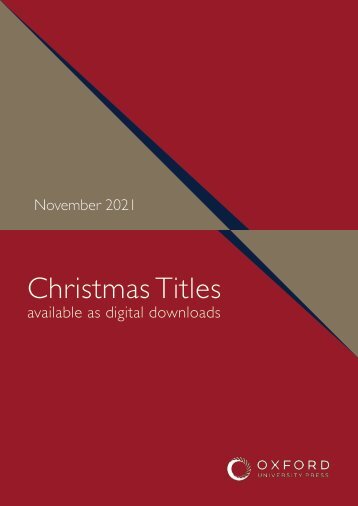
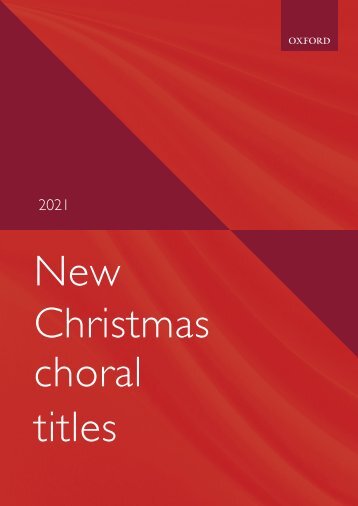
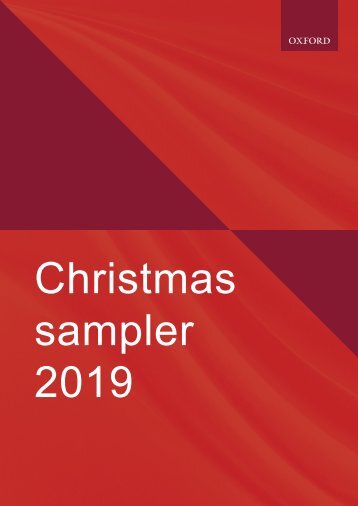
Facebook
Twitter
Email